As another African leader bites the dust, the whole world is trying to make sense out of the double tragedy that struck the tiny West African country of Guinea-Bissau. Her
President Joao Bernardo Vieira 69 (right), and Chief of Army Staff,
General Tagme Na Waie (below) were respectively killed within just a few hours apart. The former by 5.00am Monday March 2, 2009 and the later on Sunday March 1, 2009 night?

The marauding and rebellious soldiers which took the life of the president were reacting to the act of violence authorised, sanctioned and carried out by and on the orders of the late president on their chief of army sta
ff. According to available information, the chief of army staff was bombed to death in his official quarters on the direct orders of the late president?
Icheoku says,
what a brutal taking of law into ones' hands both by the president who instigated his own very demise and the amok-running khaki-boys who wasted him in retaliation! Why must a sitting African president always see himself as a "god" who can, at his whims, take the life of another human-being without first going through due process? In a way,
Icheoku some-what accedes to the riotous soldiers show of instant justice, at least to prove to these African "demi-gods" leaders that they are not all that supreme!

If the chief of army staff did something wrong, where was the president's Commander-In-Chief's power, with which he would have relieved him of his office; rather than the primitive act of "shooting him between the eyes"? The chief of Army staff was, before any-other thing, a brother, a husband, a father, an uncle and a tribesman to so many Guinea-Bissau people; so why would the late president think that his action will not elicit a response? This is especially so in Africa, where tribal loyalty far exceed any allegiance to any oath of office, and revenge-killing is somewhat viewed as very honorable; and coming just a few hours after the state murder of an "innocent" Chief of Army staff makes it more "worthwhile". According to law, one is innocent until proven guilty, so without any form of trial, the Chief of Army Staff would be adjudged innocent.

Icheoku says, the Chairman of ECOWAS
Mohamed Ibn Chambas assertion that the killing
"is not only the assassination of a president or a chief of staff, it's the assassination of democracy", is an arrant nonsense as the president is not by himself the democracy in Guinea-Bissau but a mere product of the democracy and in his absence, another president will be elected. Also,
if only the president had realized that in a democracy, there is a thing called rule of law, may be he would have not authorized the brutal murder of the chief of army staff and by so doing would have been alive today. The army sustains democracy in any given society and to simply kill their chief of staff without any cogent reason and in total disregard to due process, was the biggest insult on the Guinea-Bissau Armed Forces and peradventure, they reacted accordingly, as expected. Admitted an eye for an eye makes the world go blind, but Jesus Christ minded us that he who kills by the sword goes by the sword!

The Guinea-Bissau armed forces spokesman
Samuel Fernandes, spoke well when he vowed that they
"are going to pursue the attackers and avenge ourselves." Icheoku says, now that they have avenged the death of their chief of staff, may they allow democracy to continue to flourish in Guinea-Bissau and remain the brave custodians thereof, which they are! Be that as it may,
Icheoku commiserates with the people of Guinea-Bissau on the double tragedy of their army chief of staff and president's violent deaths.

 The Guinea-Bissau armed forces spokesman Samuel Fernandes, spoke well when he vowed that they "are going to pursue the attackers and avenge ourselves." Icheoku says, now that they have avenged the death of their chief of staff, may they allow democracy to continue to flourish in Guinea-Bissau and remain the brave custodians thereof, which they are! Be that as it may, Icheoku commiserates with the people of Guinea-Bissau on the double tragedy of their army chief of staff and president's violent deaths.
The Guinea-Bissau armed forces spokesman Samuel Fernandes, spoke well when he vowed that they "are going to pursue the attackers and avenge ourselves." Icheoku says, now that they have avenged the death of their chief of staff, may they allow democracy to continue to flourish in Guinea-Bissau and remain the brave custodians thereof, which they are! Be that as it may, Icheoku commiserates with the people of Guinea-Bissau on the double tragedy of their army chief of staff and president's violent deaths.
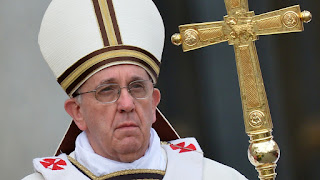





















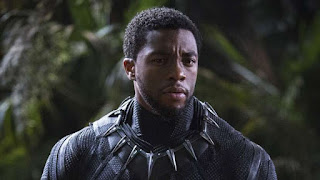



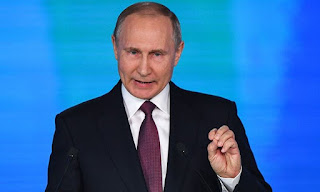

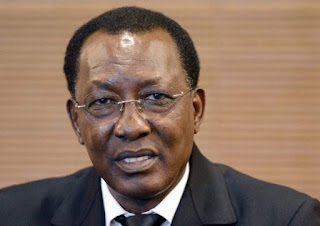









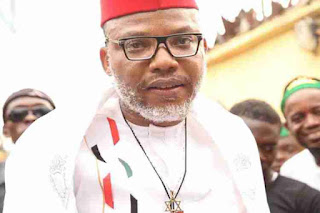

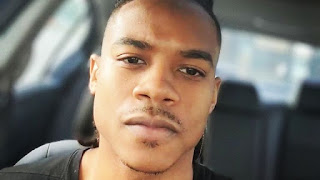

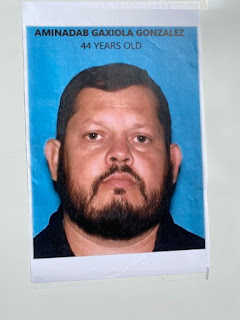













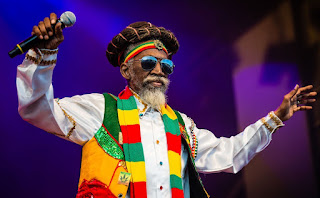





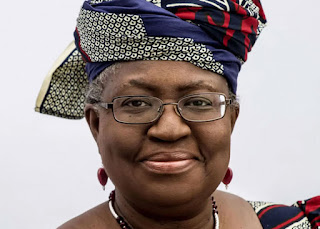











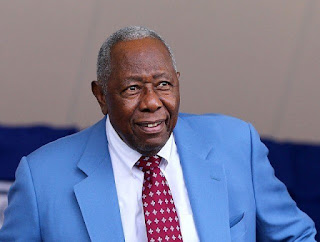





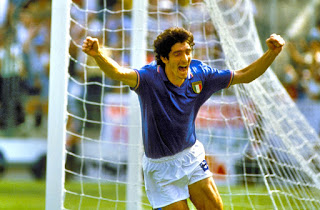
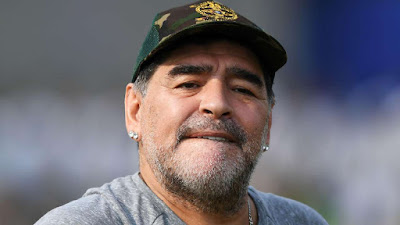


































































































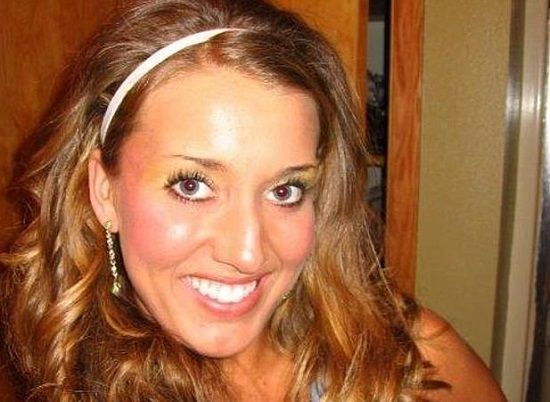
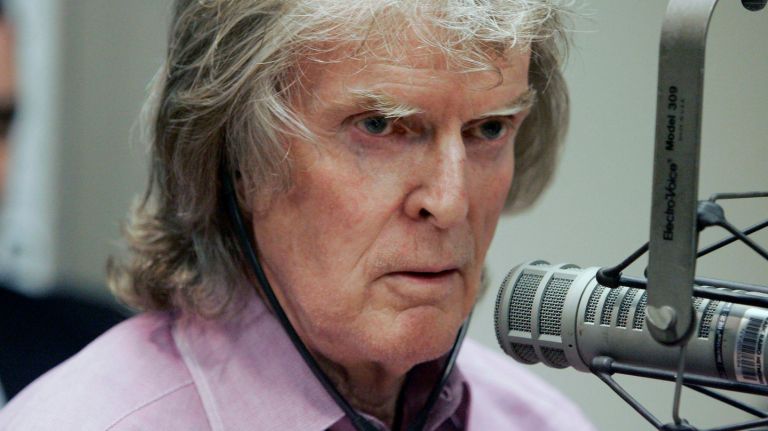


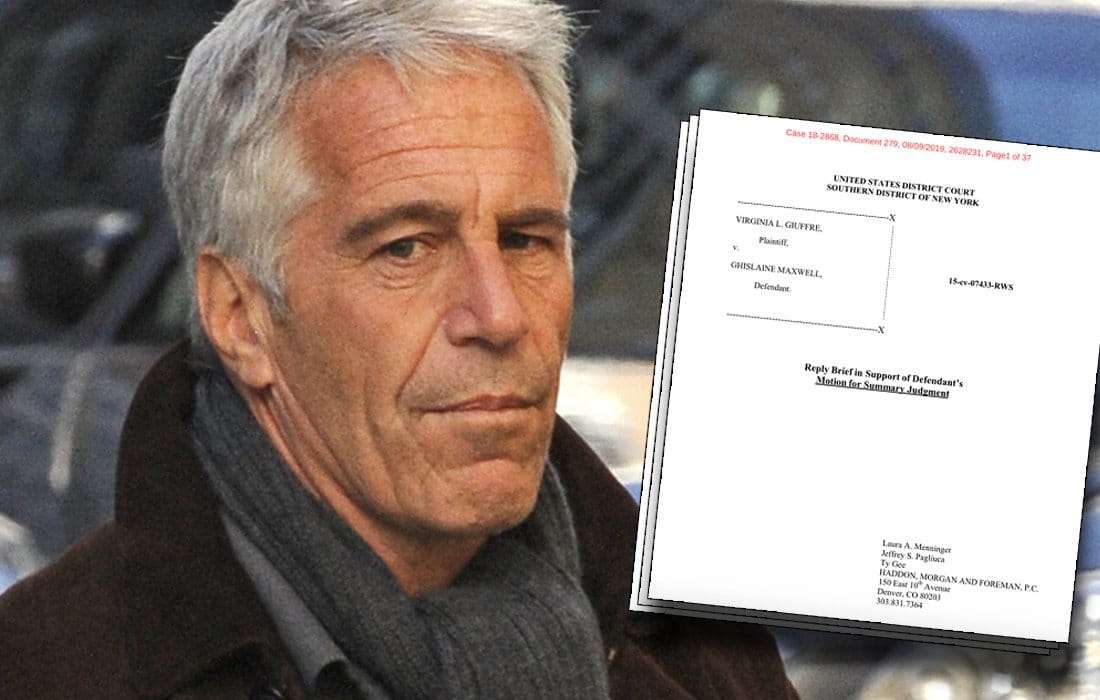











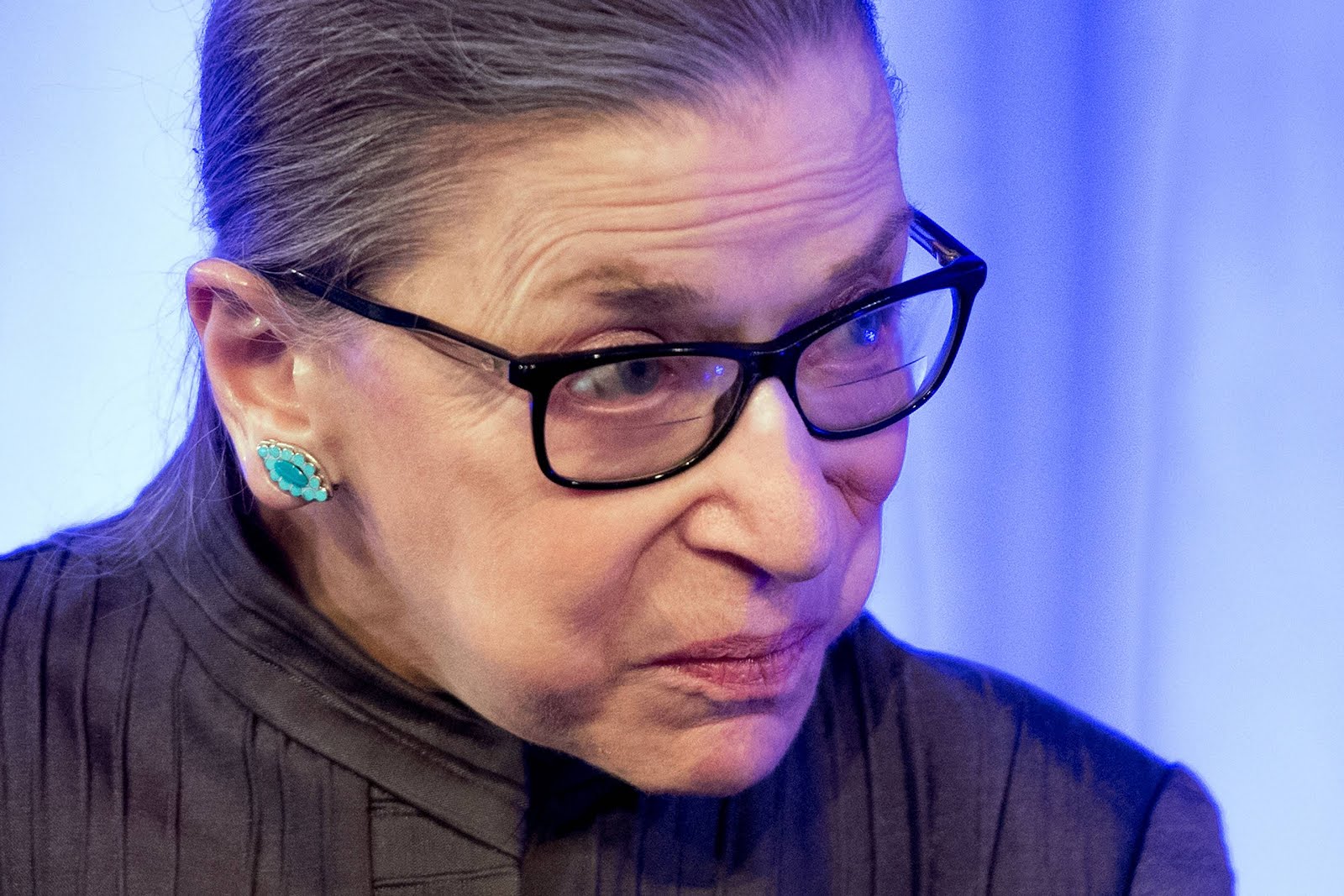



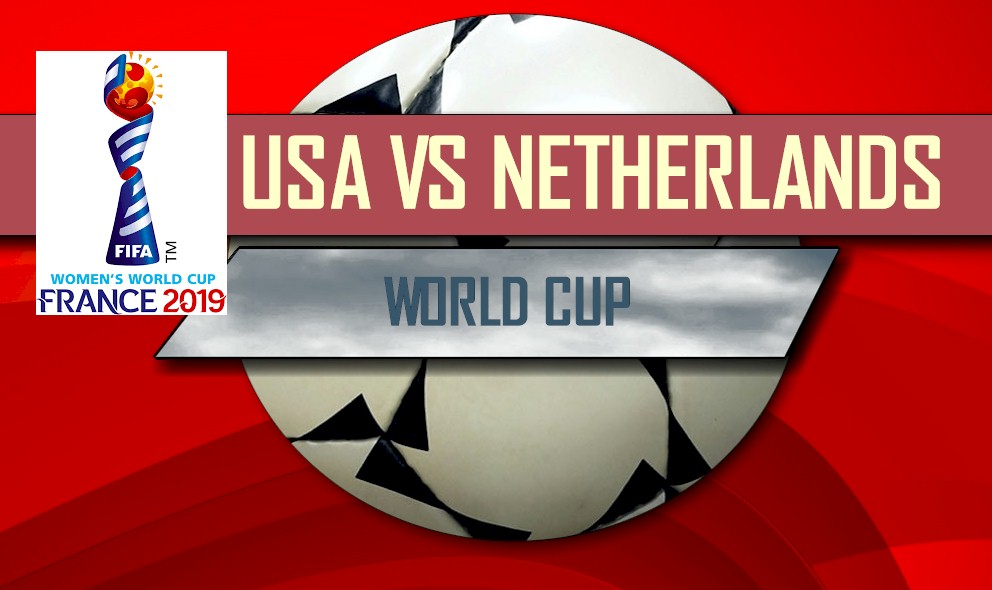
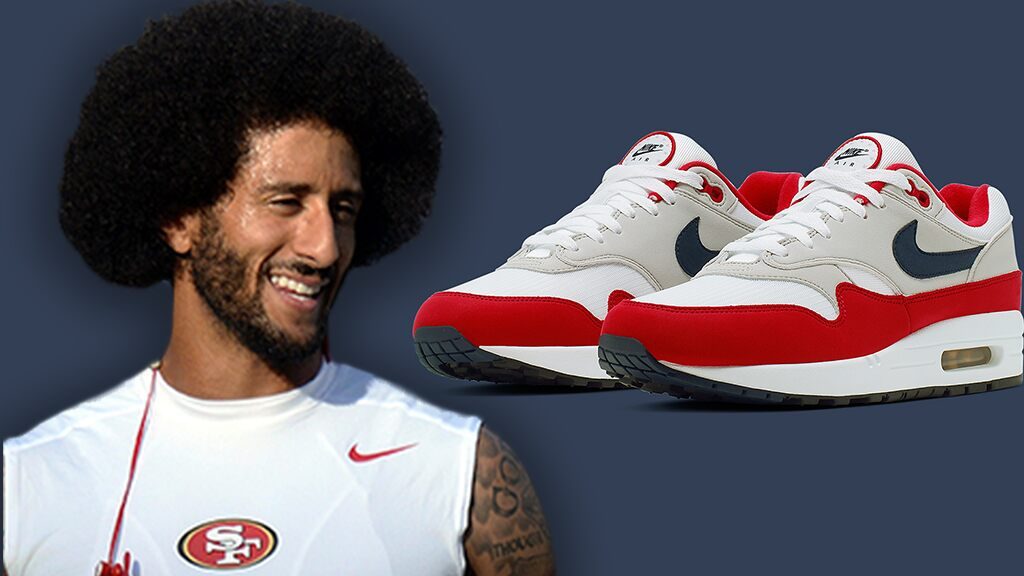
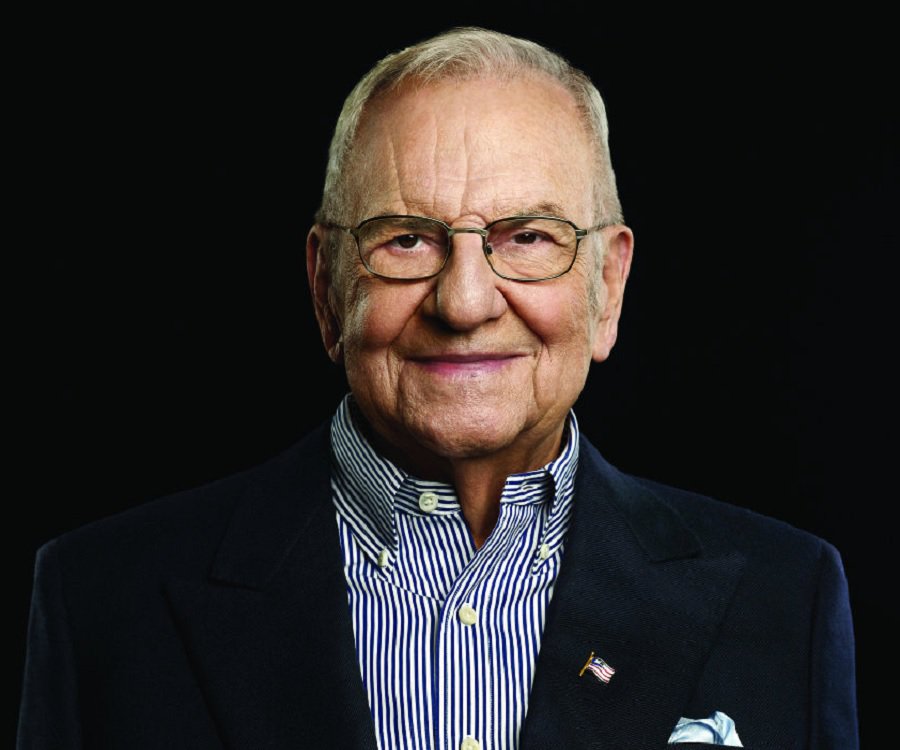


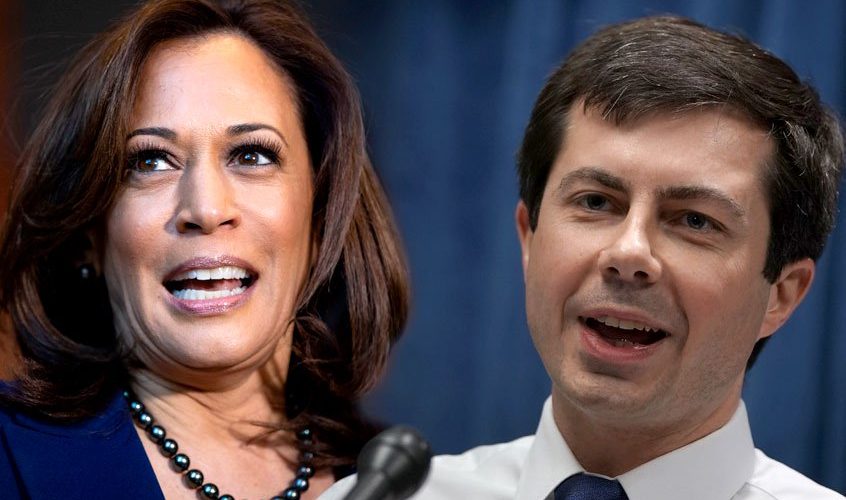

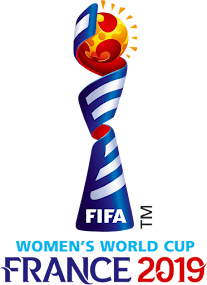



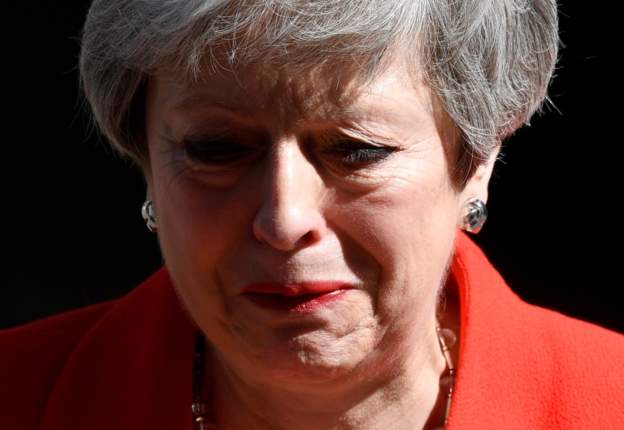
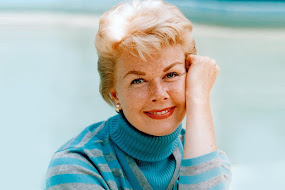
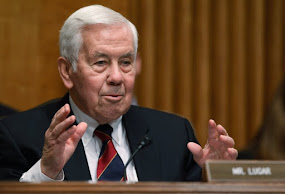
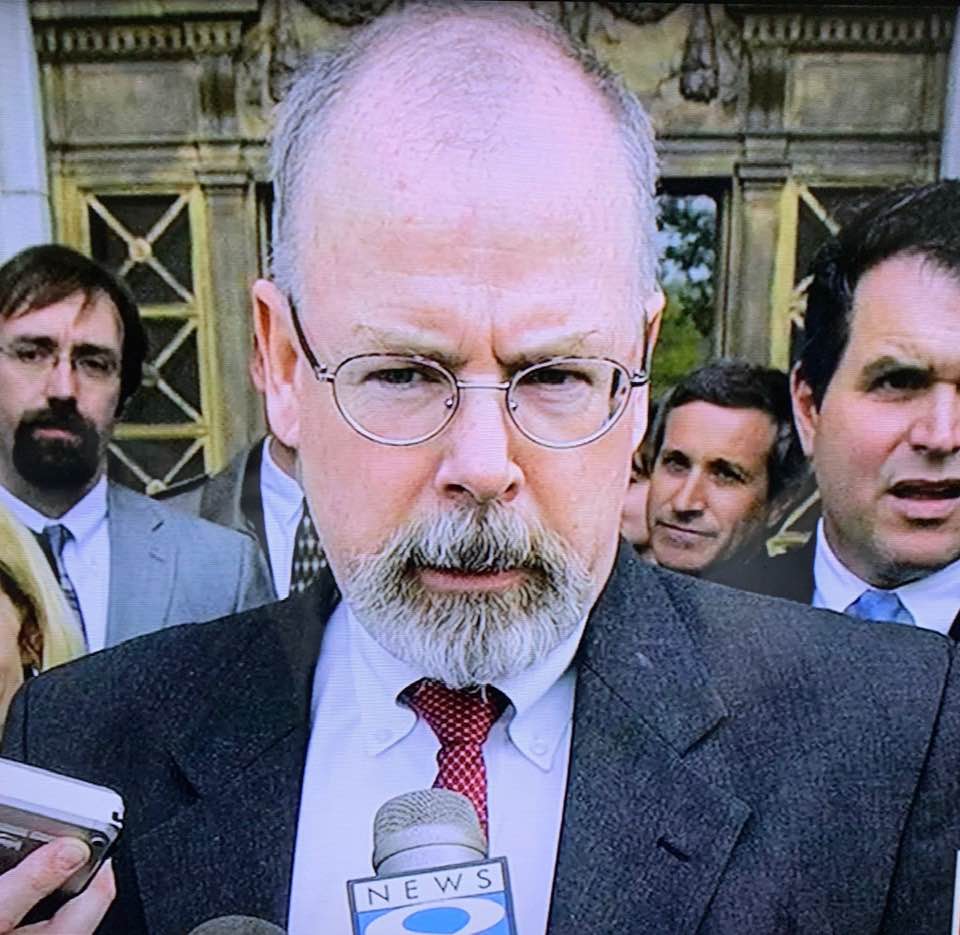
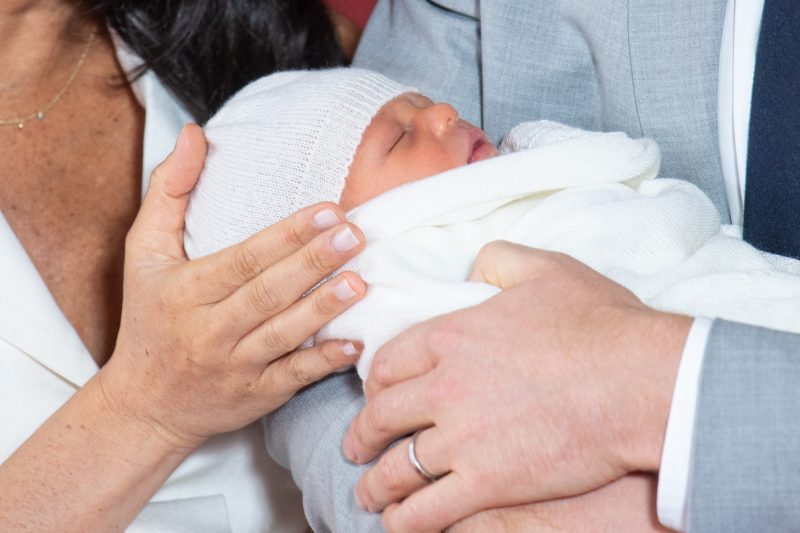

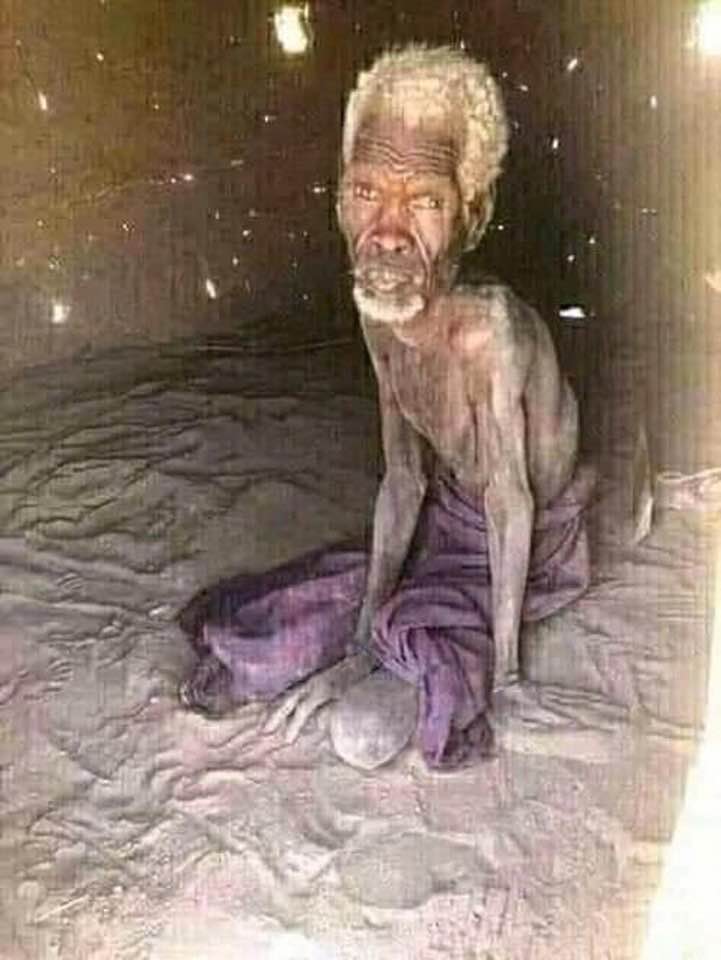
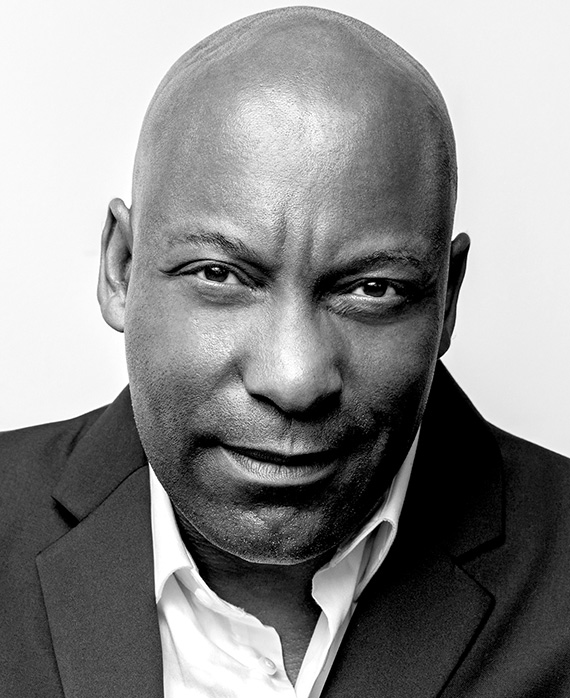
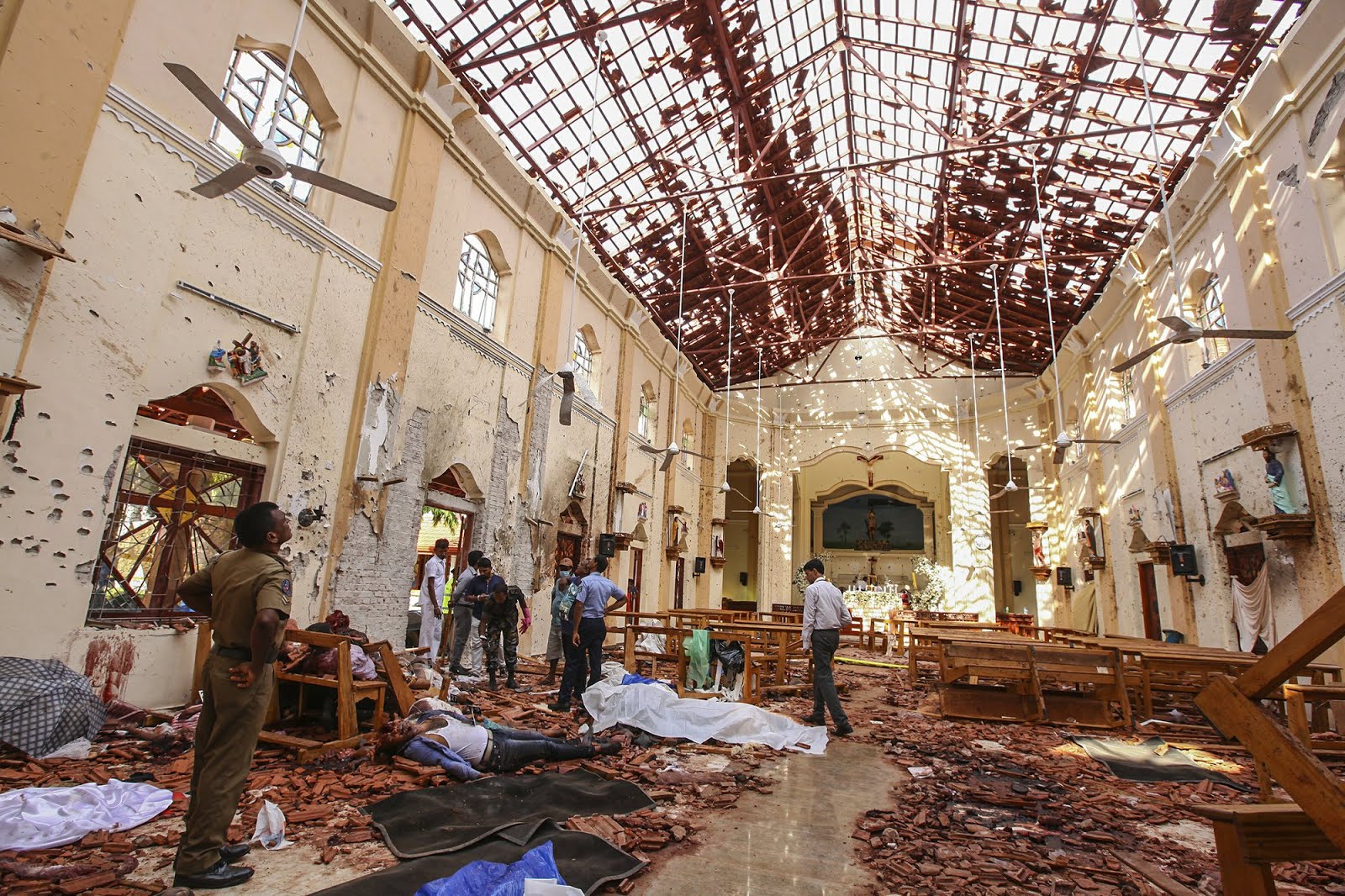





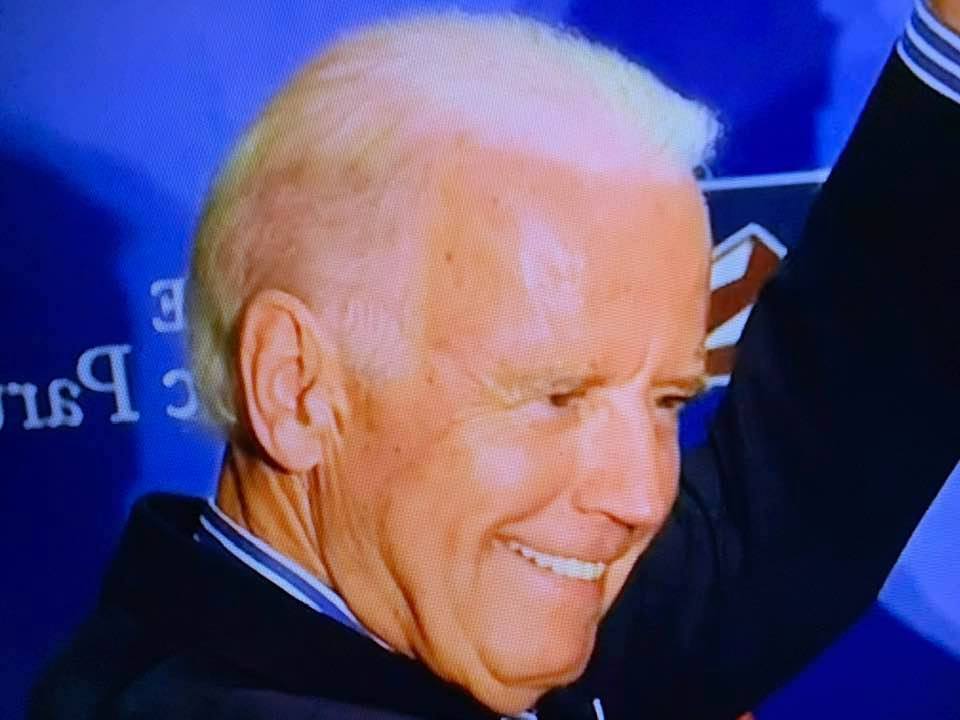

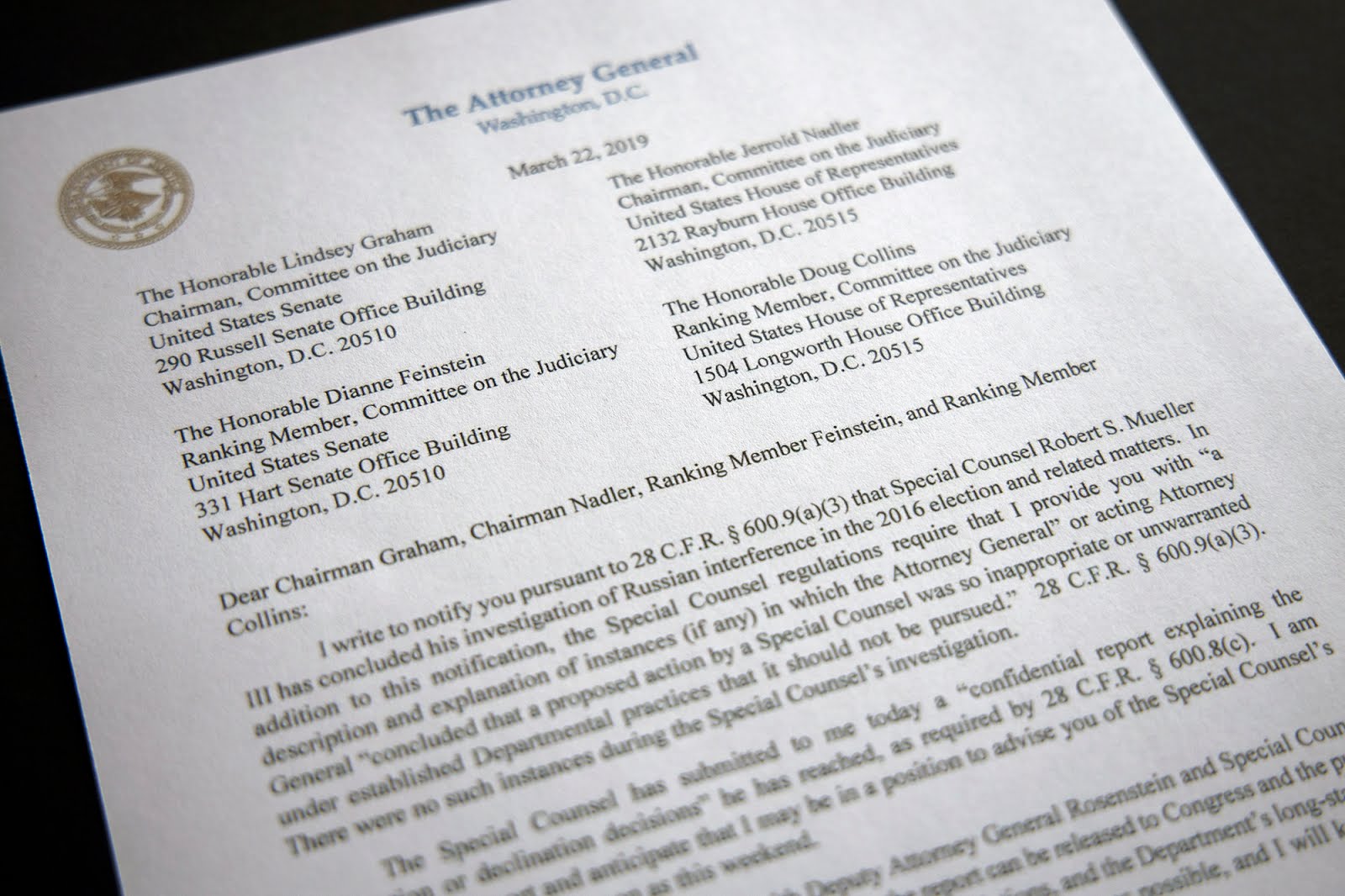
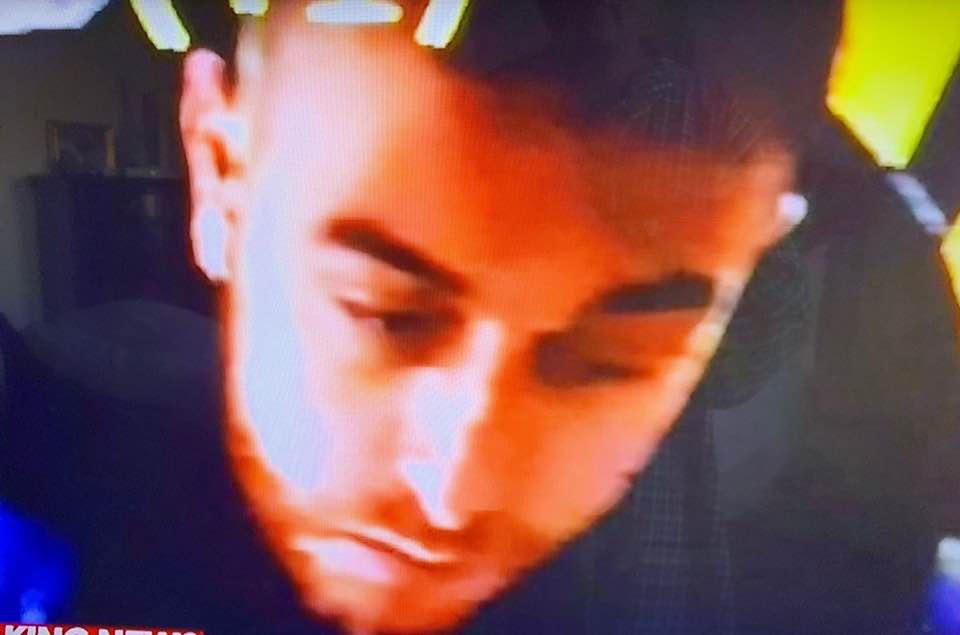
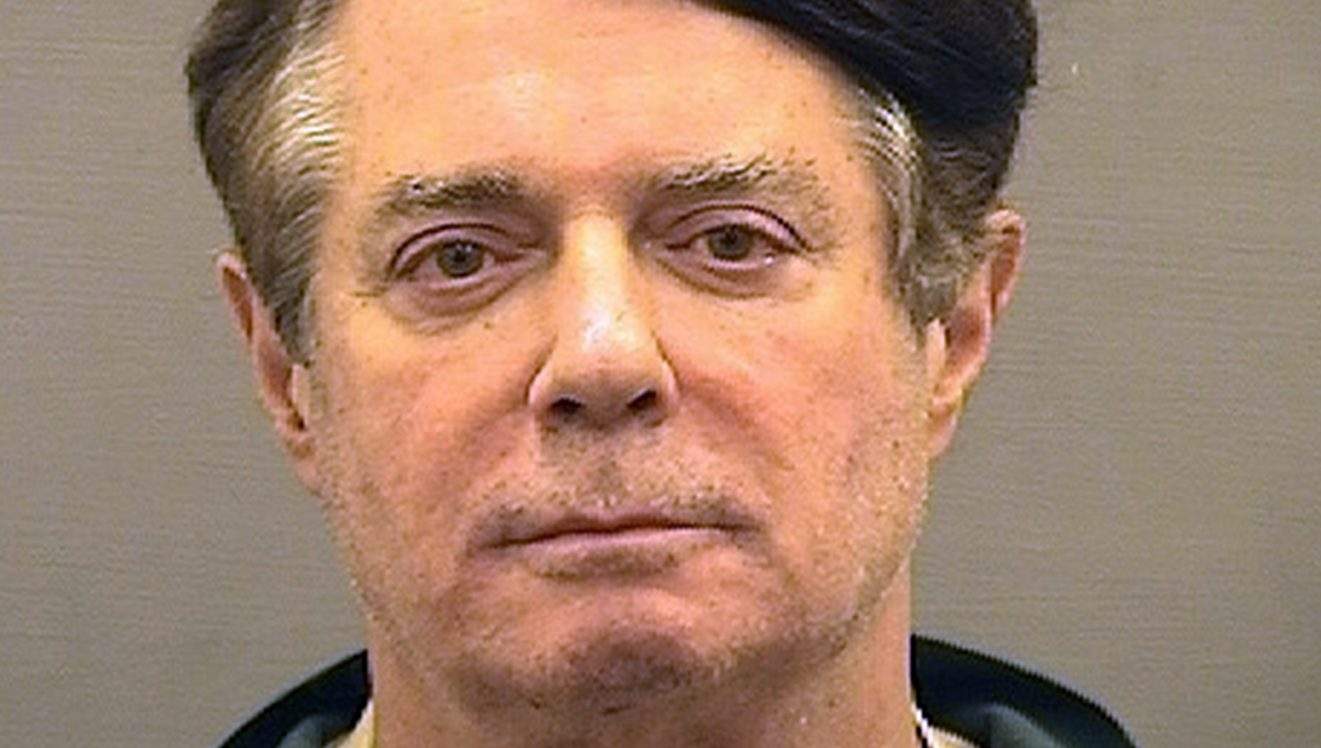






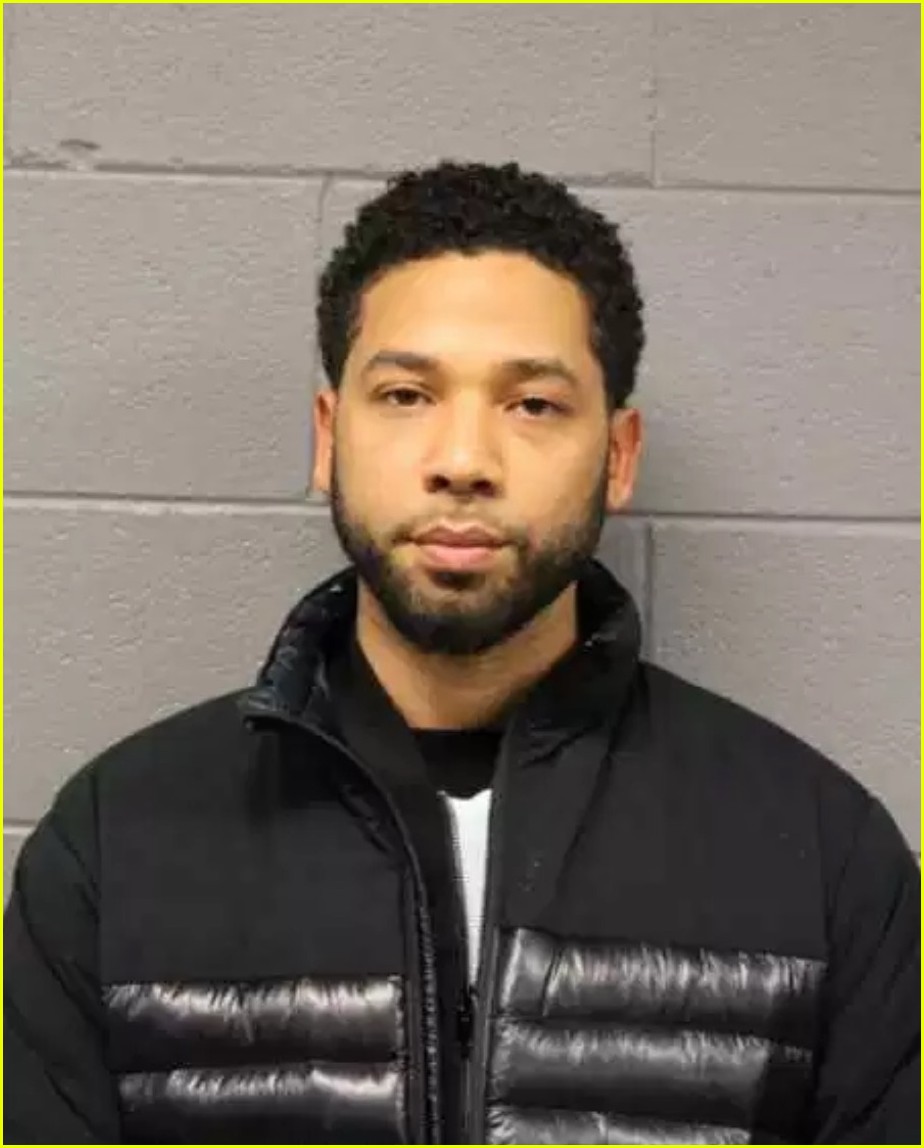

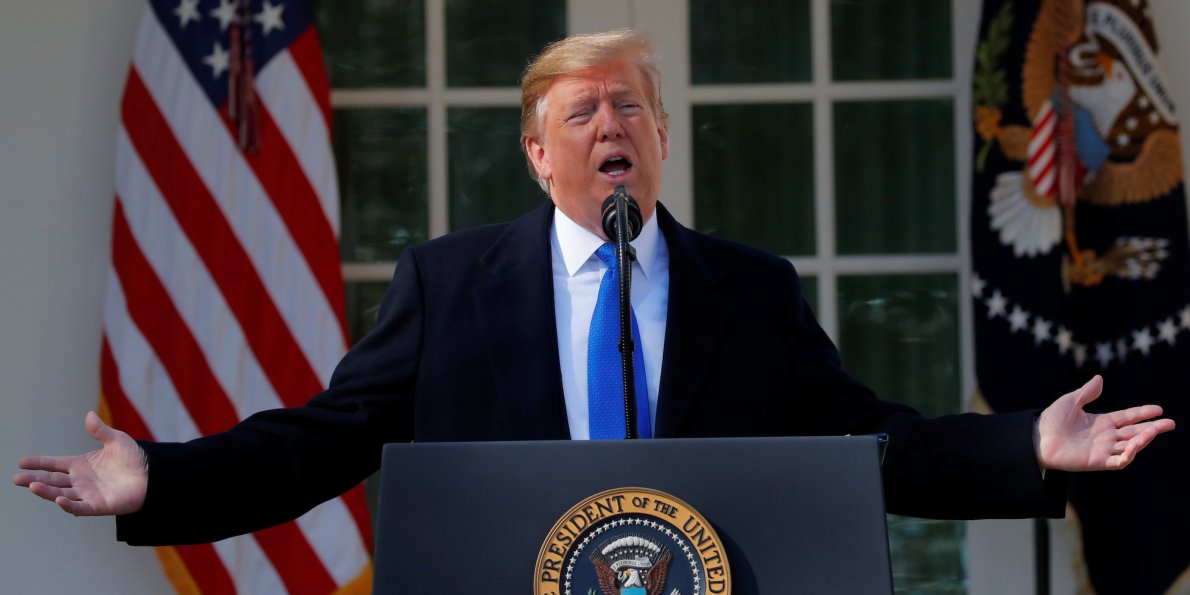
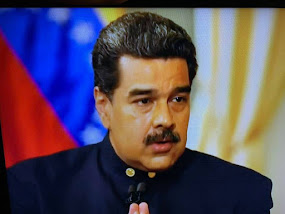
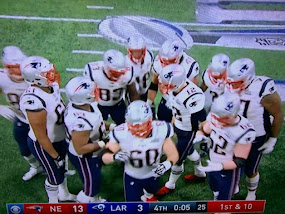

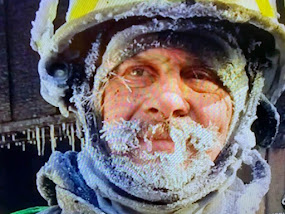
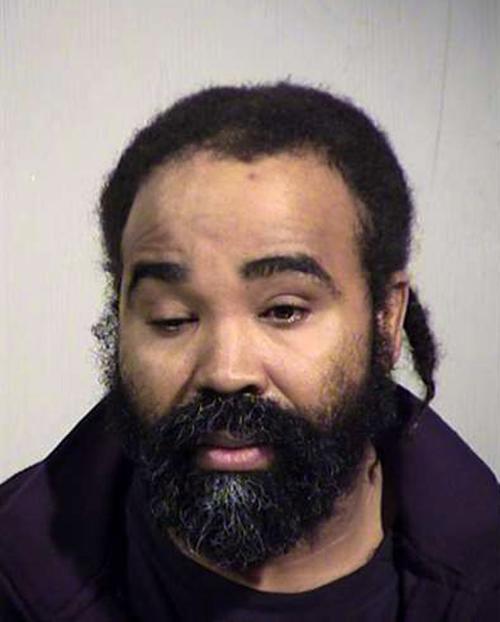


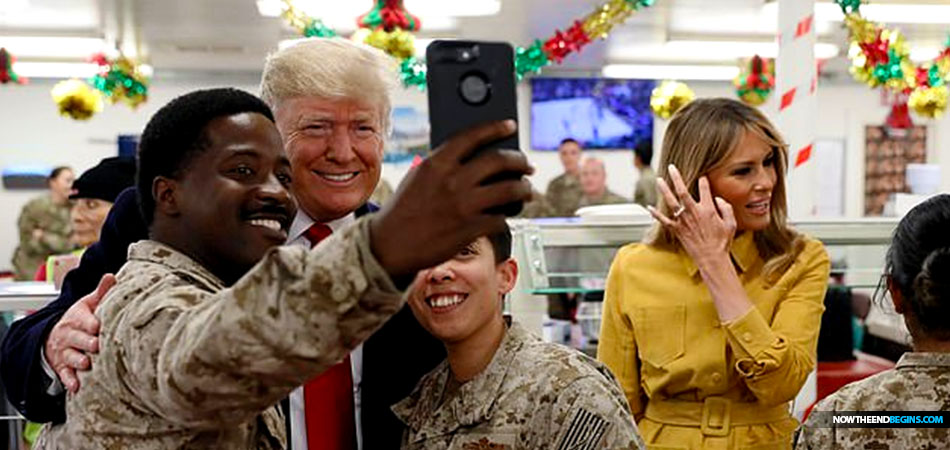
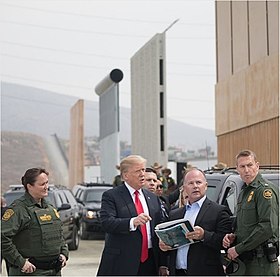
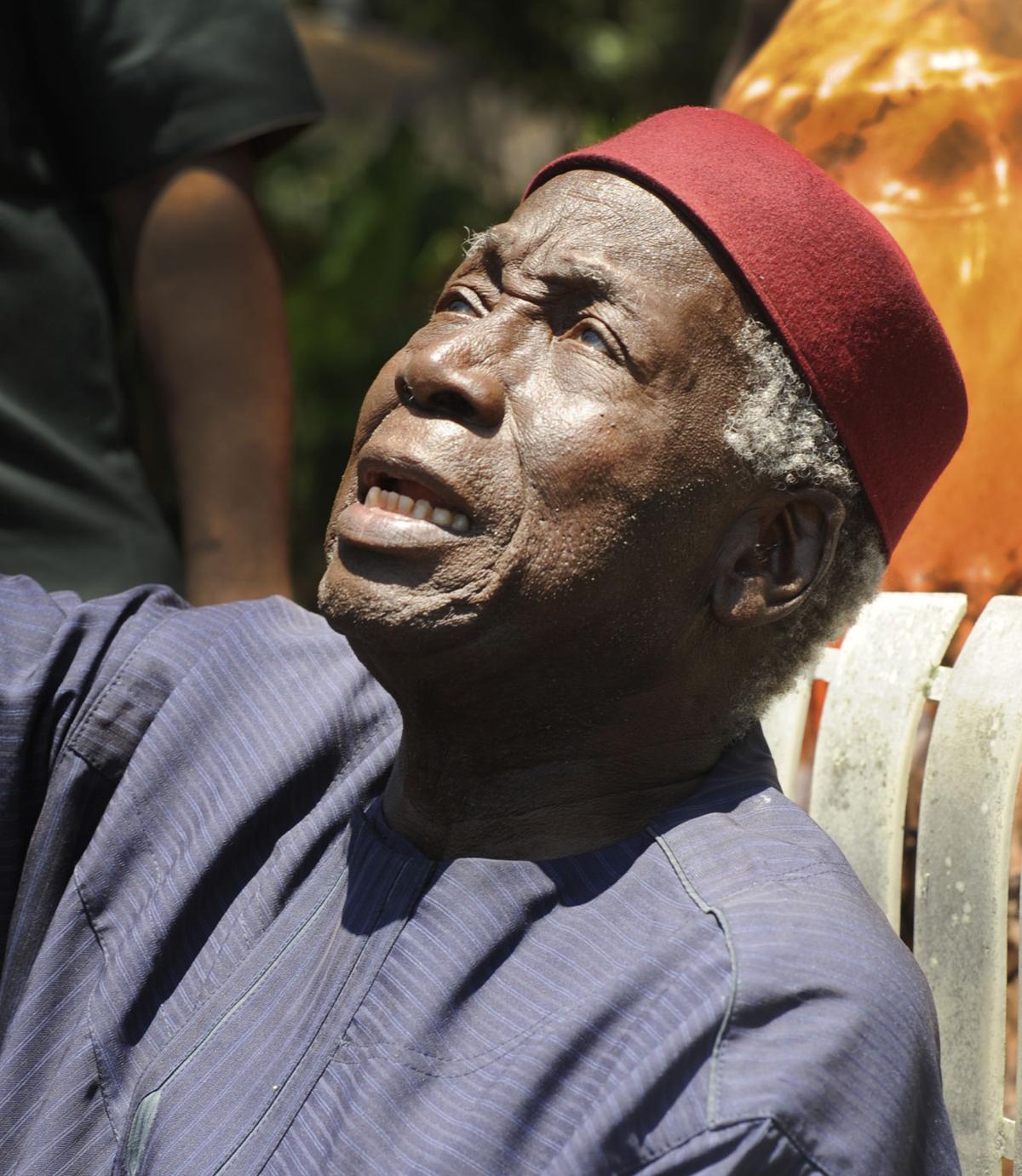

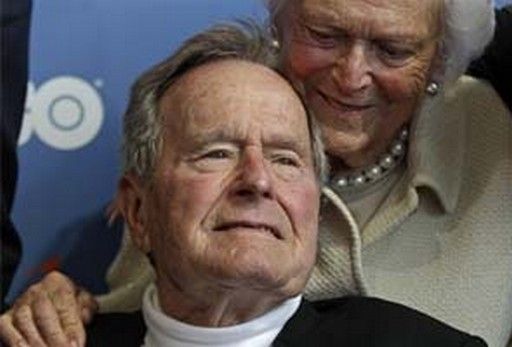
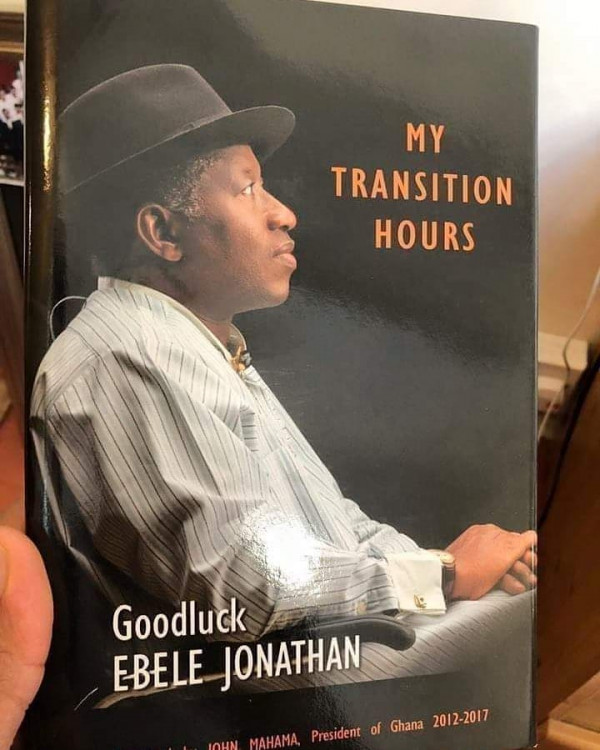








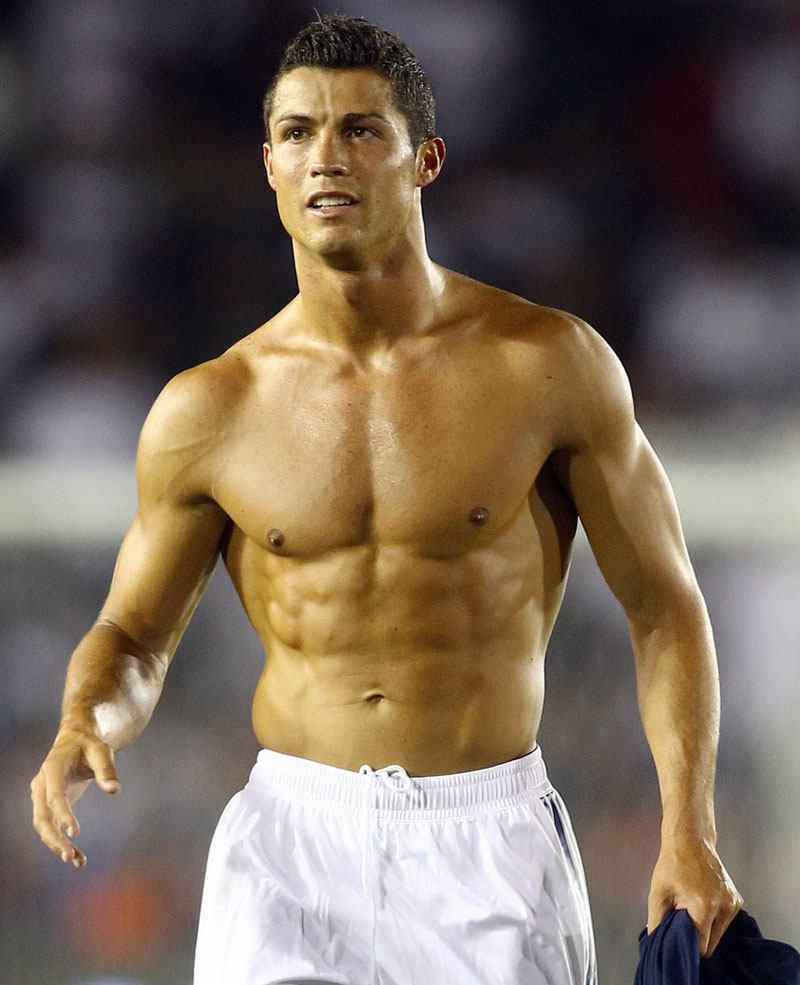




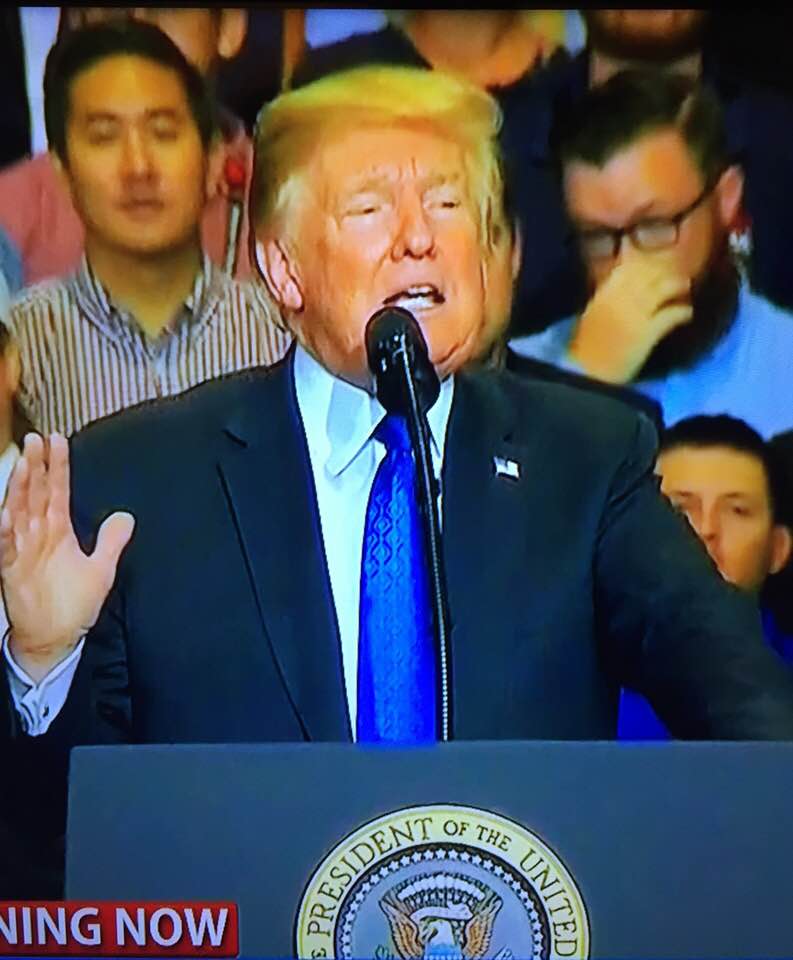




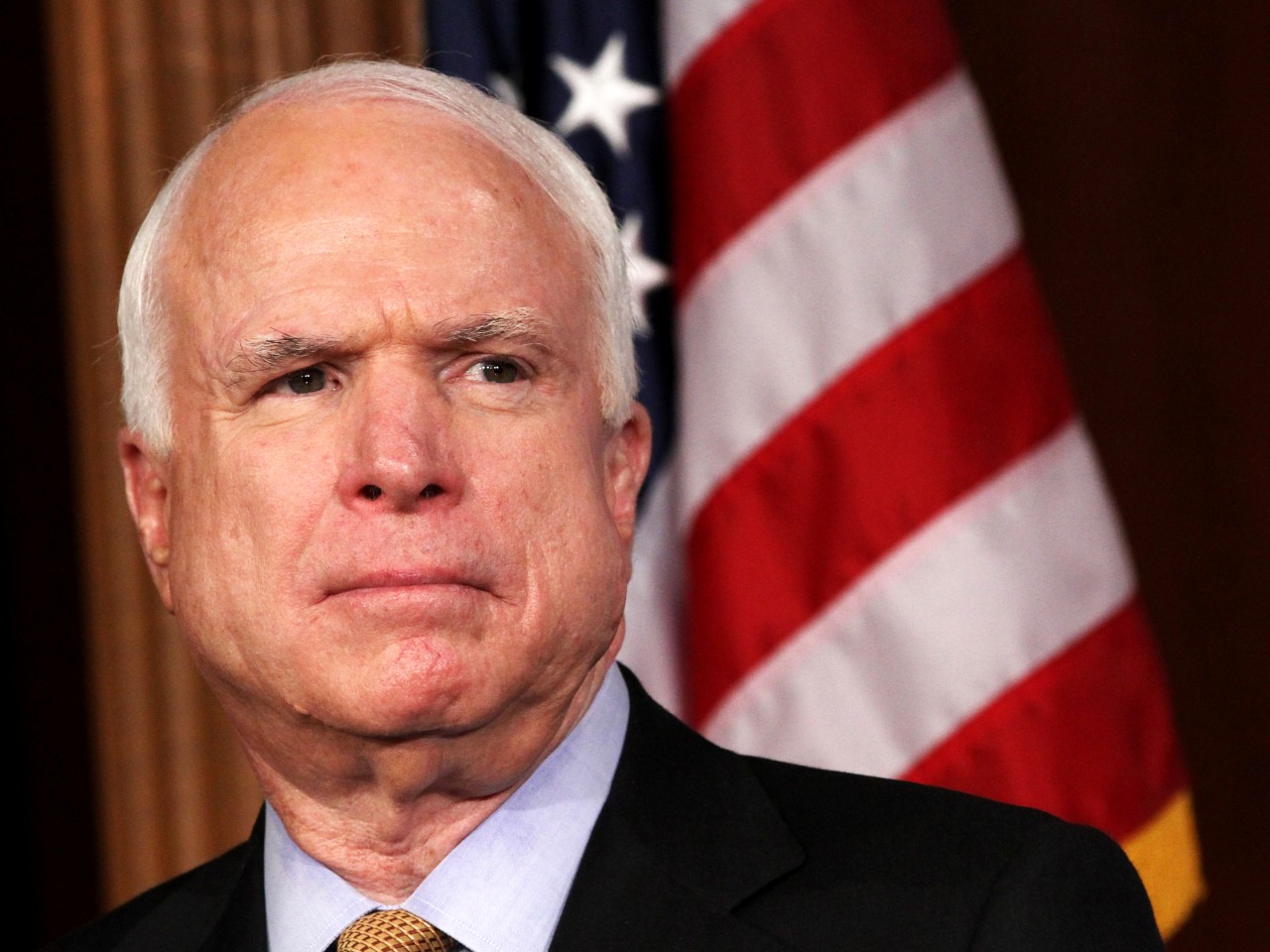

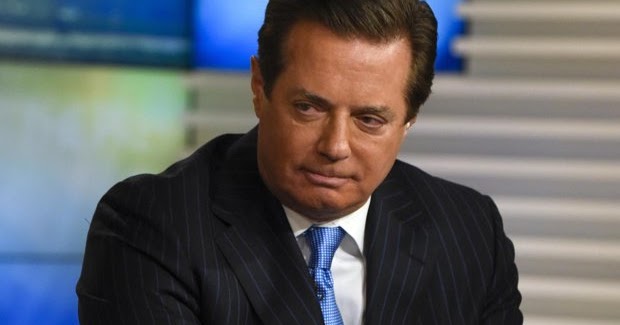
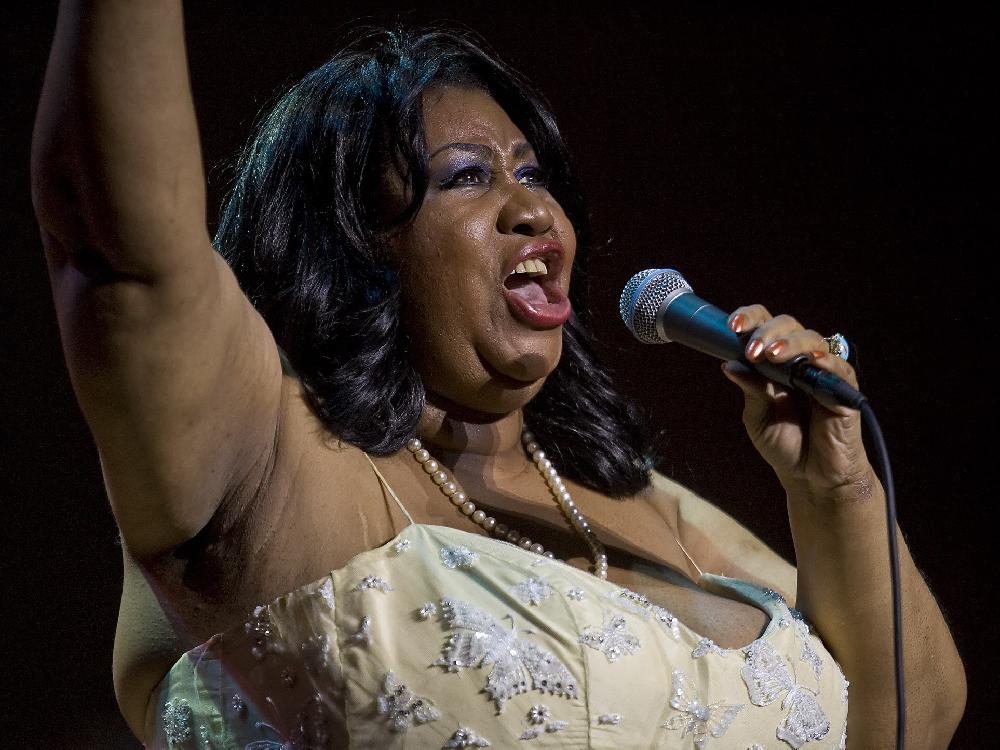




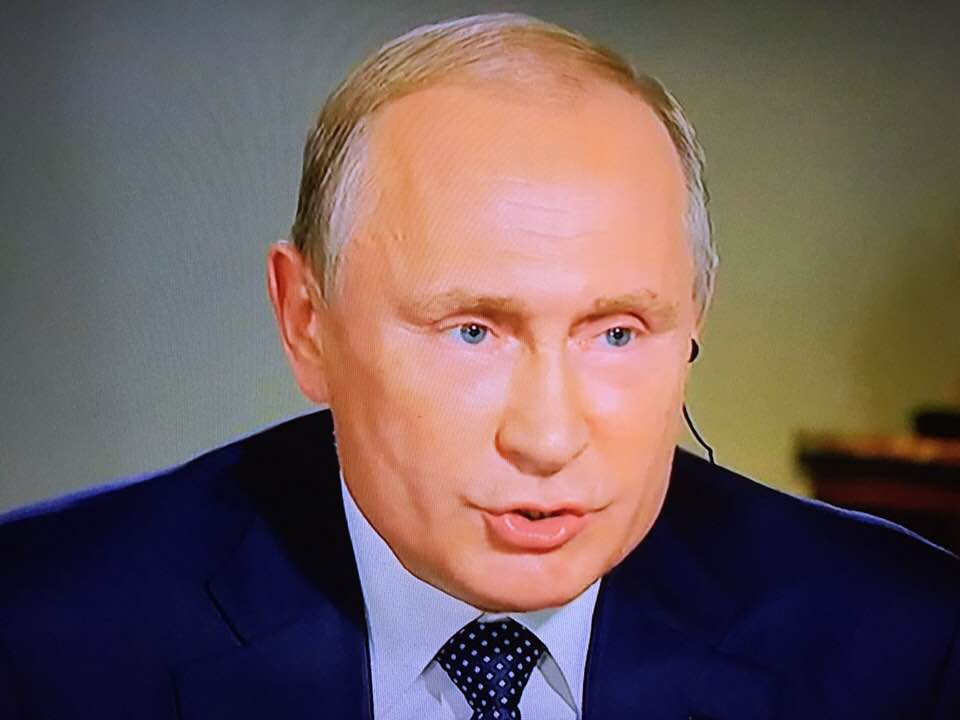

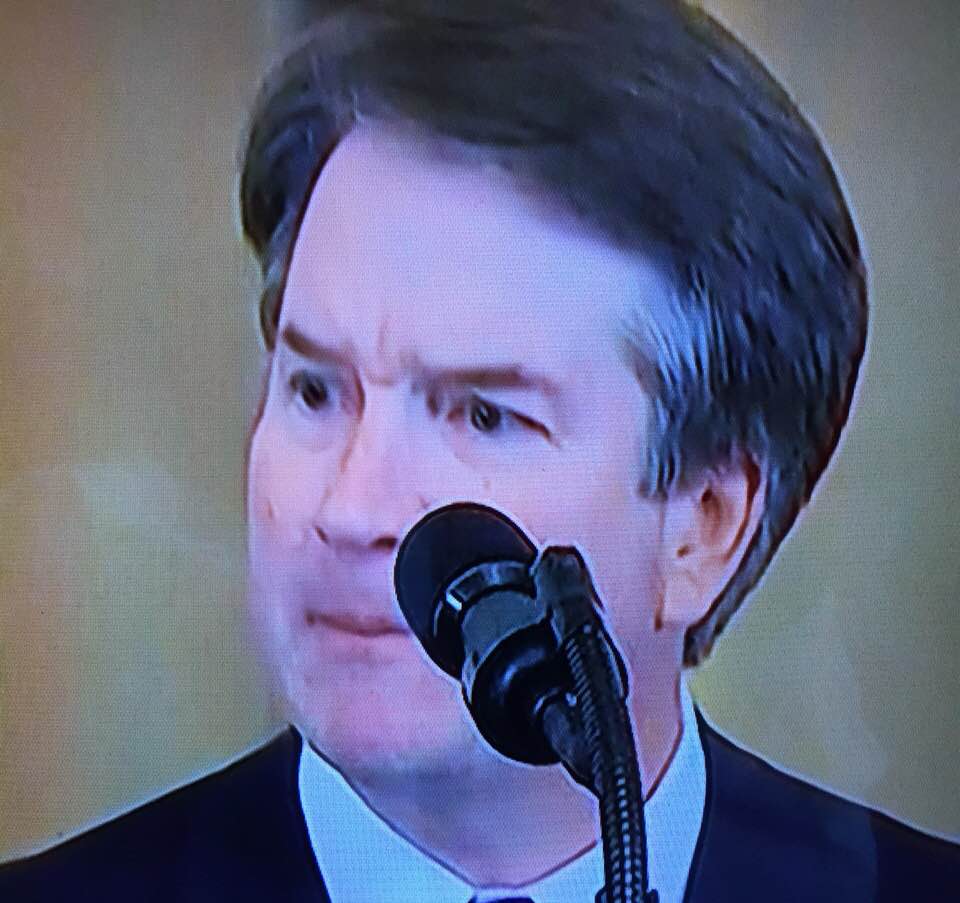

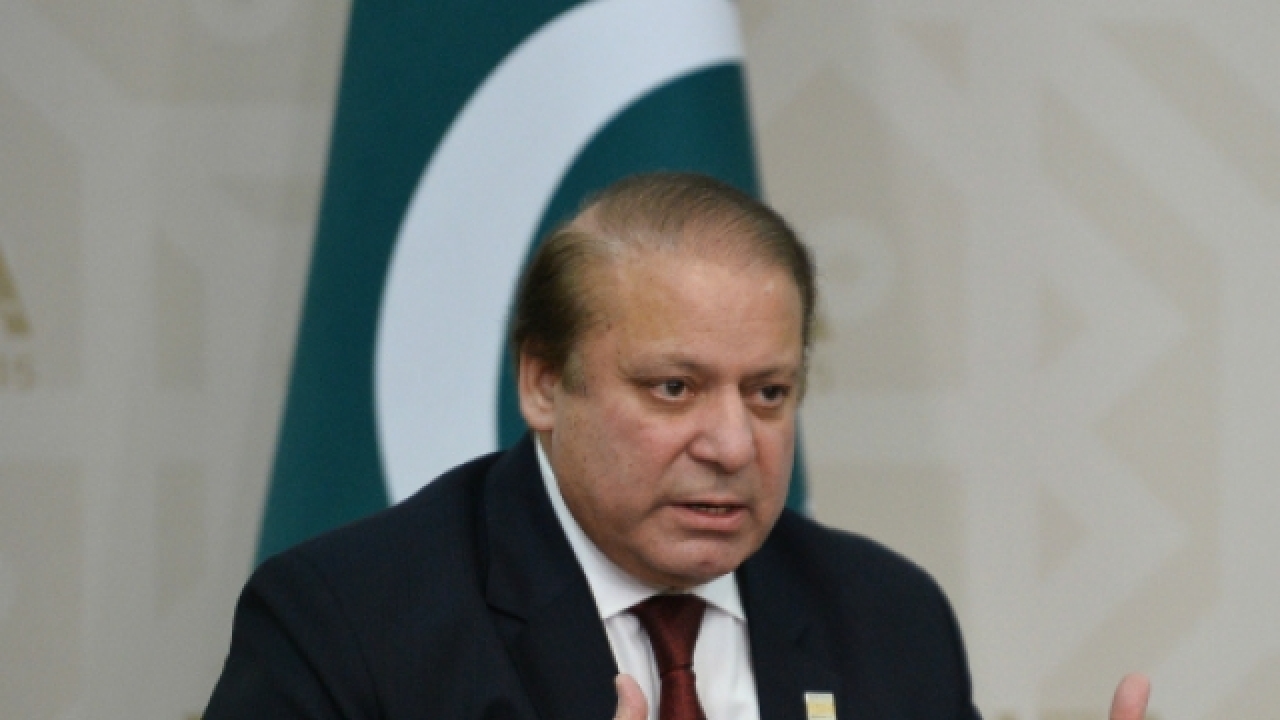
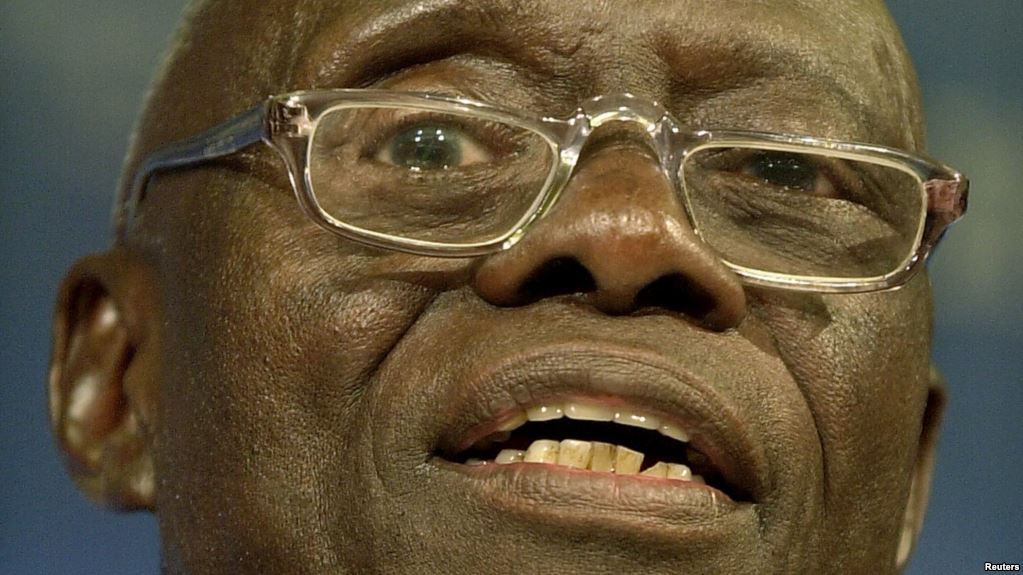
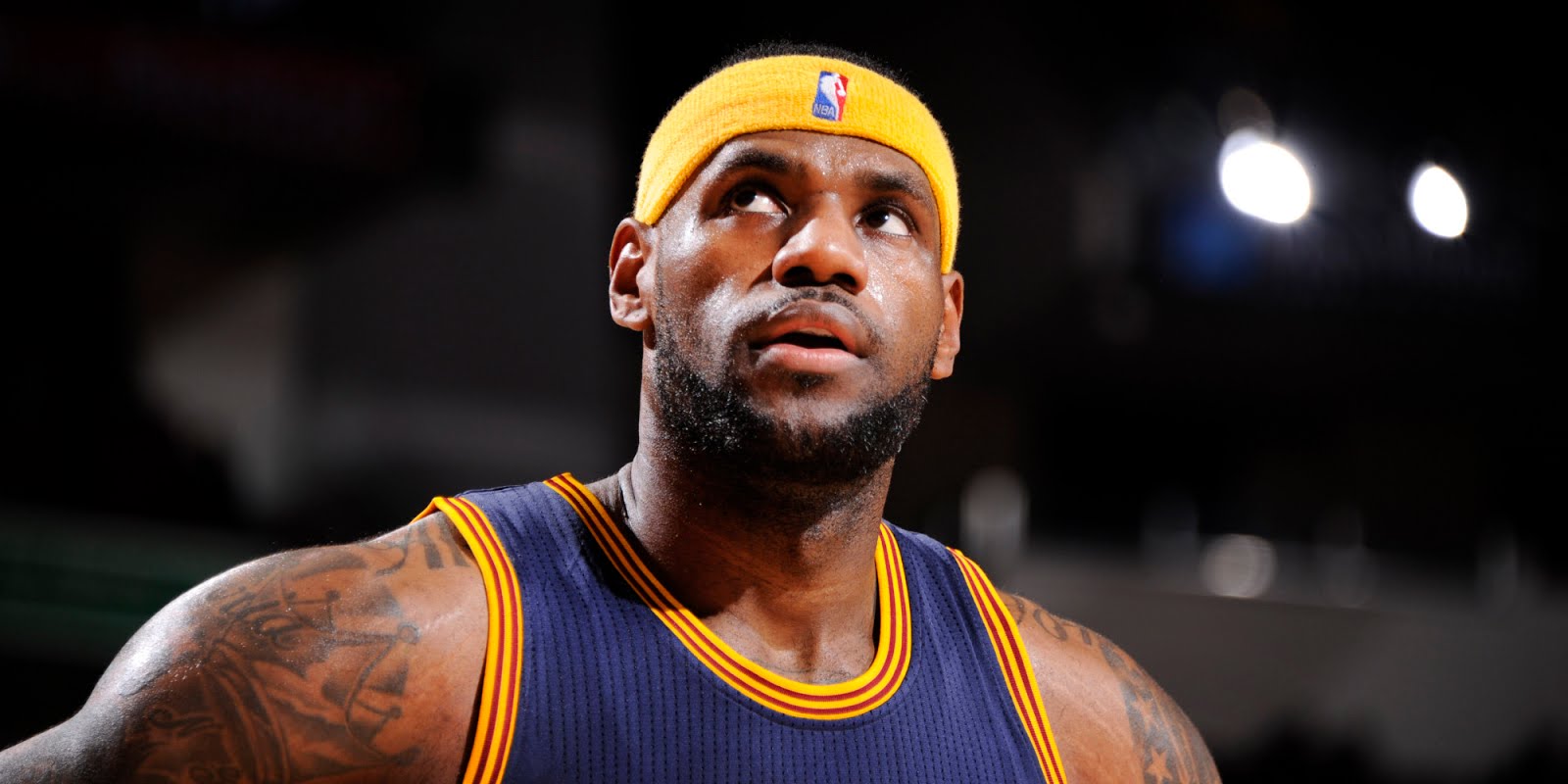



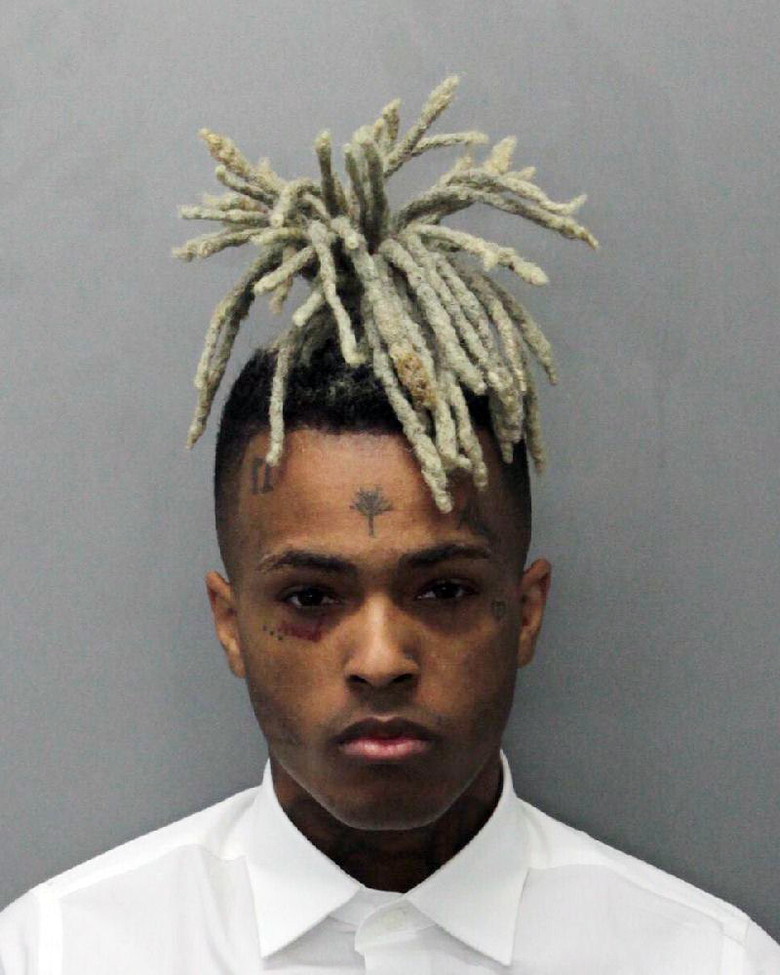

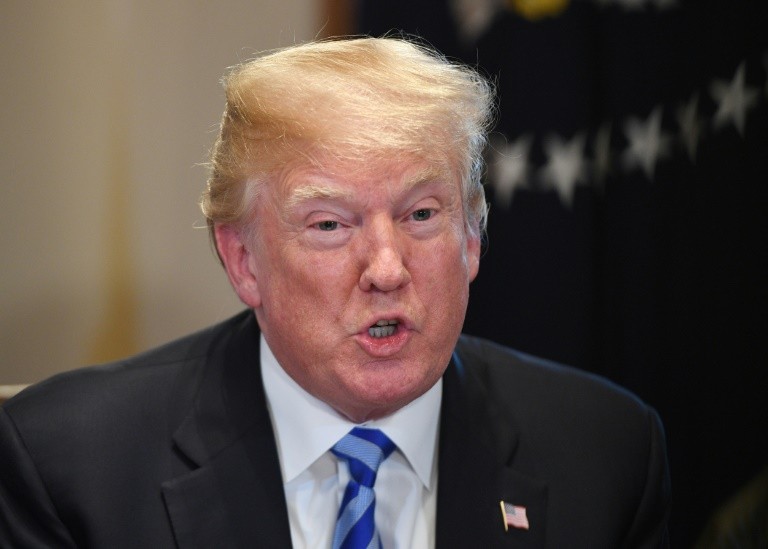

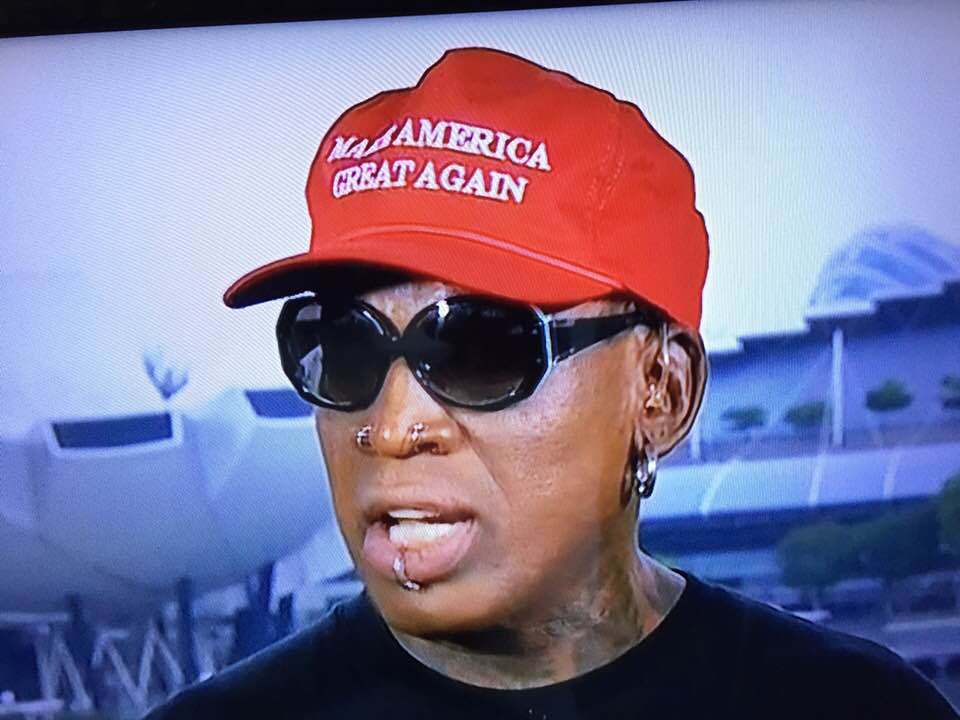
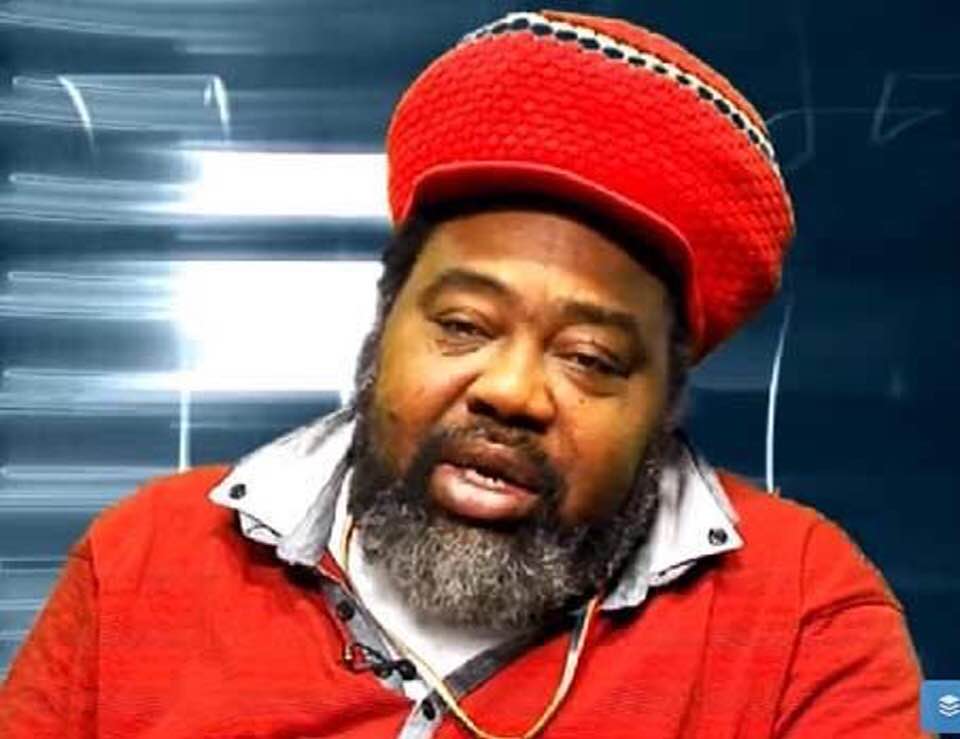
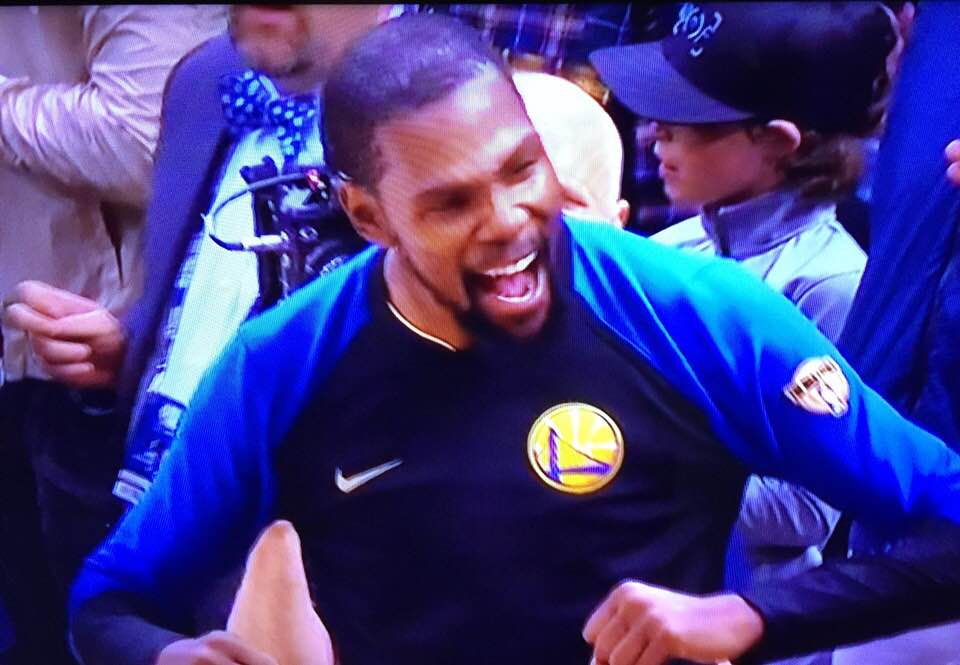


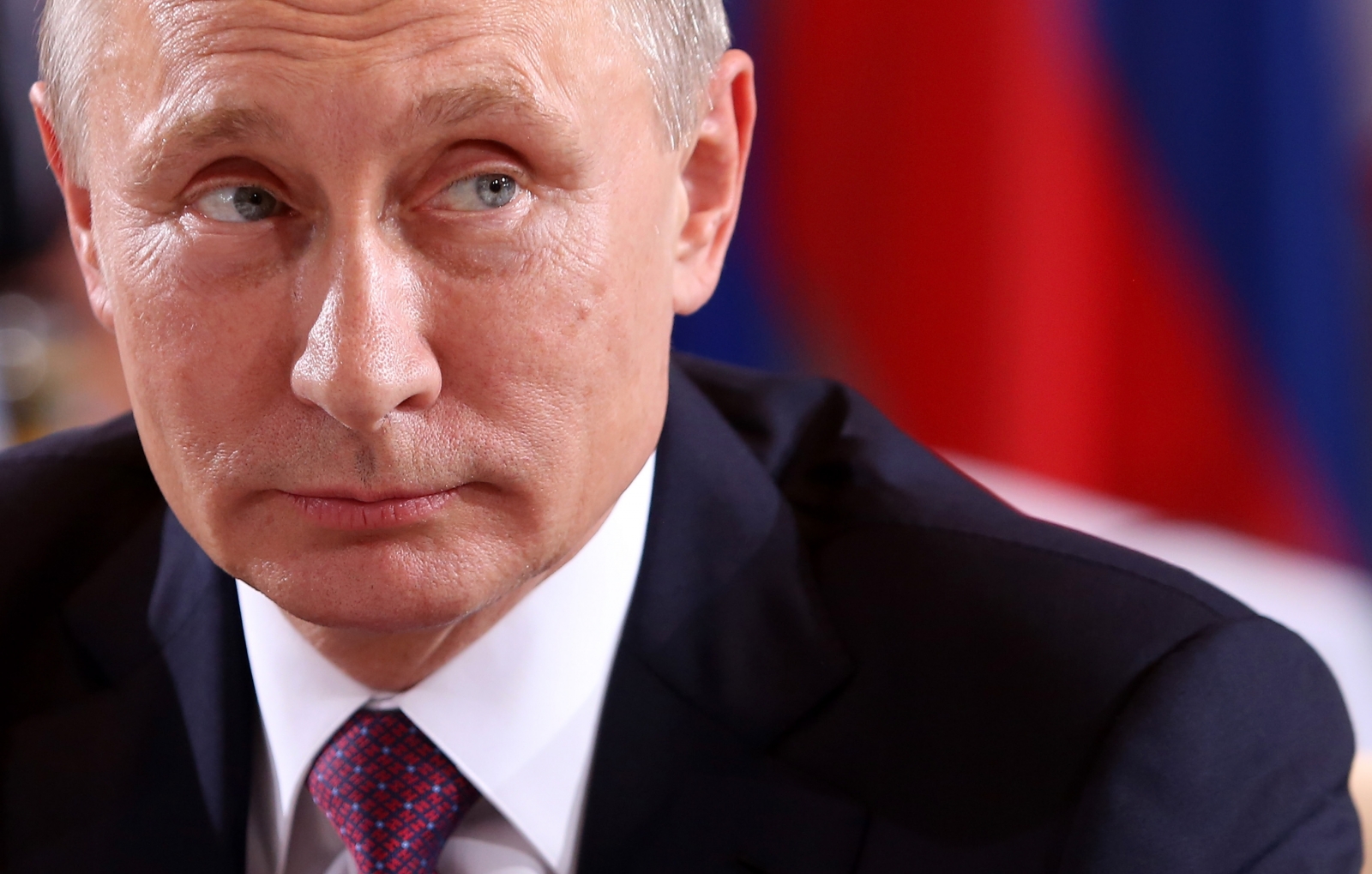
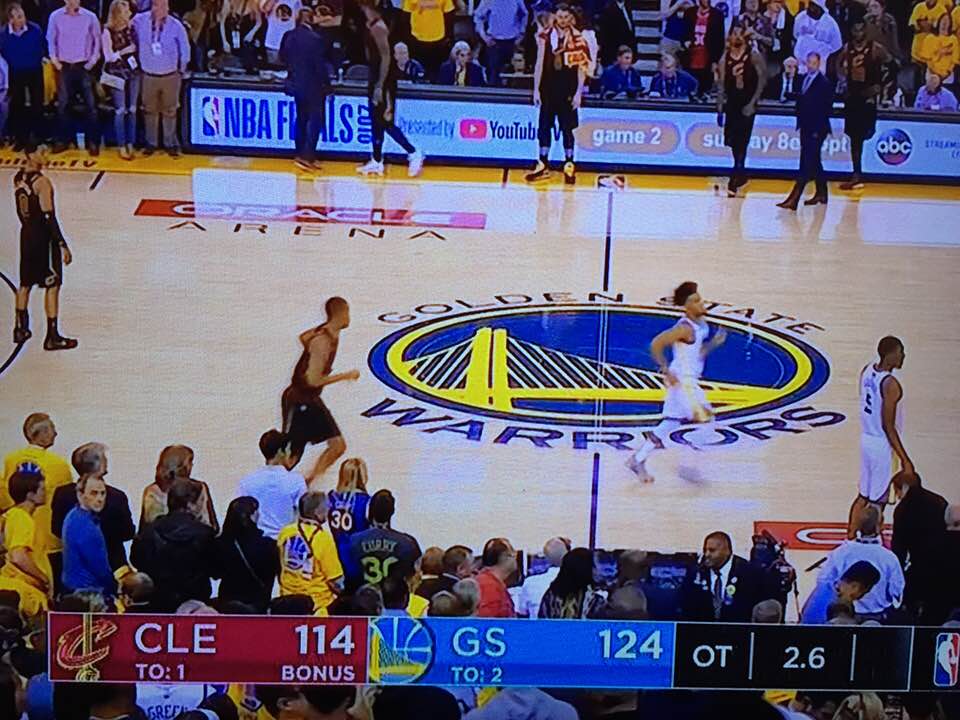
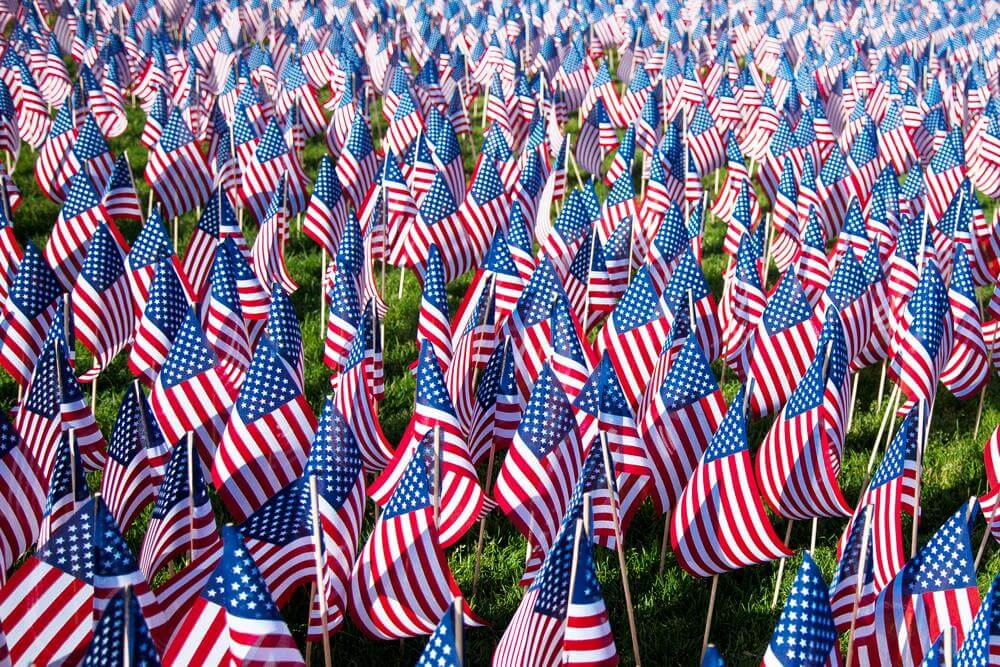

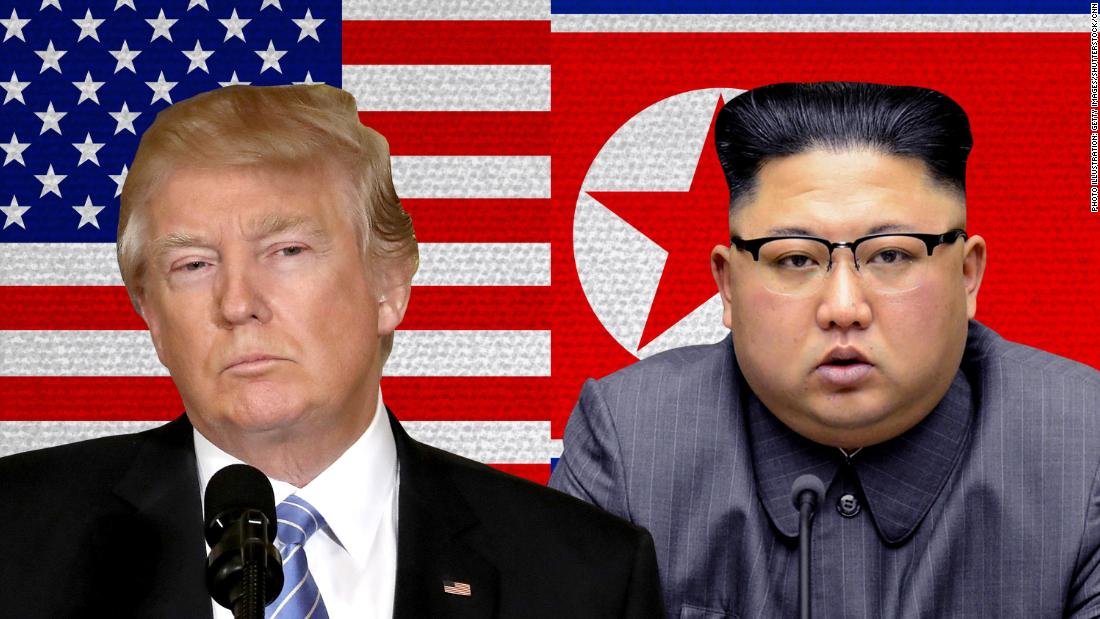


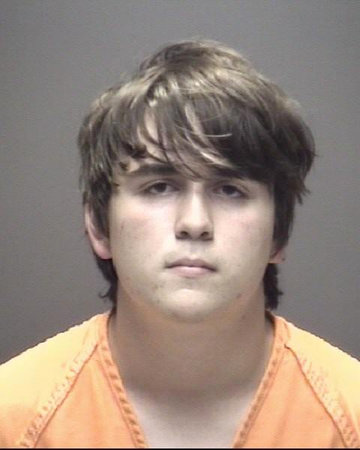
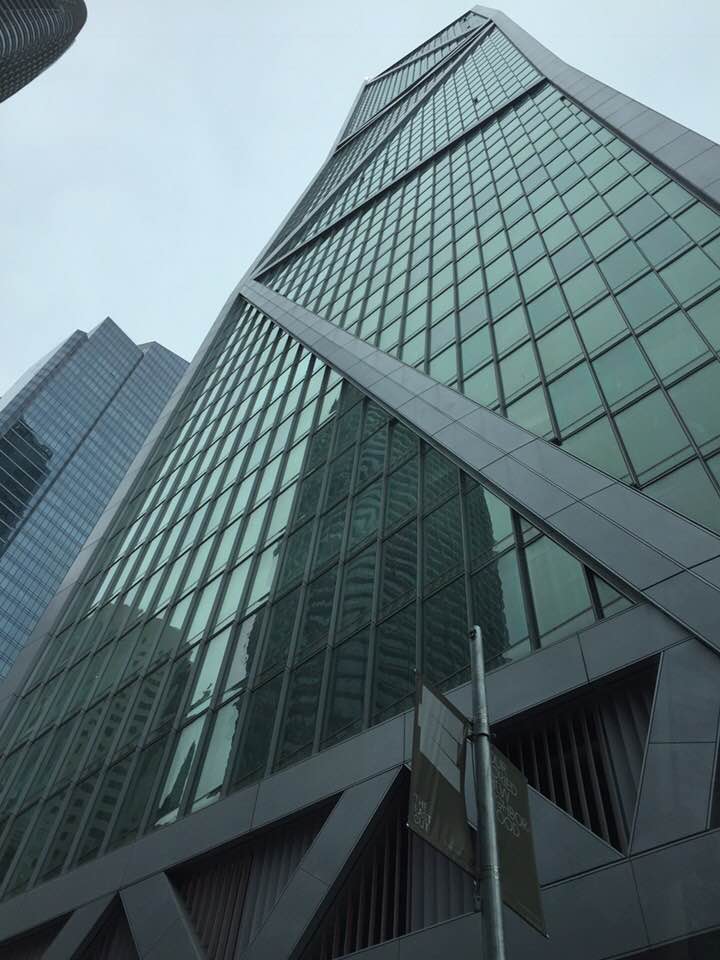


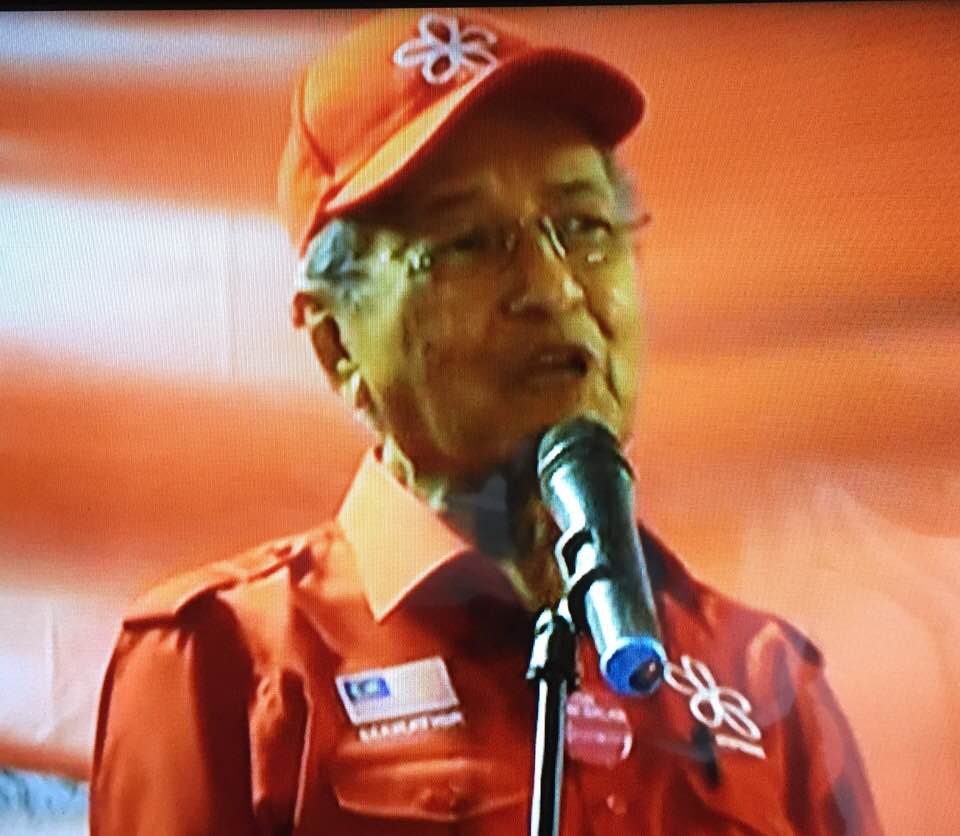





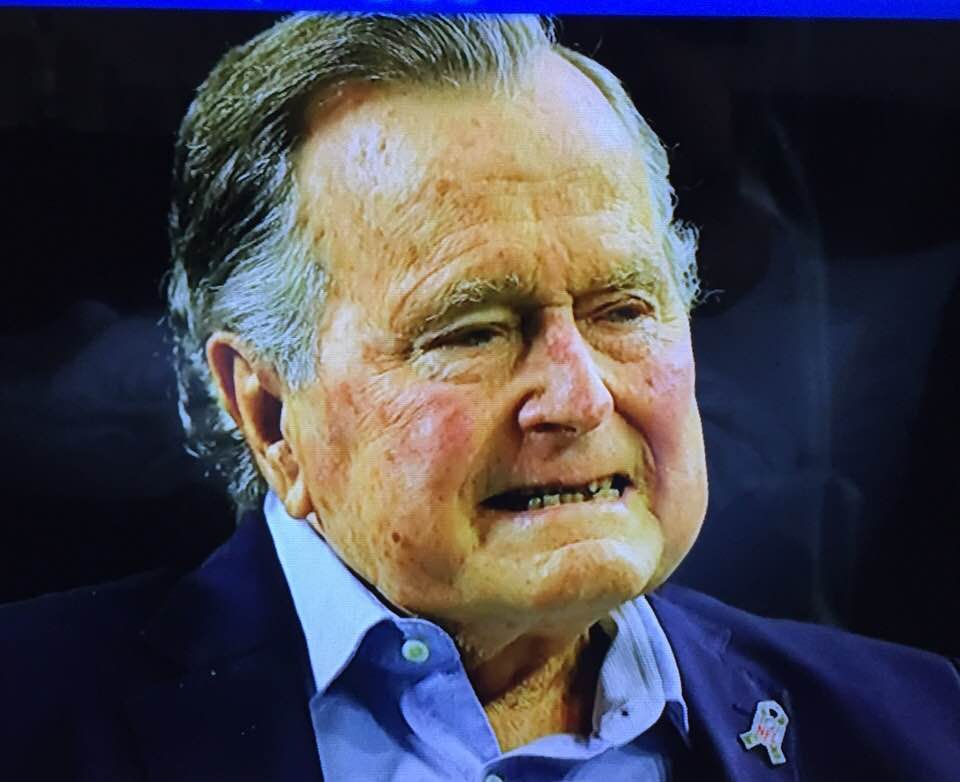

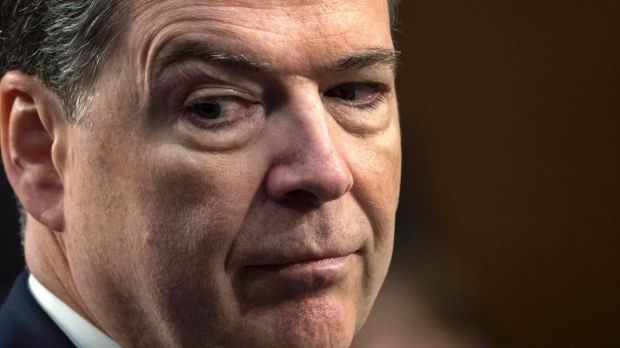

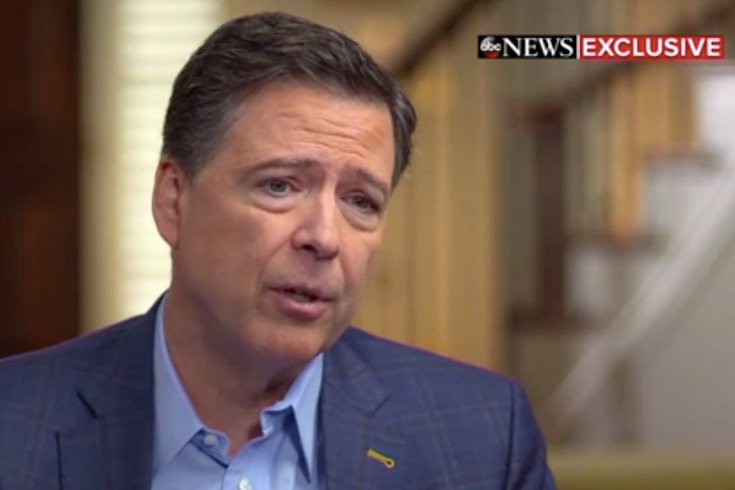
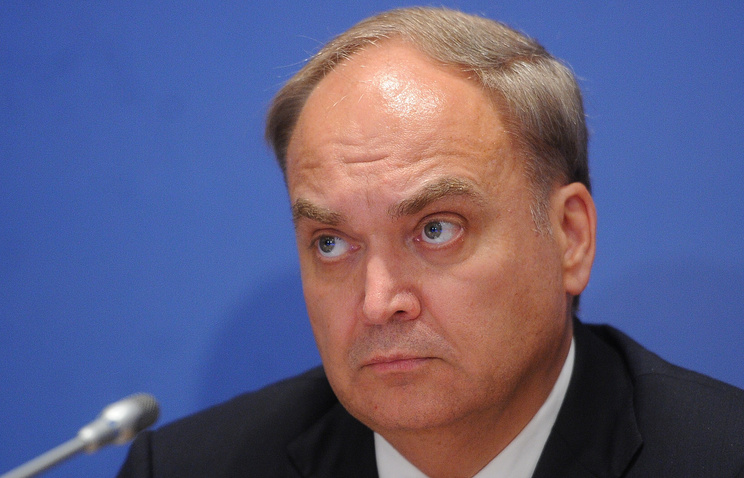




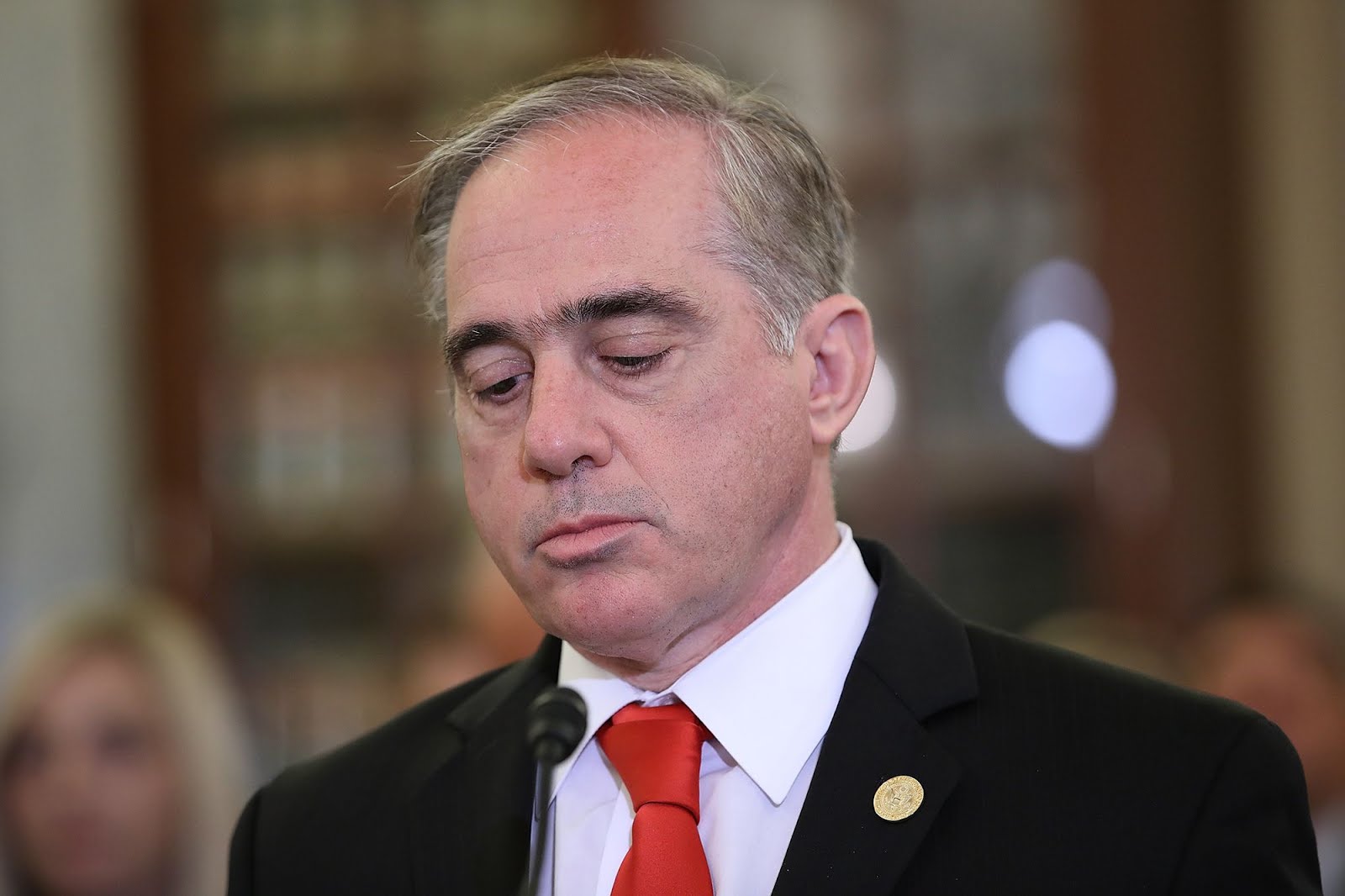
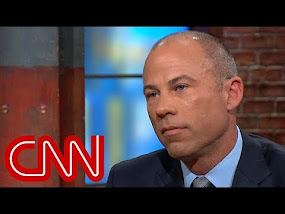


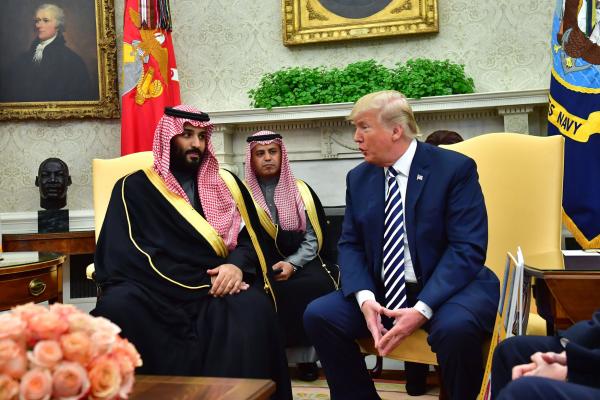

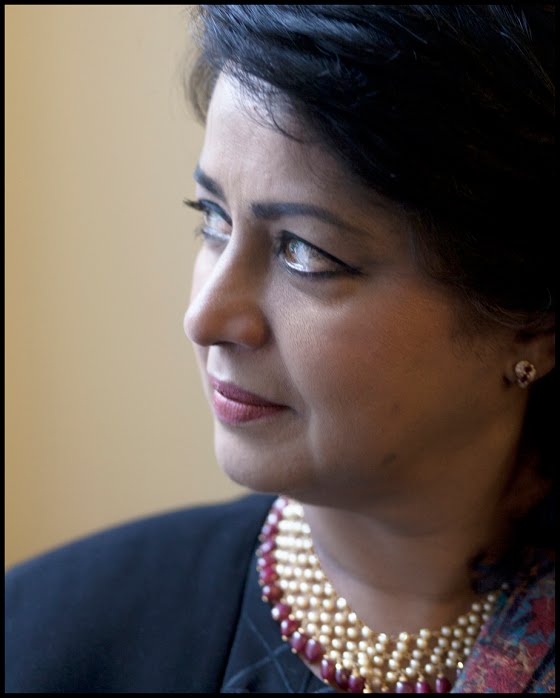
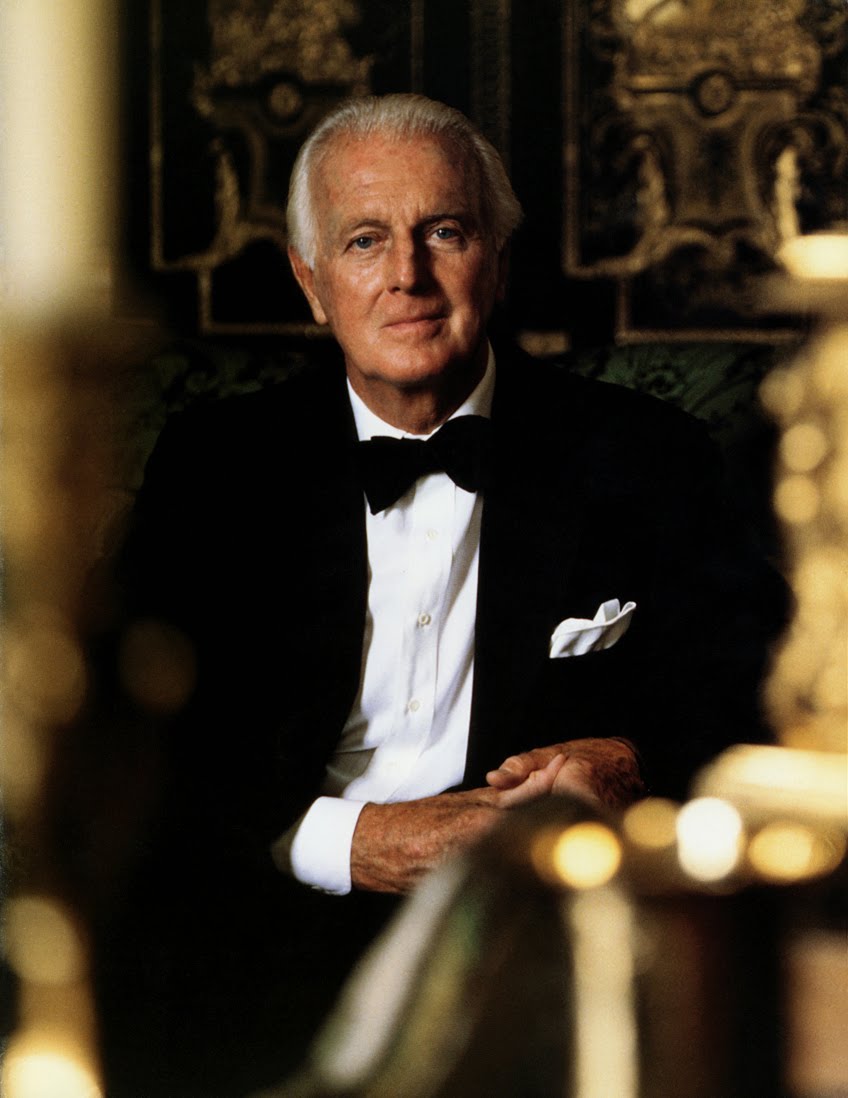
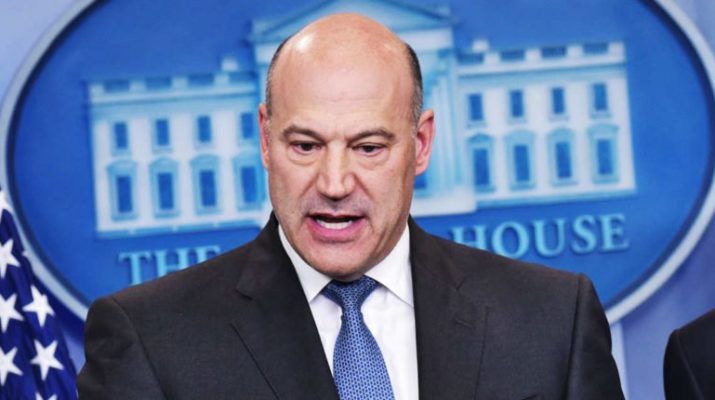



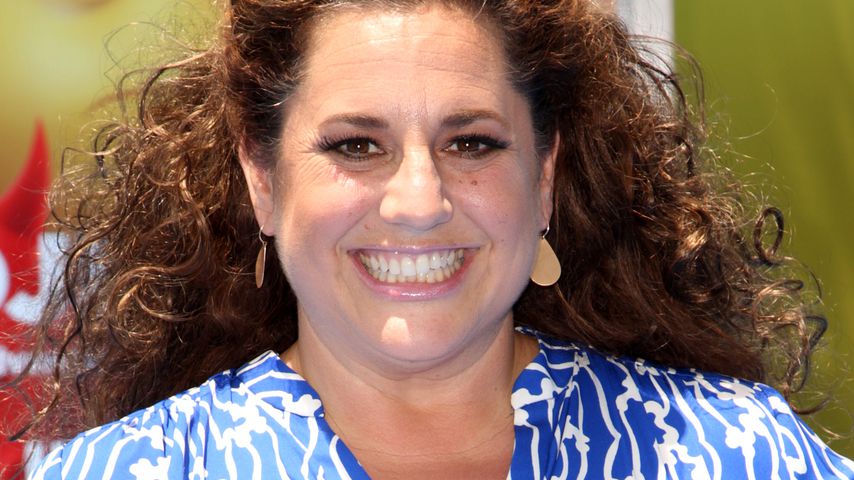


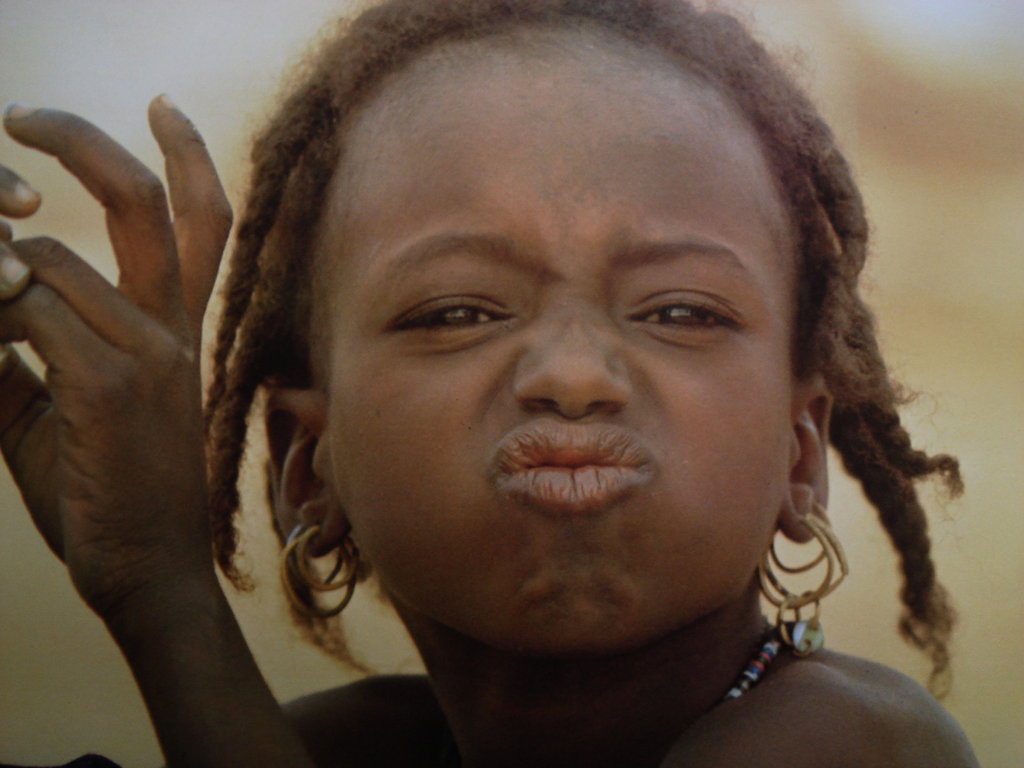
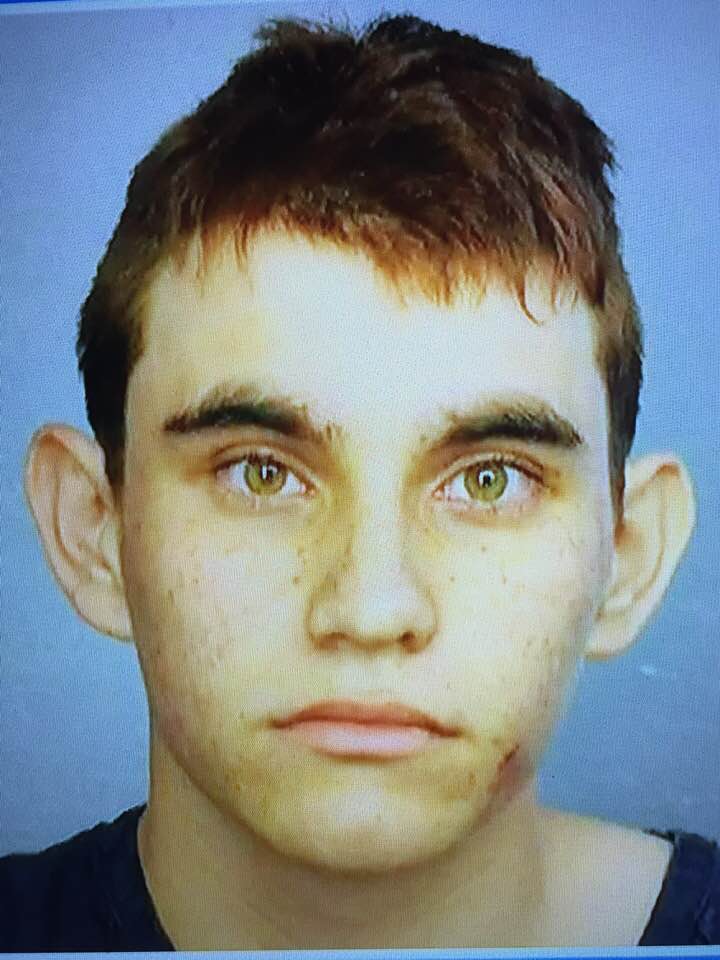




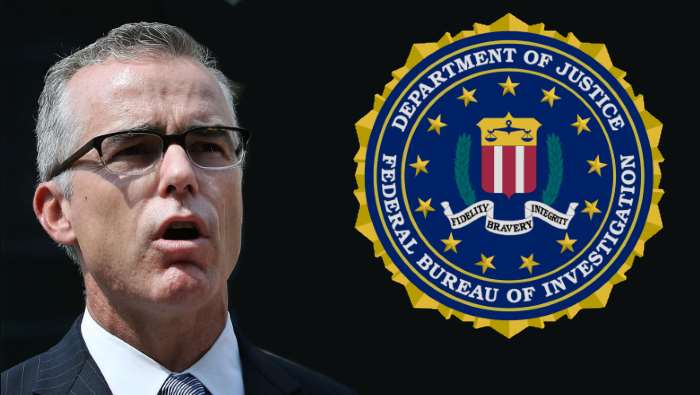



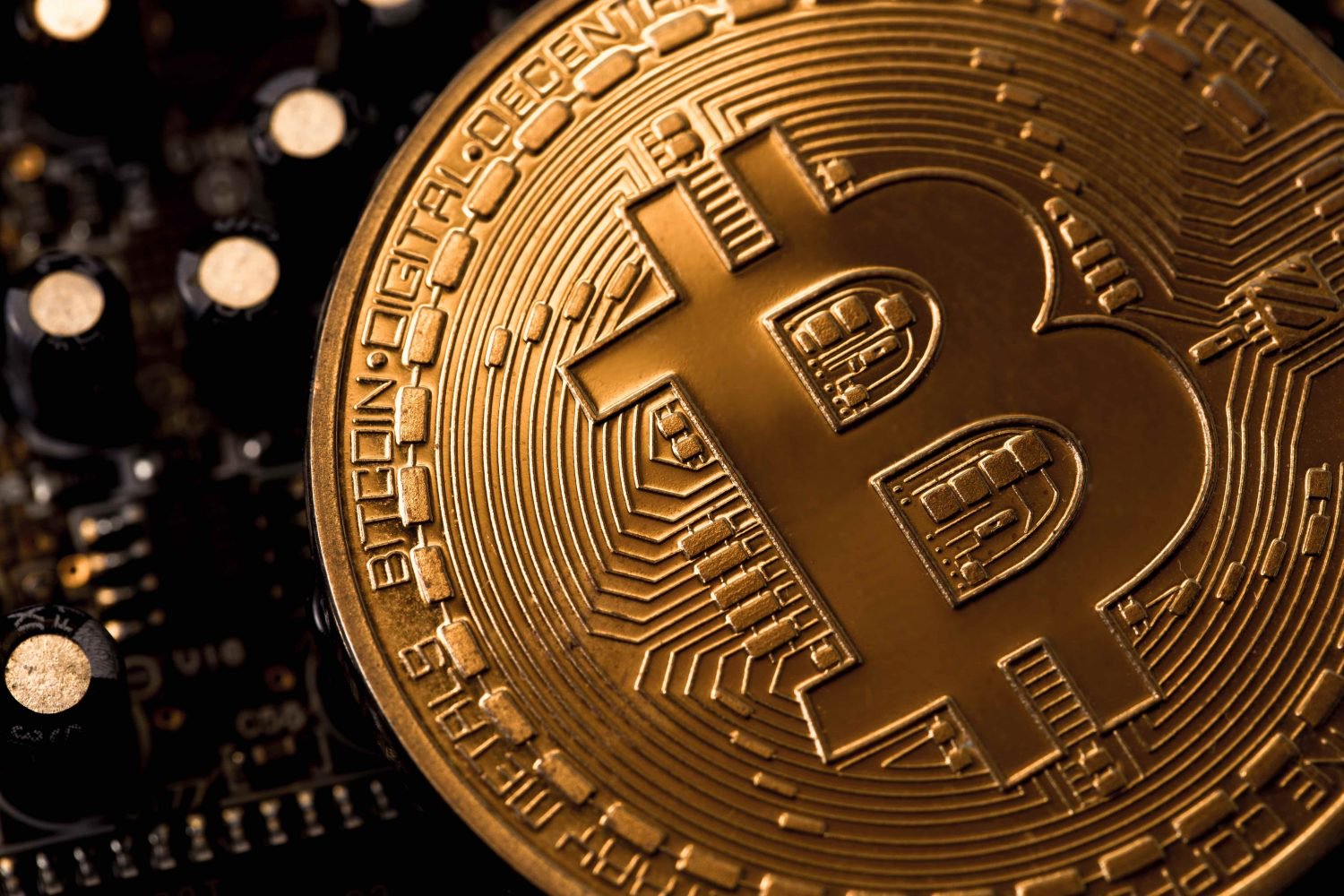
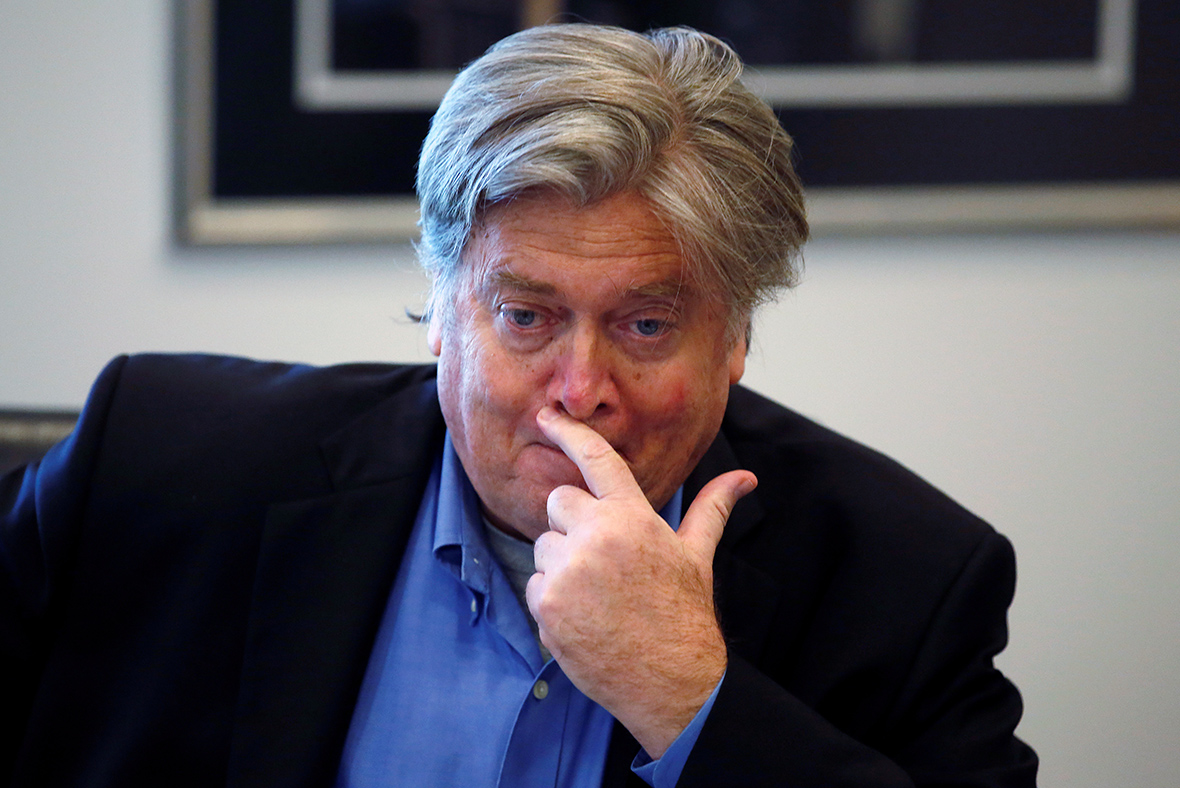



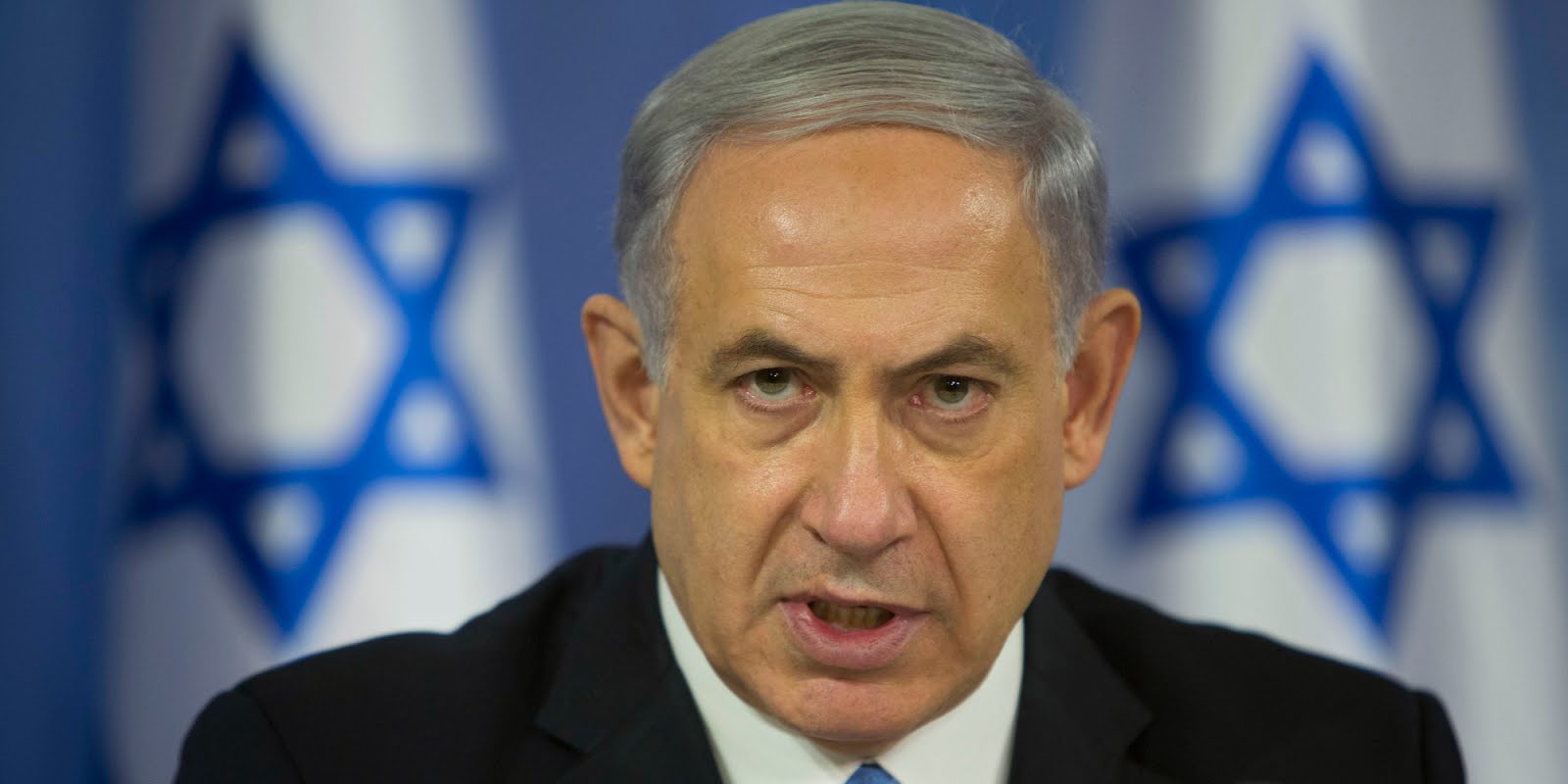














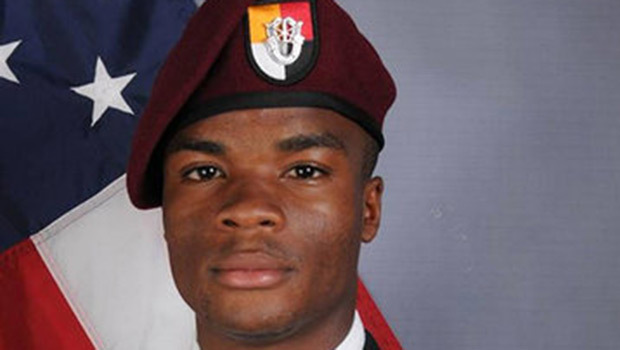






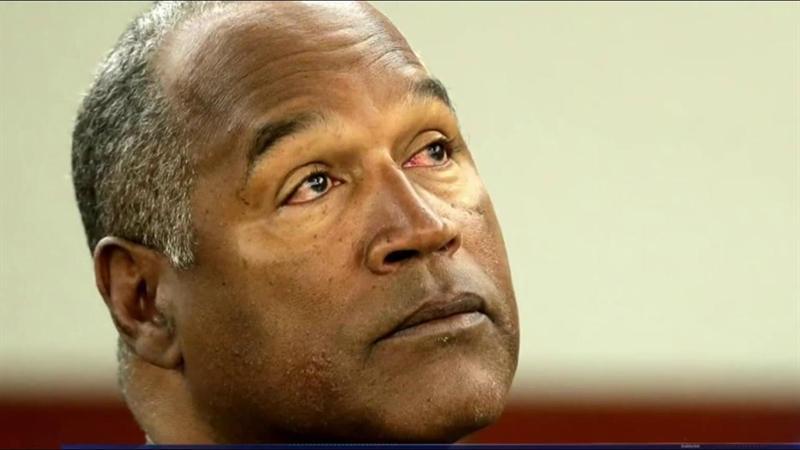


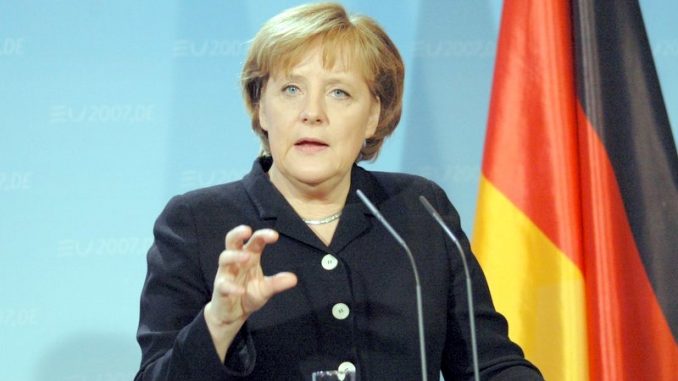

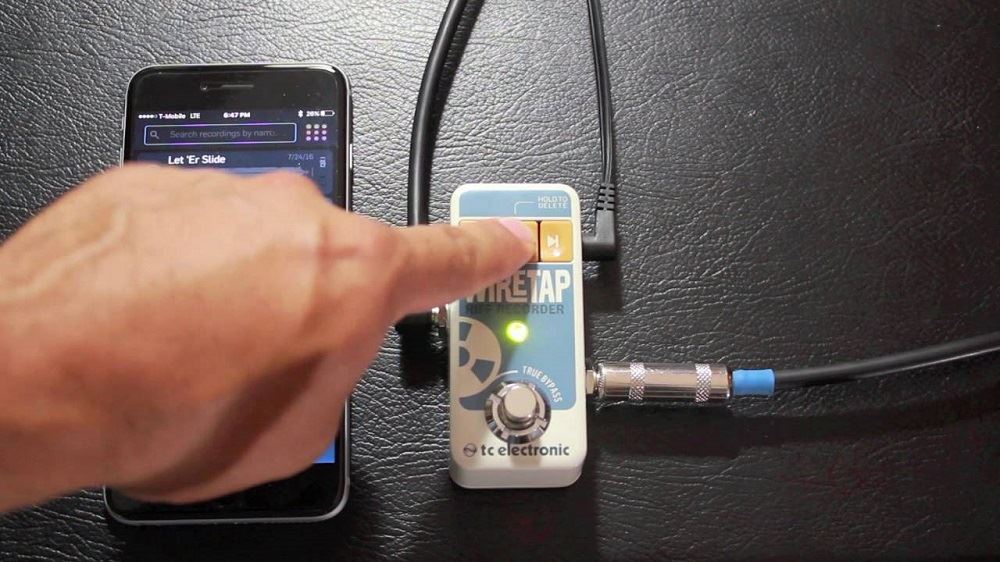


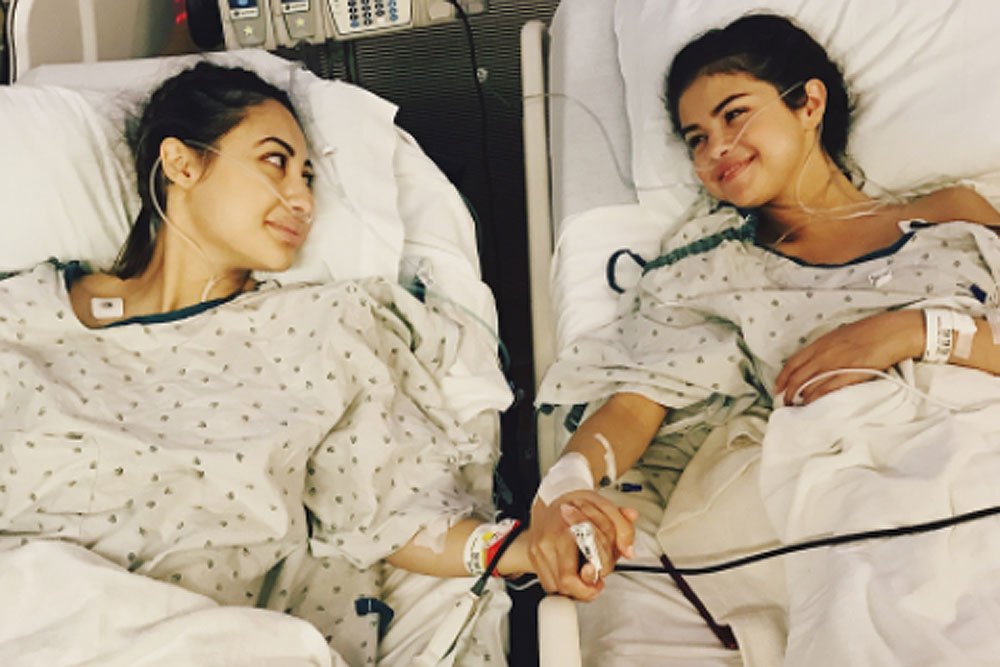



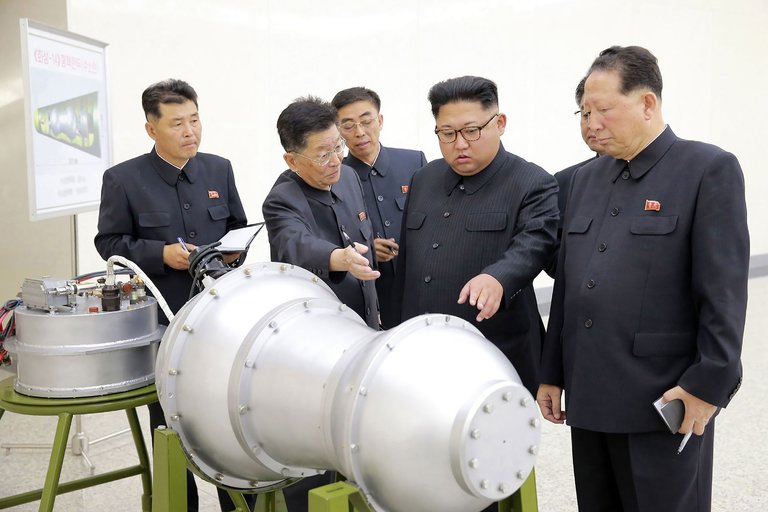

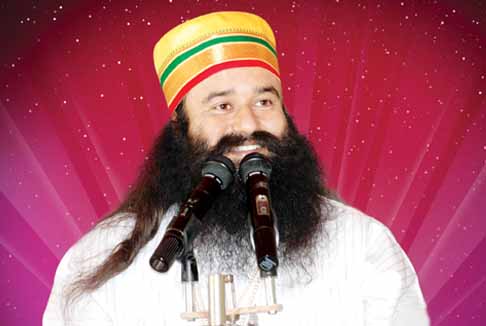
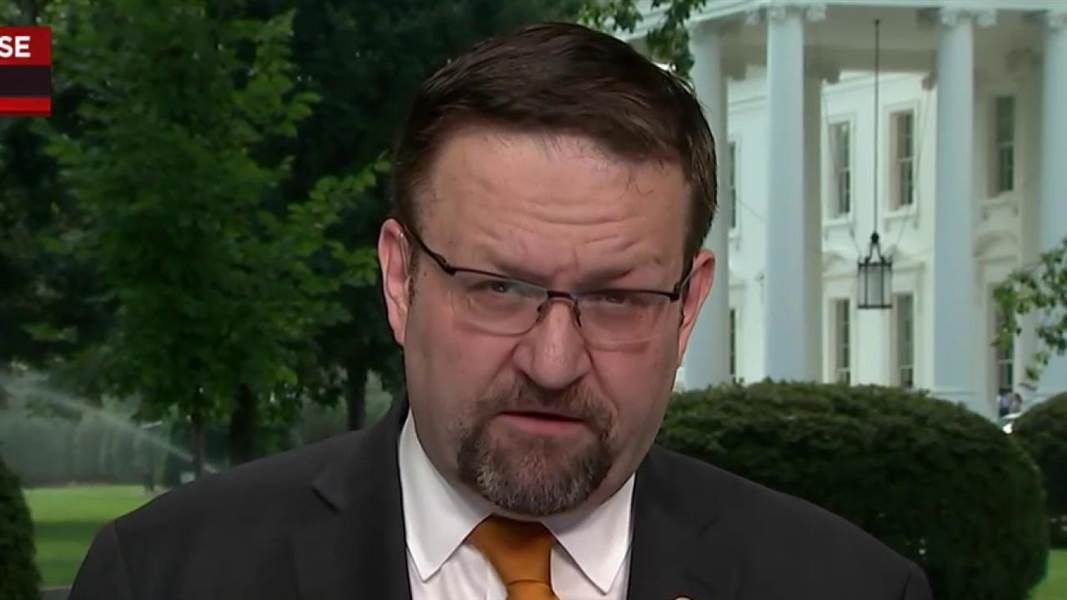
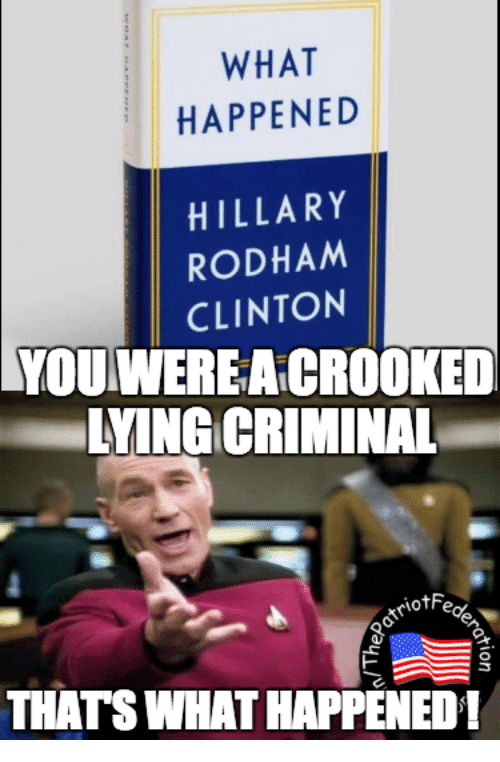


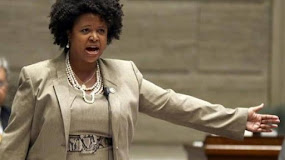

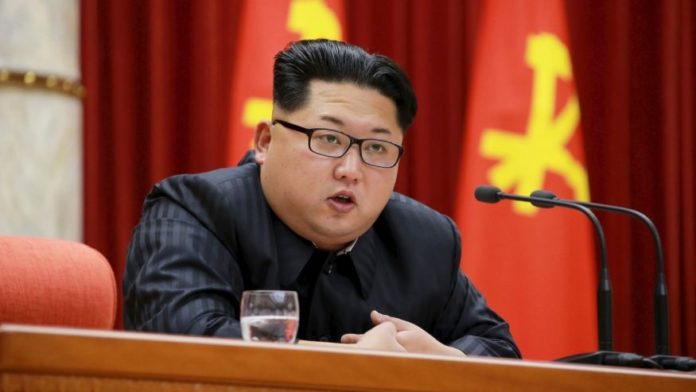
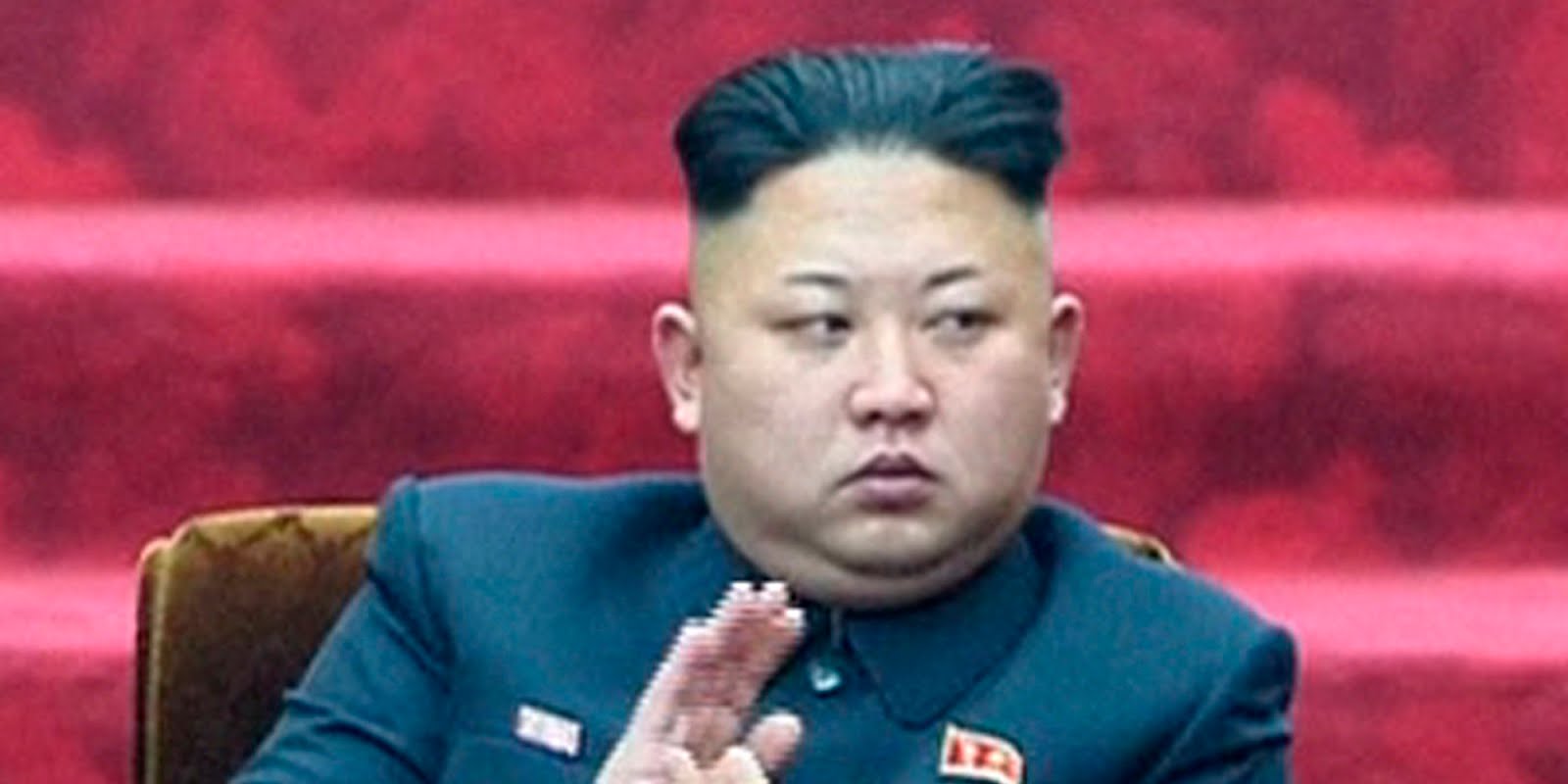
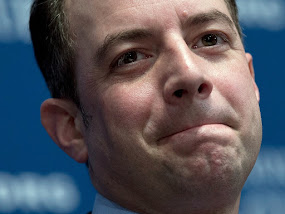

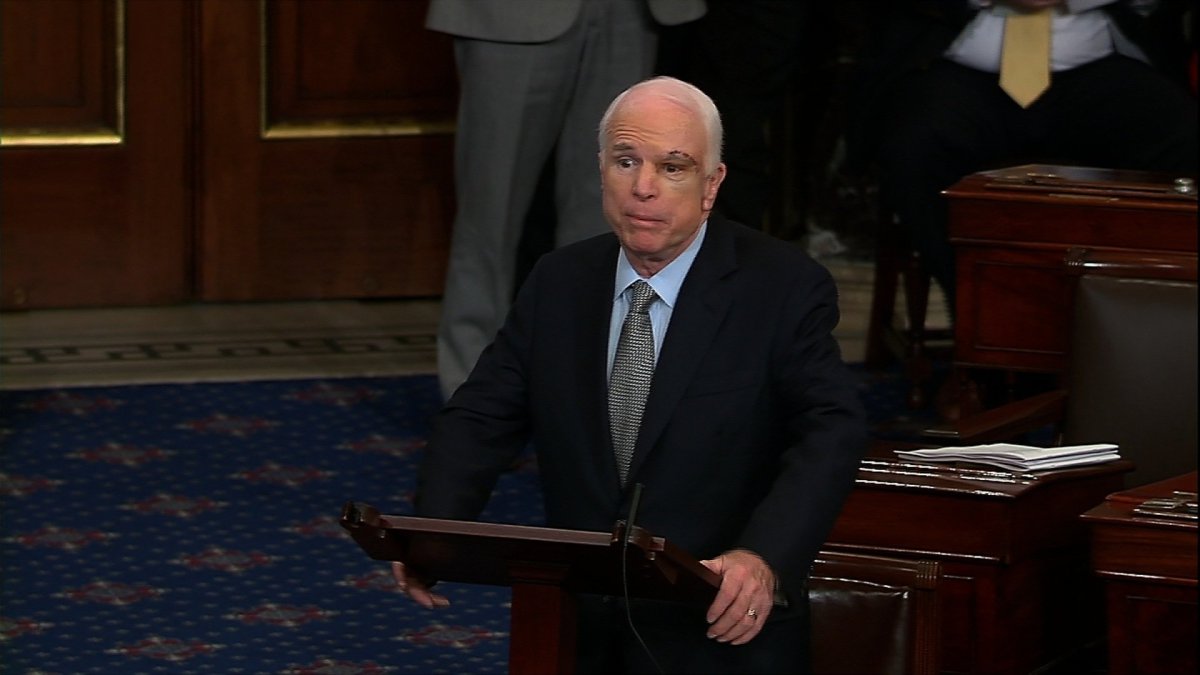






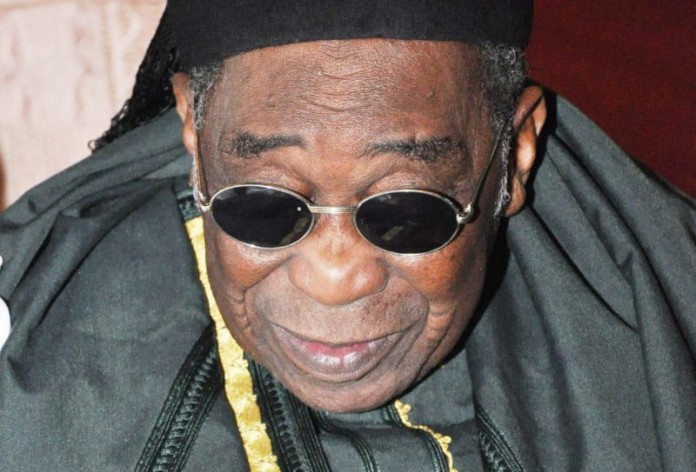








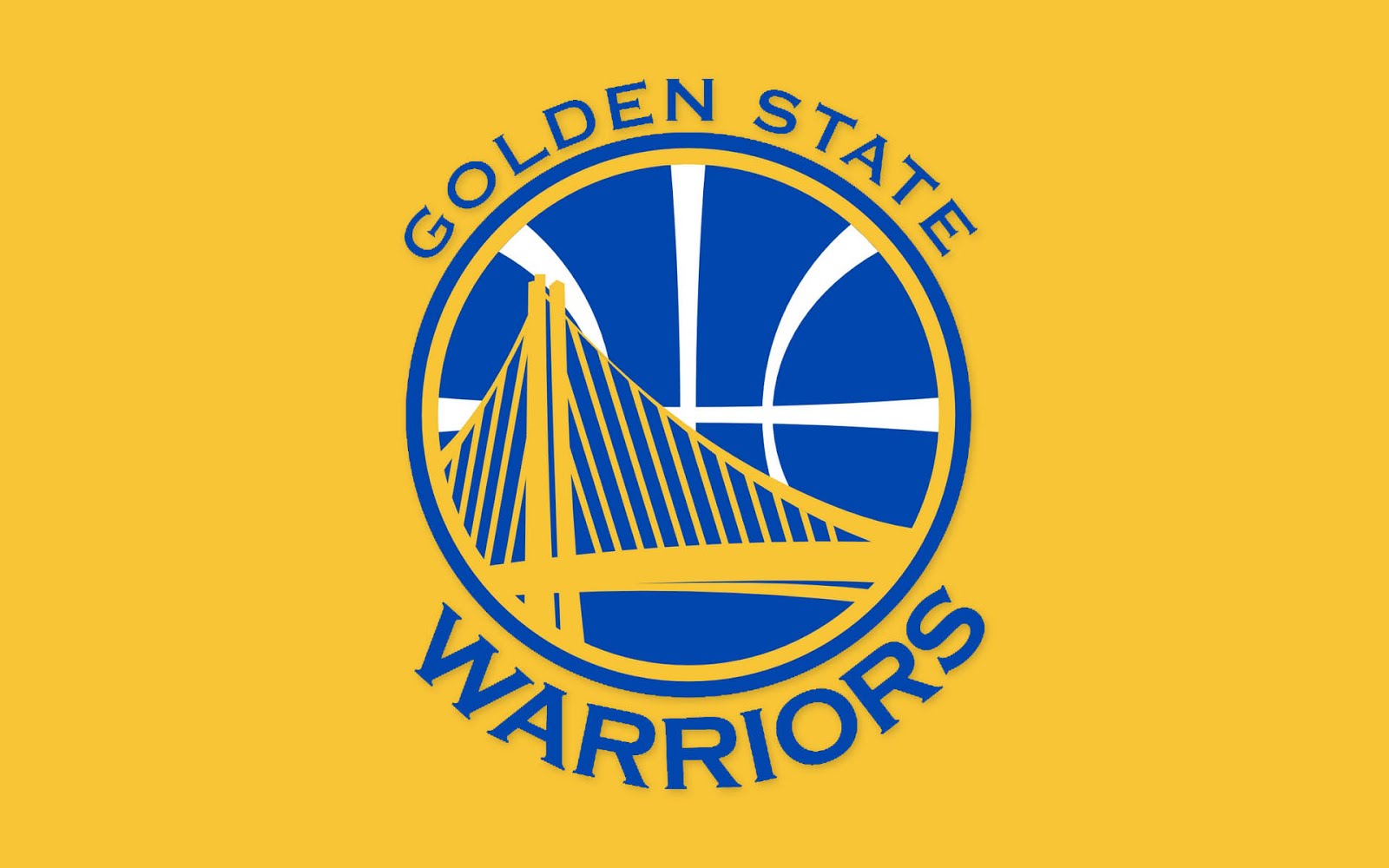
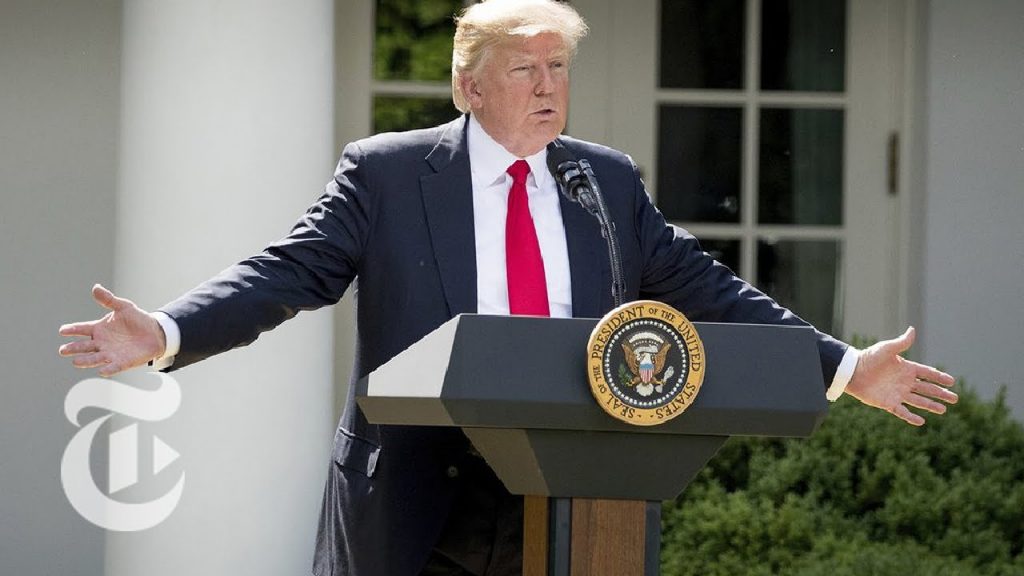
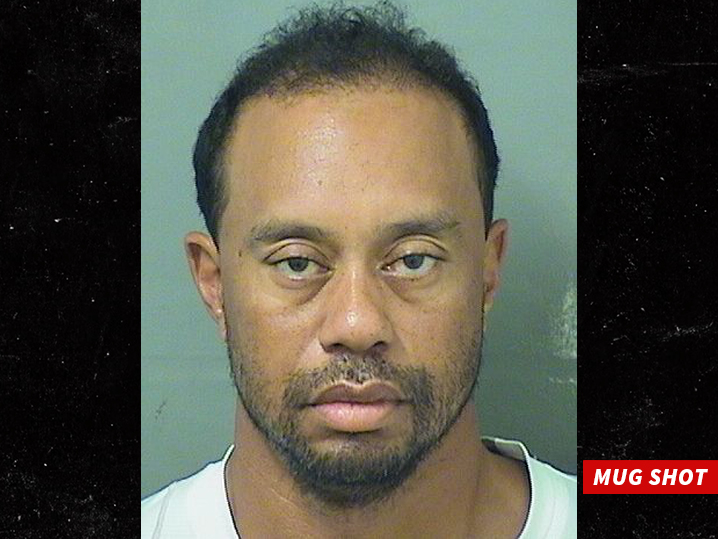







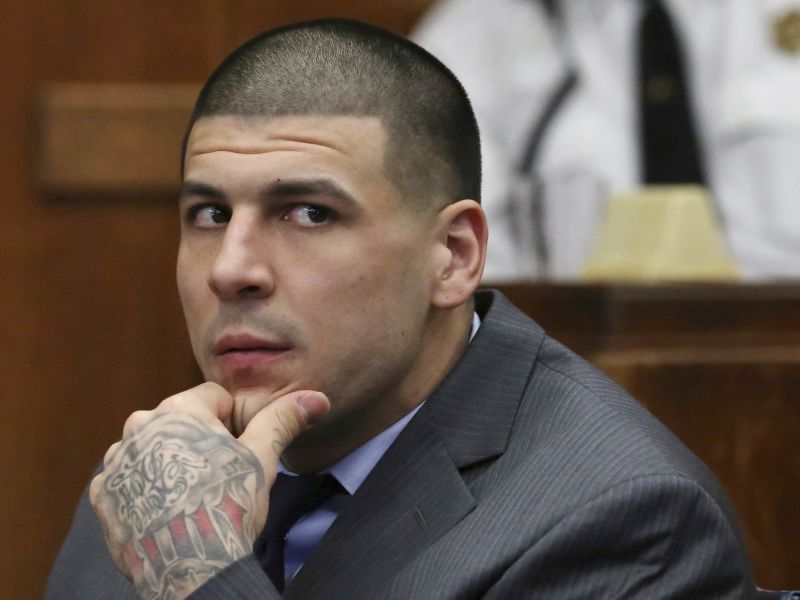
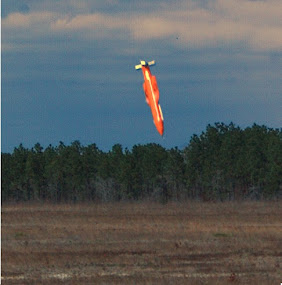



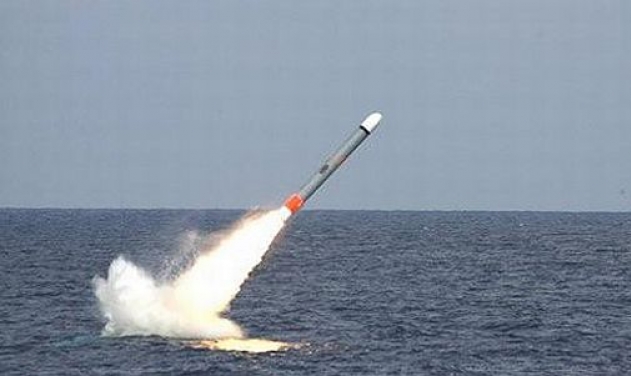

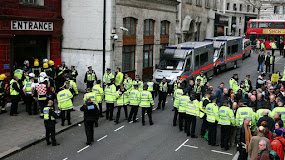
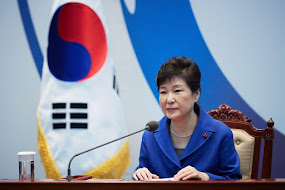
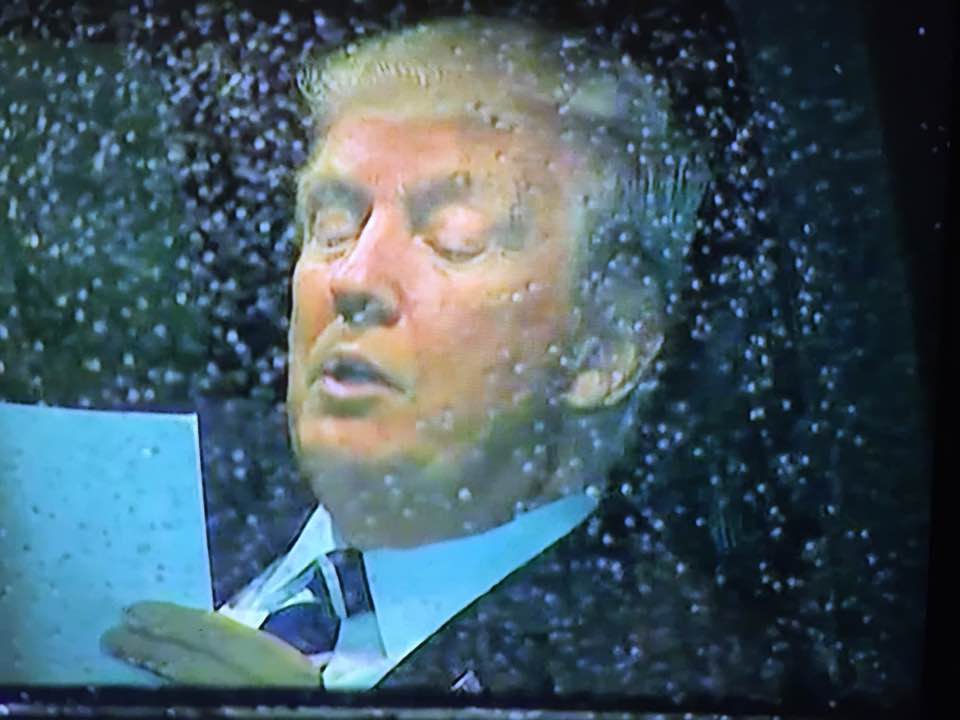
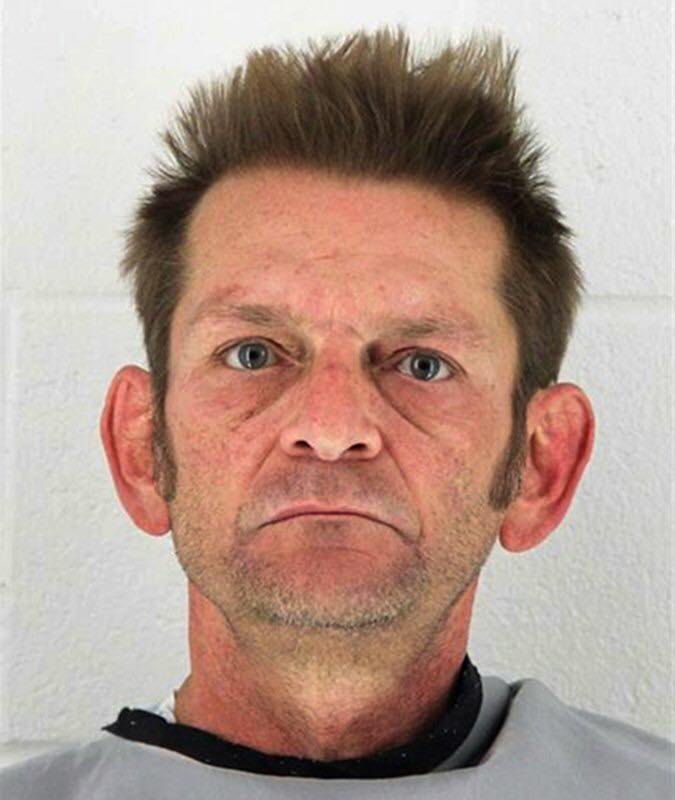






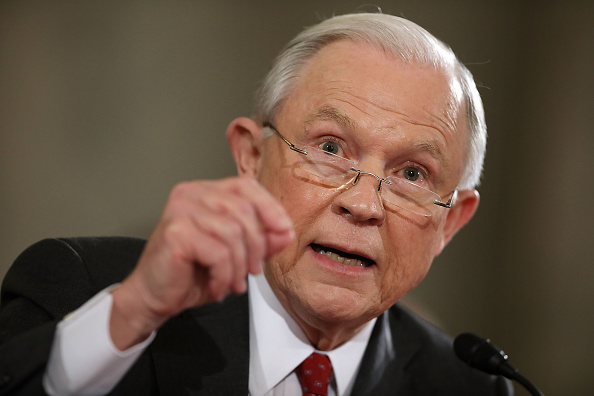
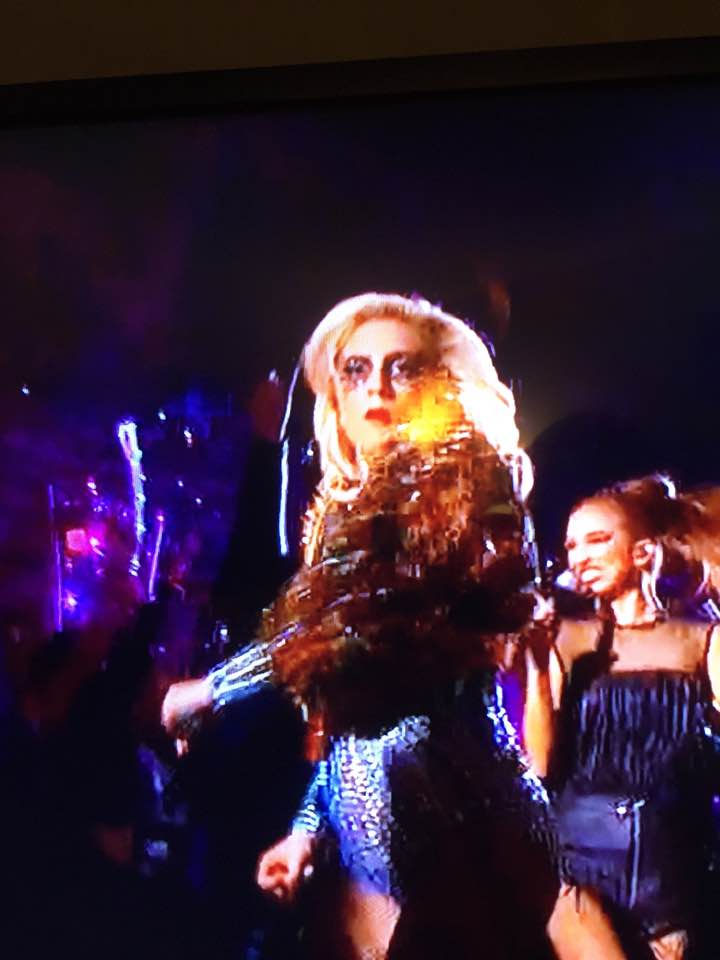


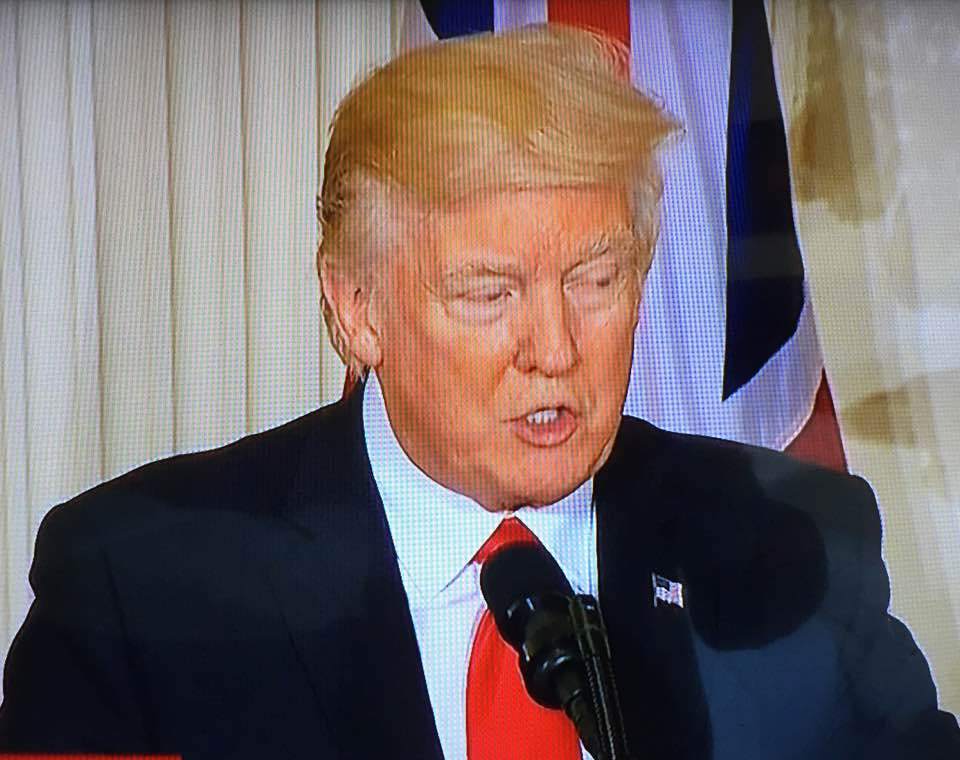
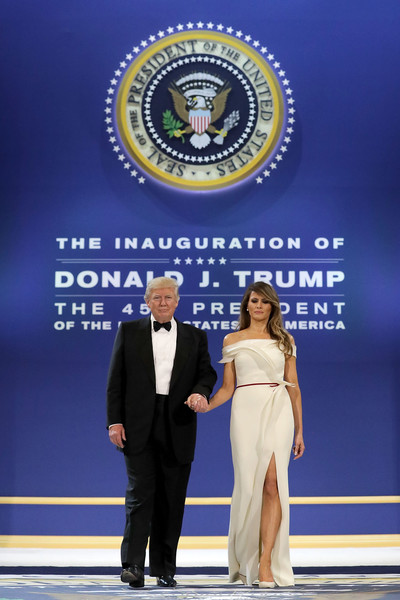
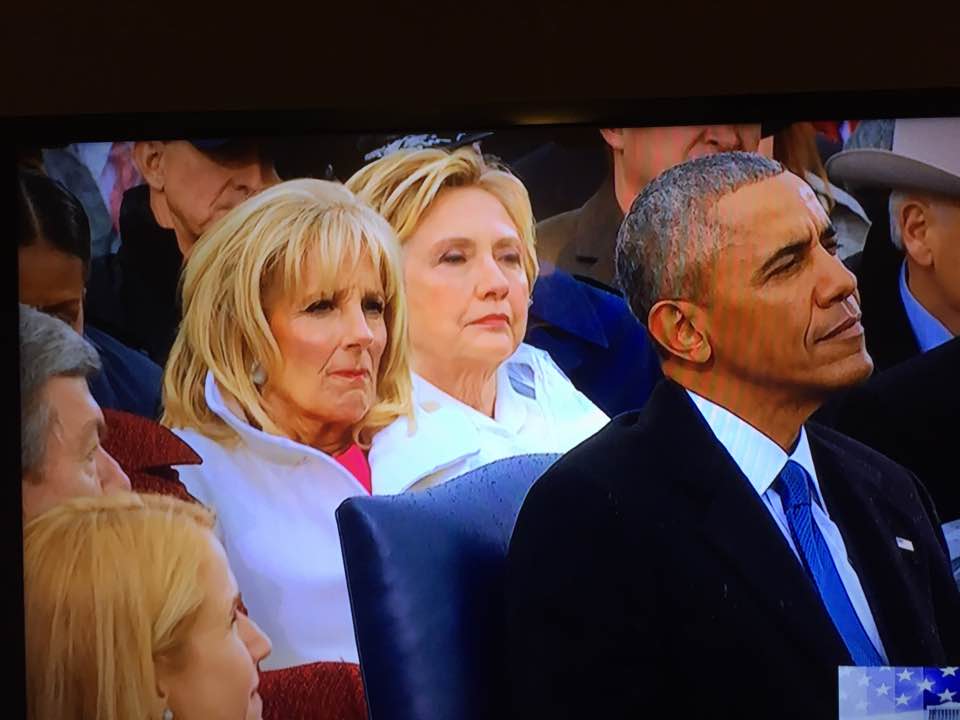
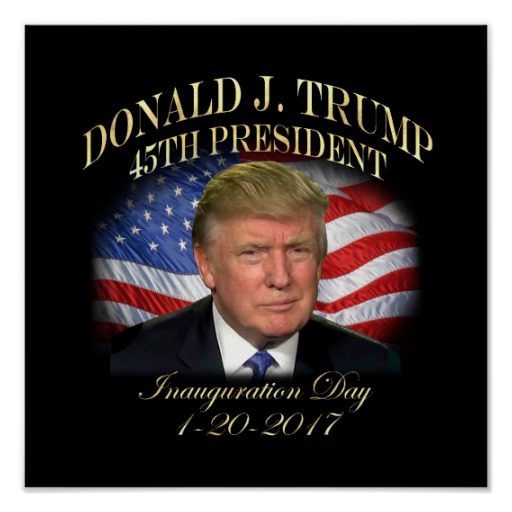



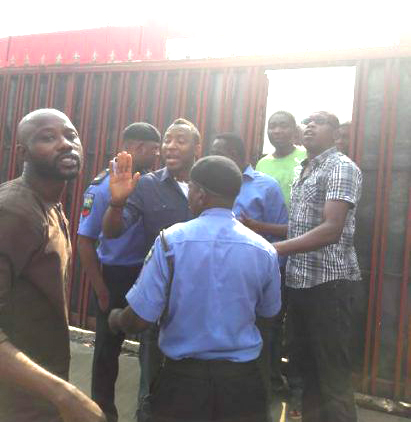
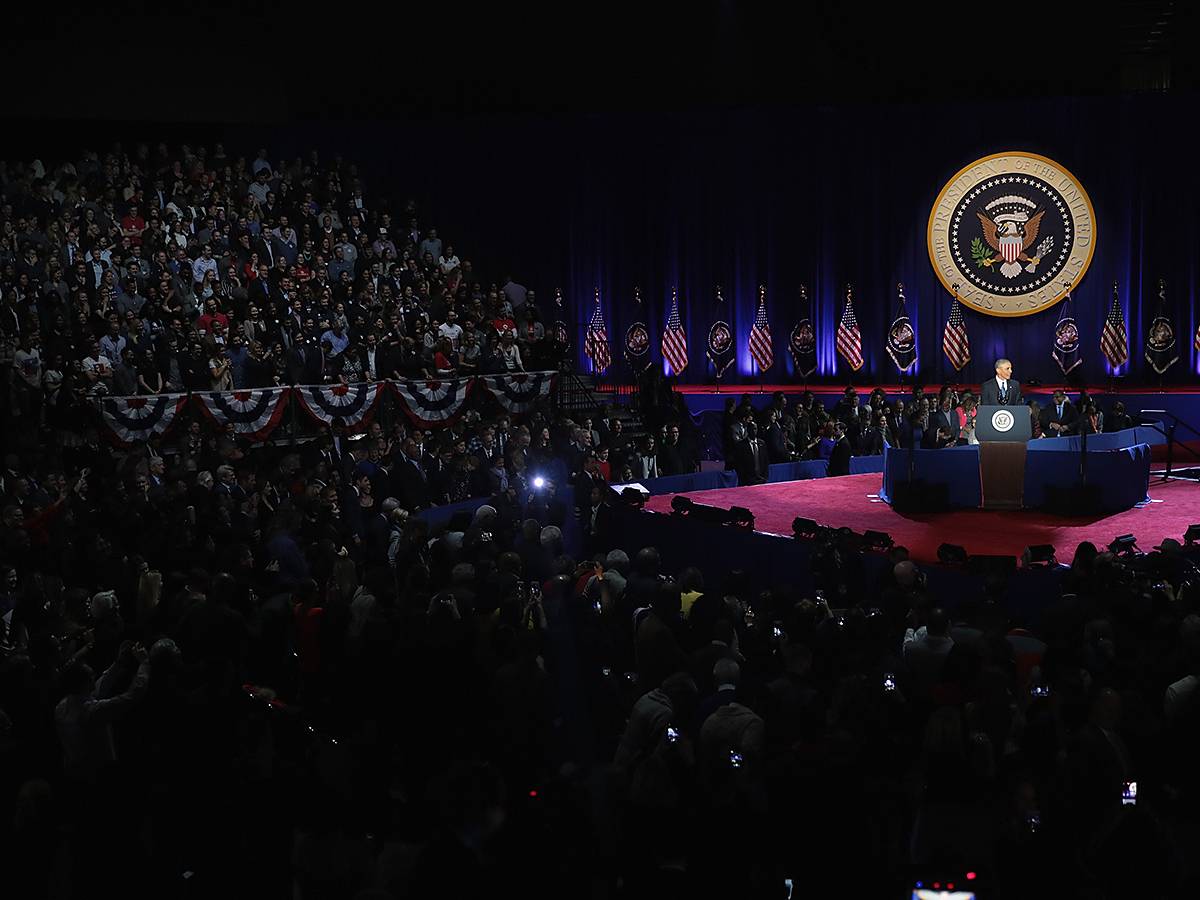


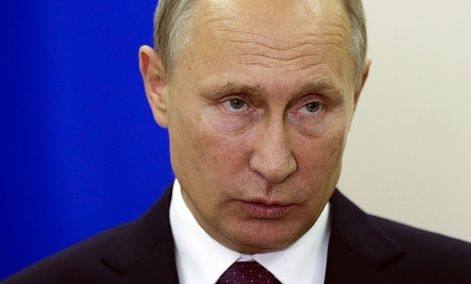

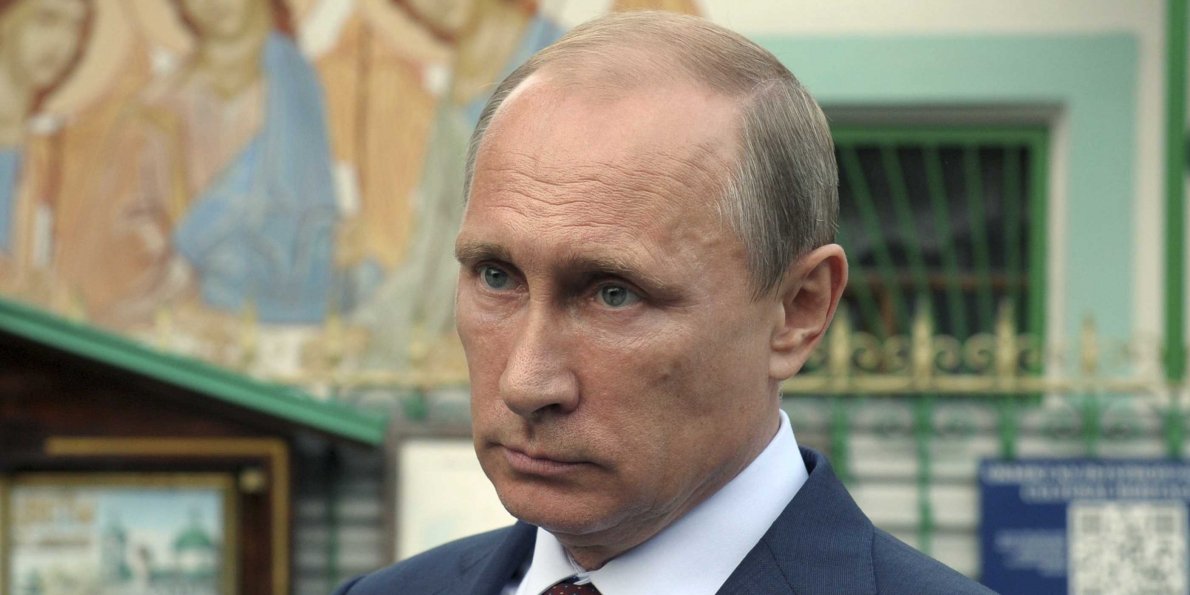




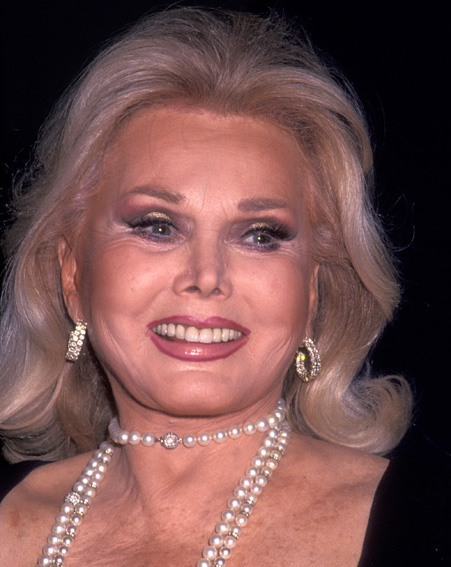


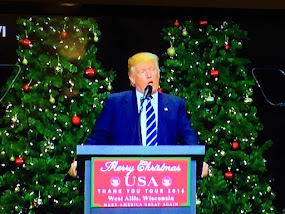


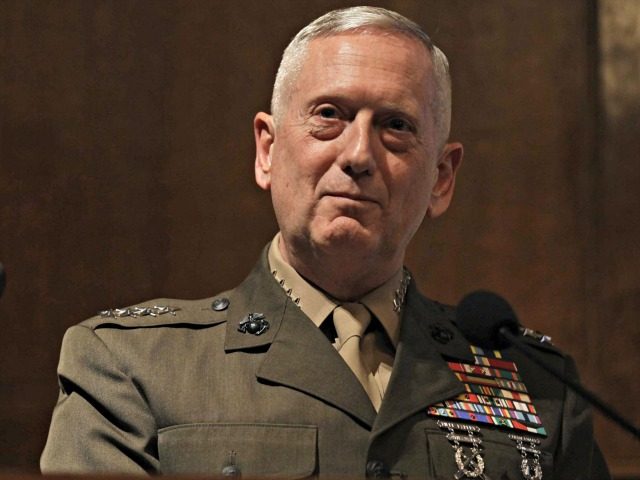







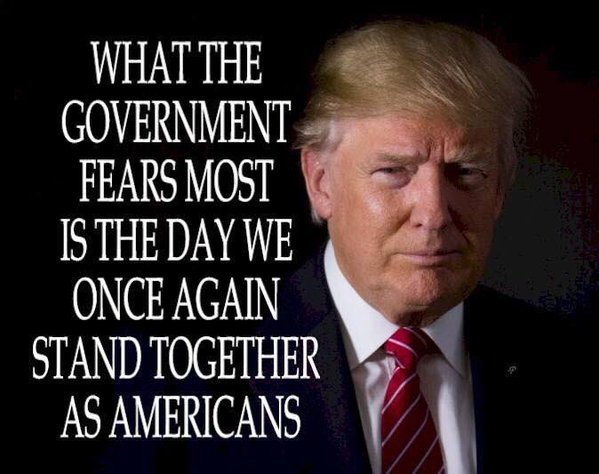




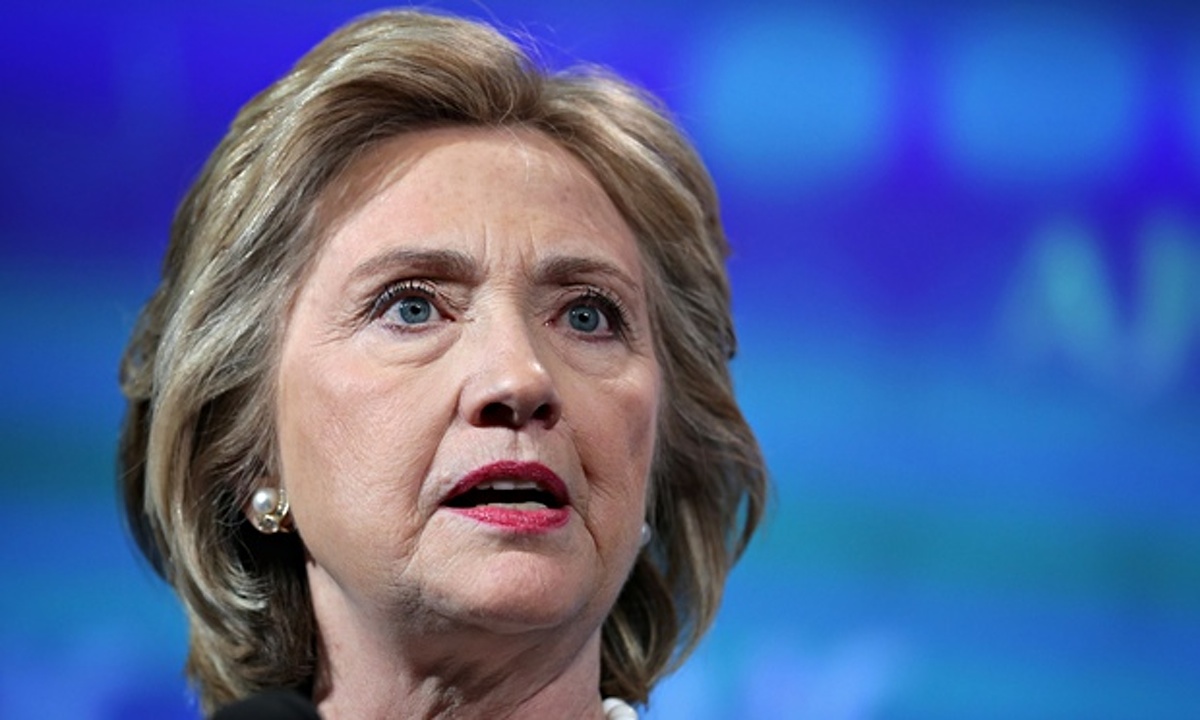


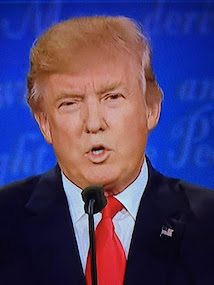


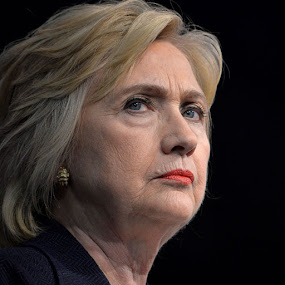














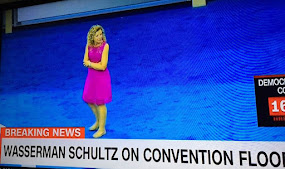



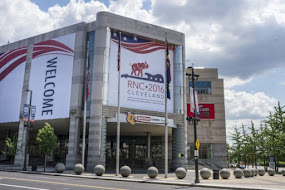
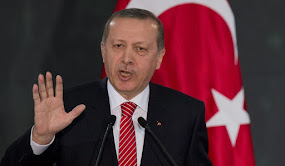
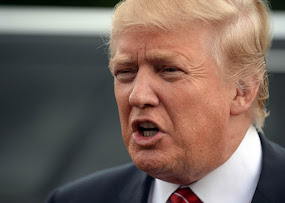

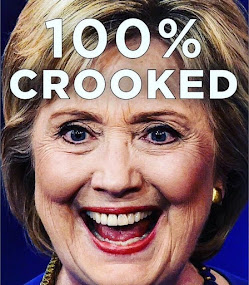

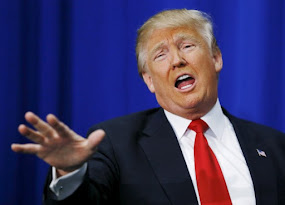

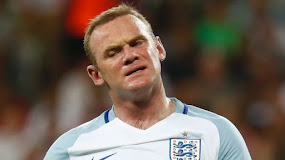
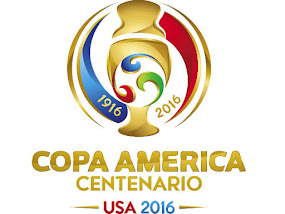
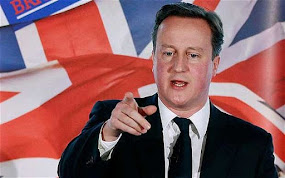
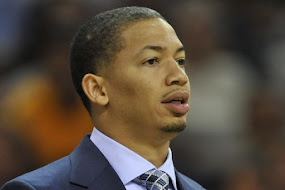



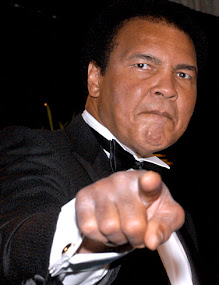








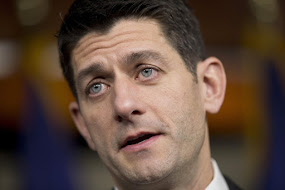


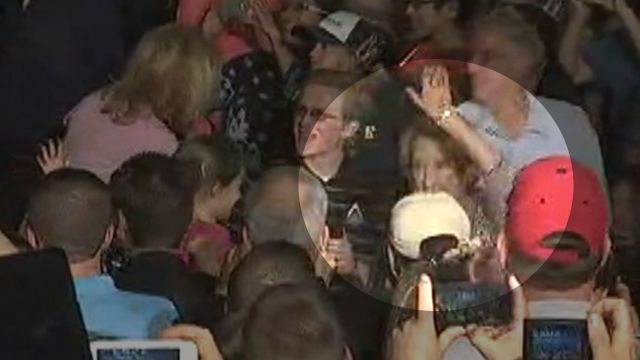

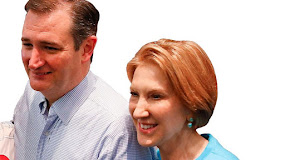

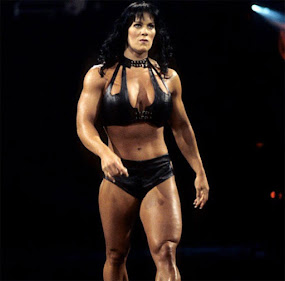
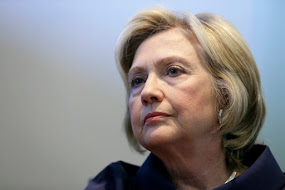

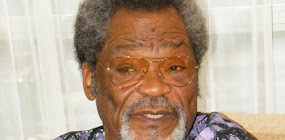









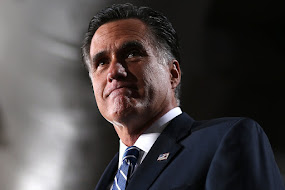



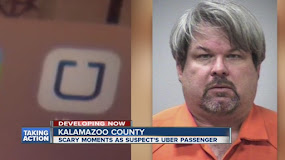



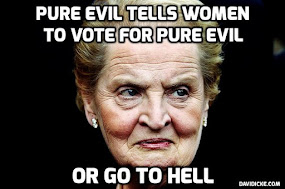



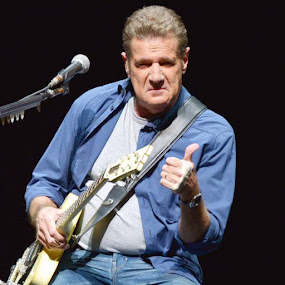






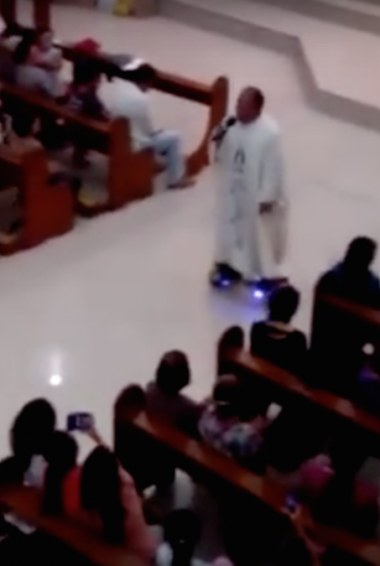







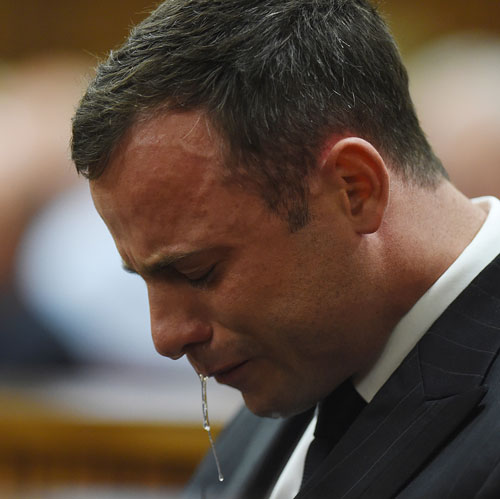
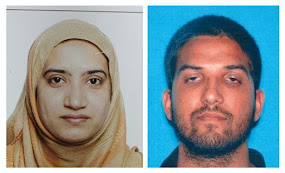
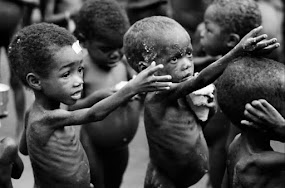
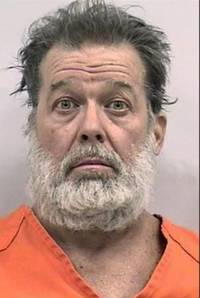


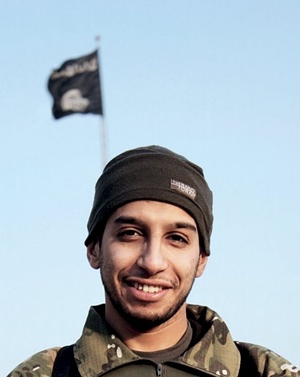
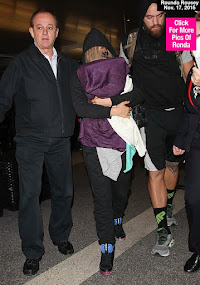
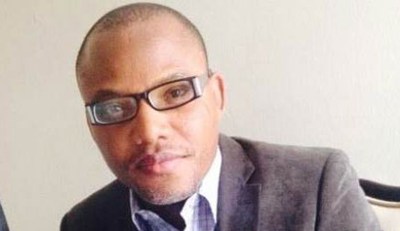
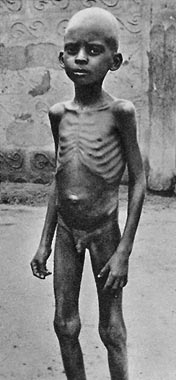
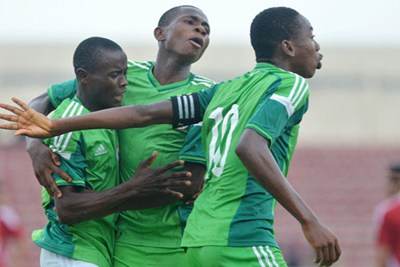
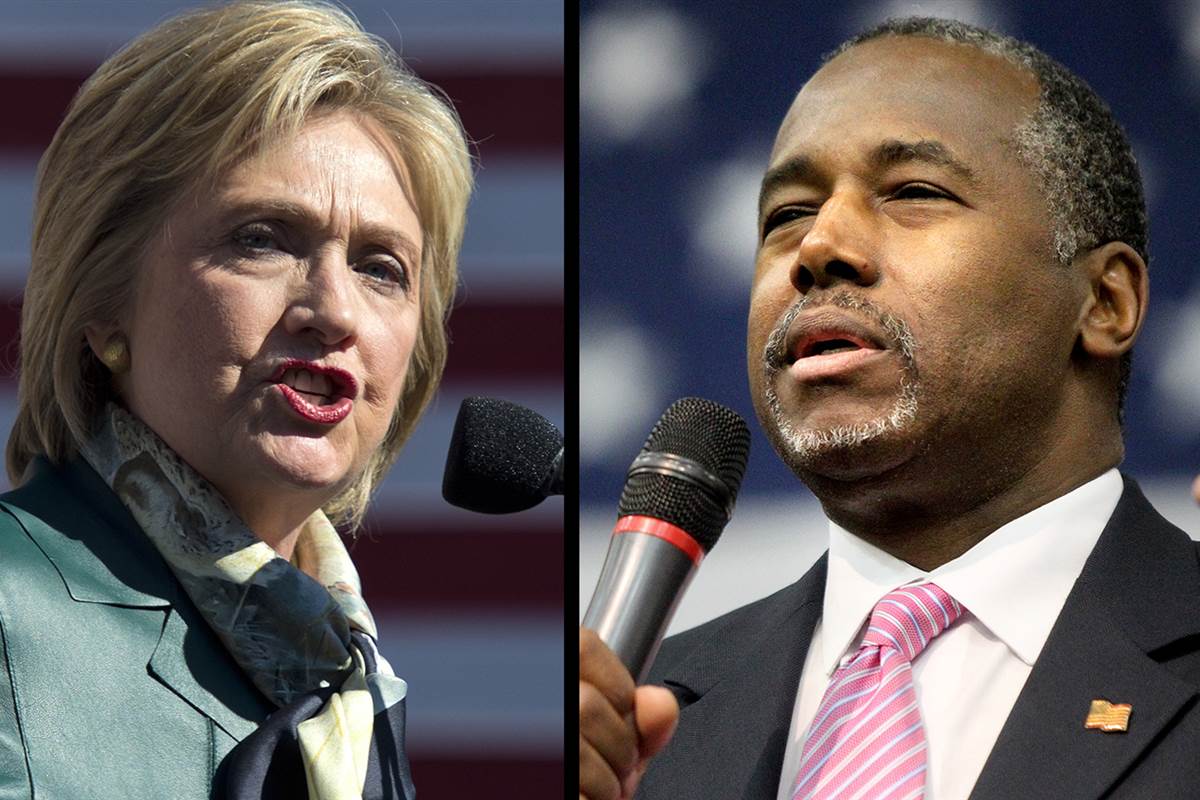


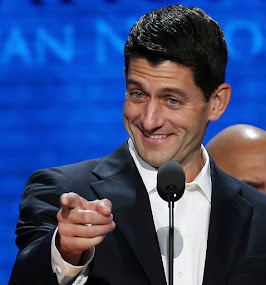

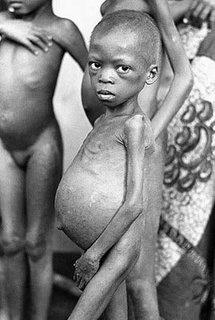
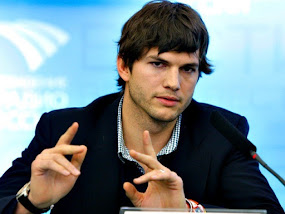
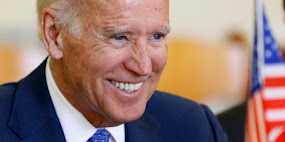

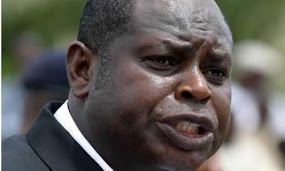
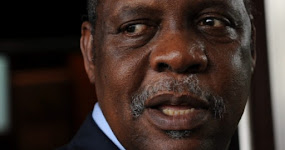
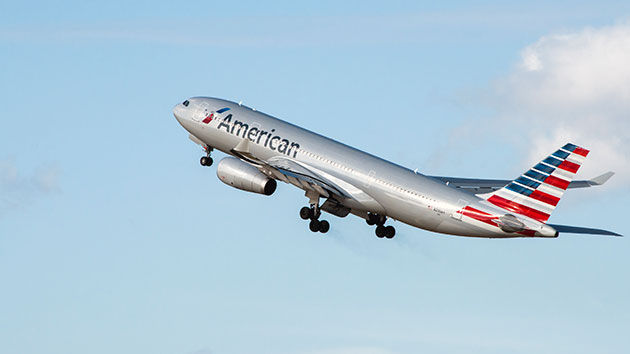







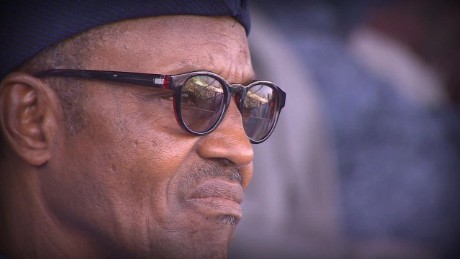


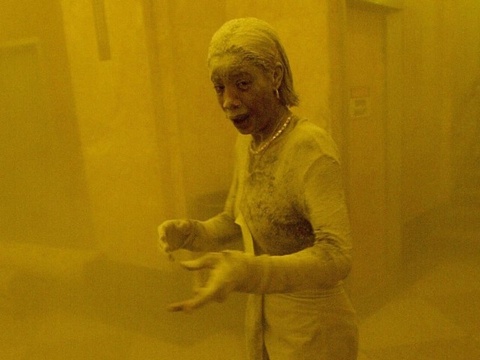



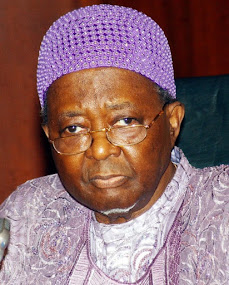



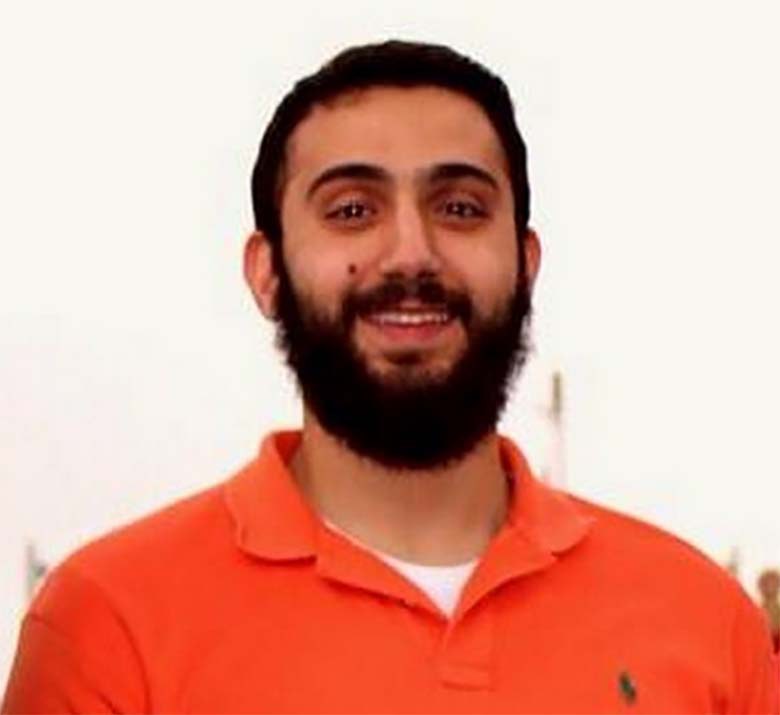
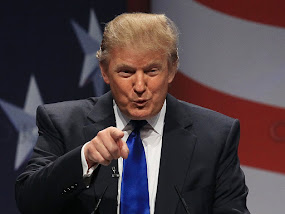
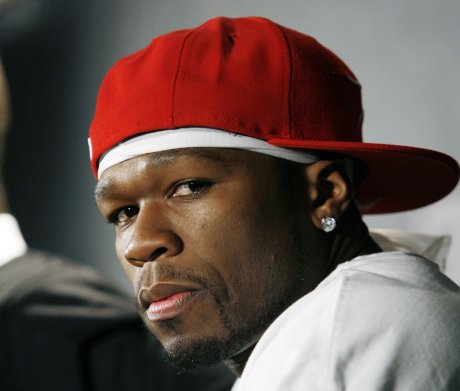



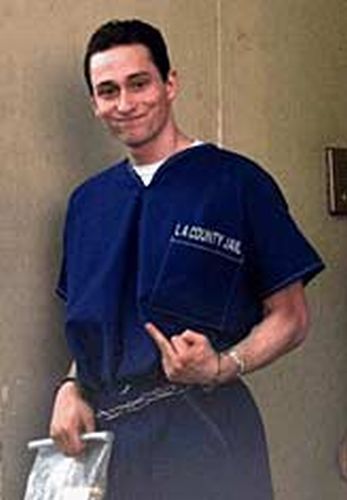




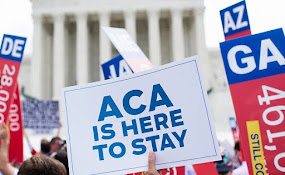

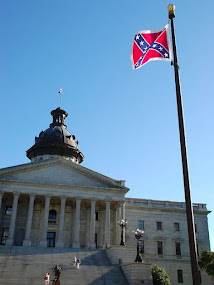


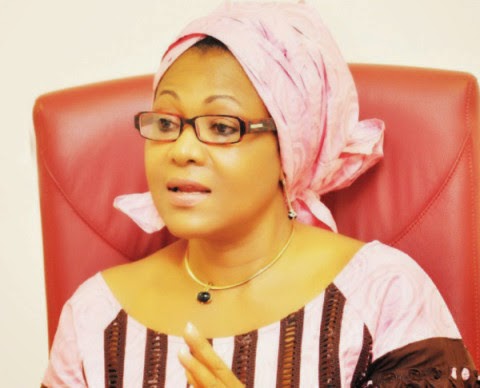






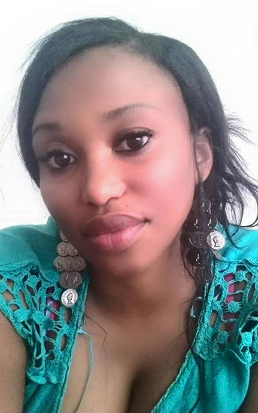
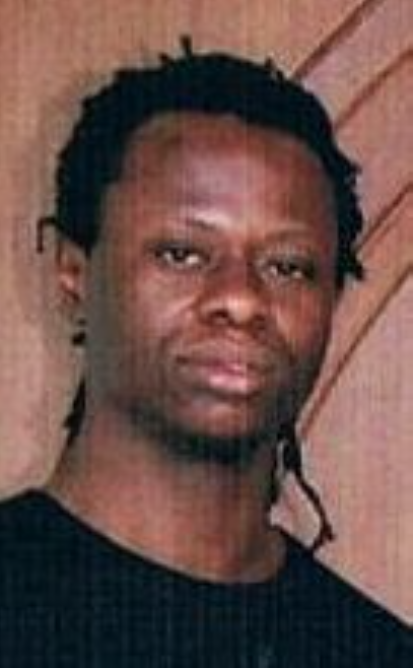
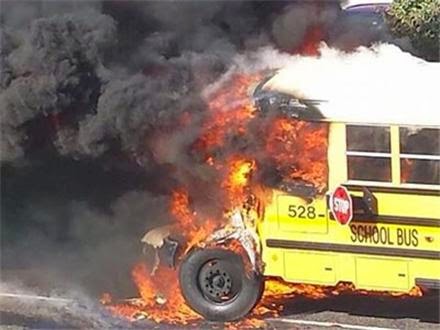


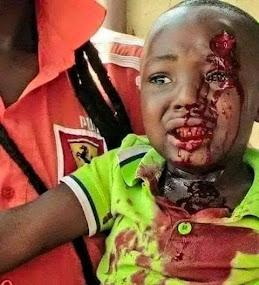
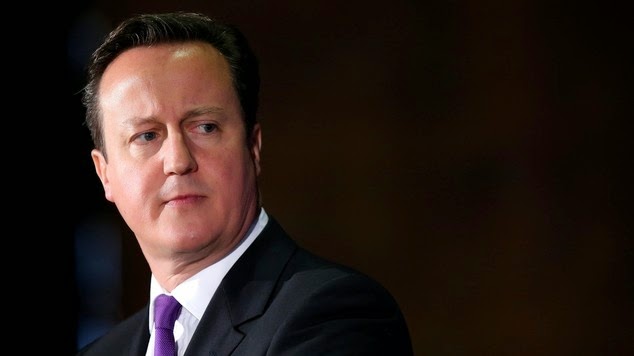

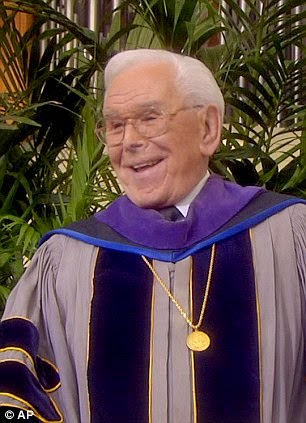

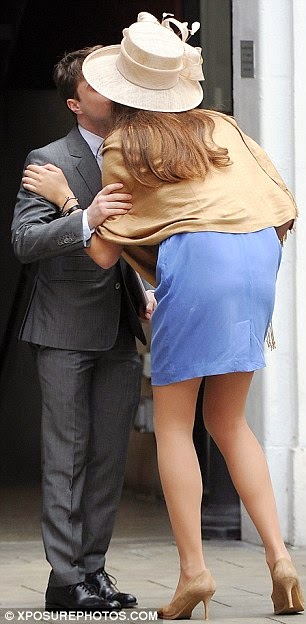

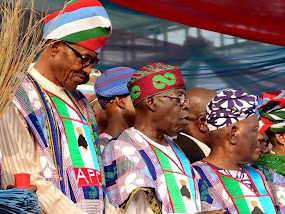

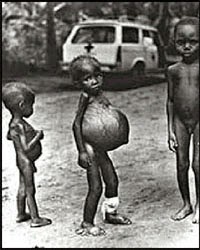

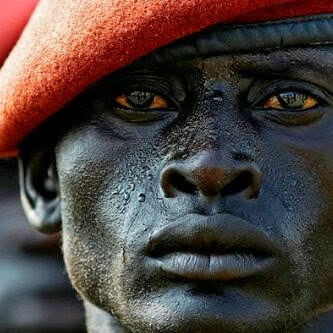
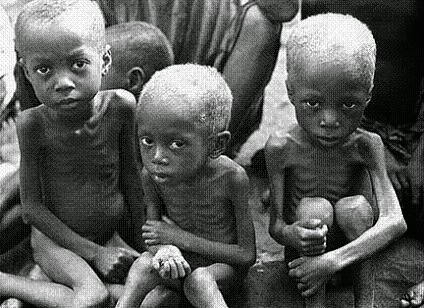


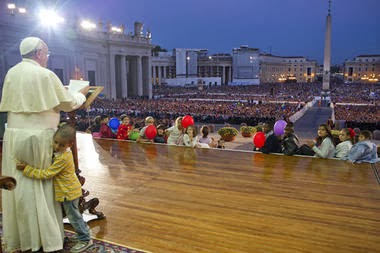
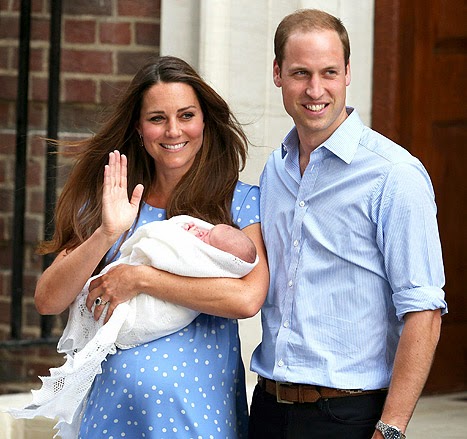

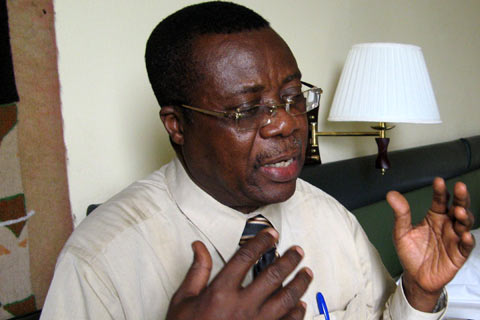

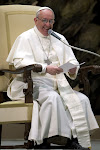


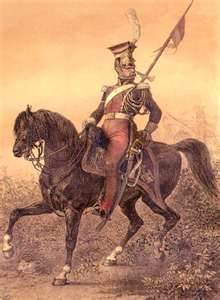
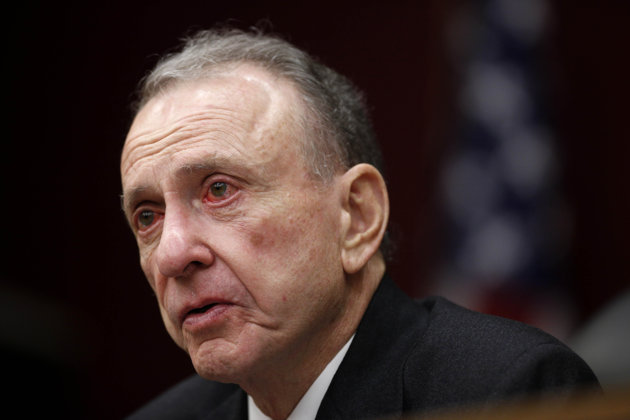





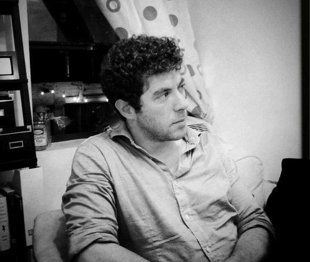


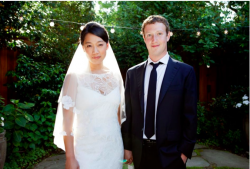

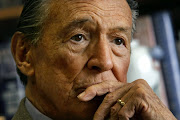

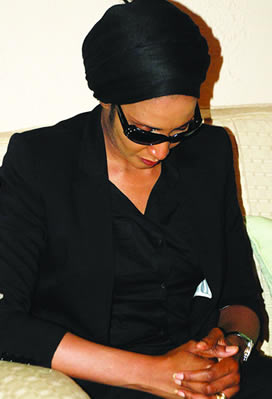

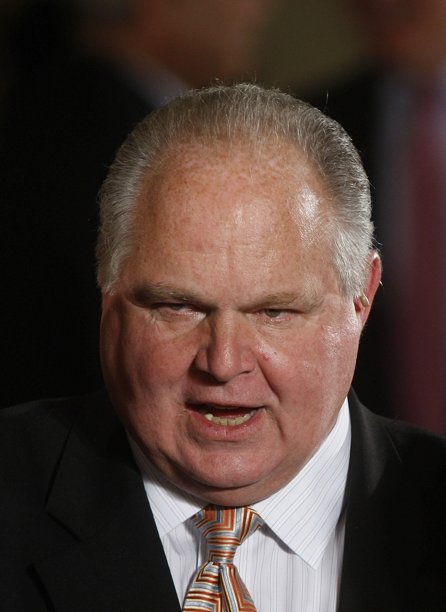
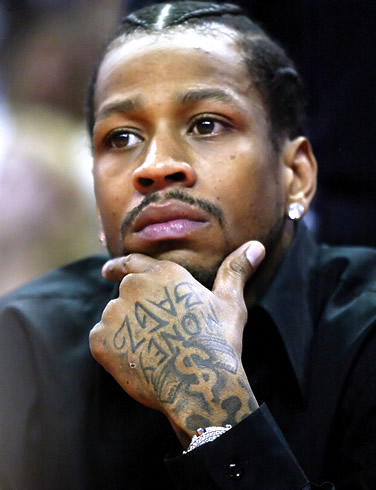
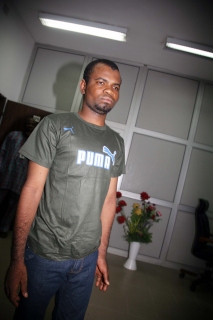
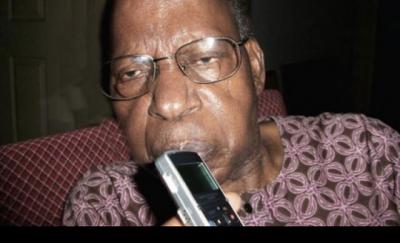
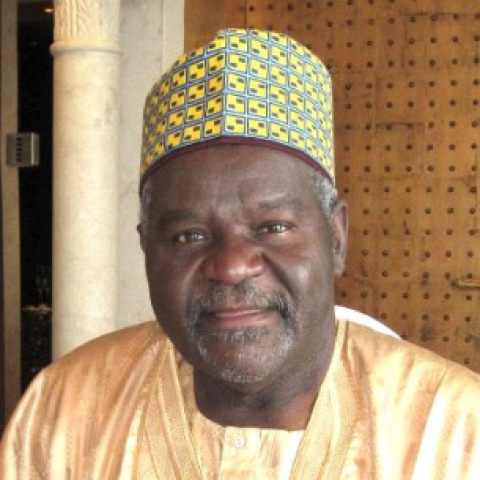
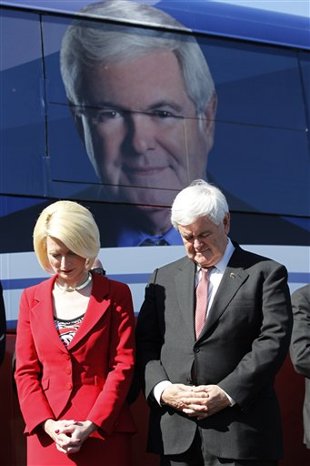
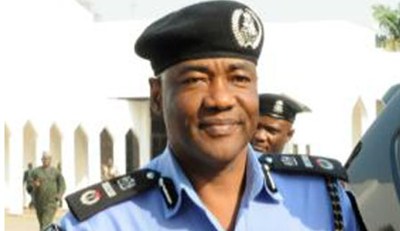


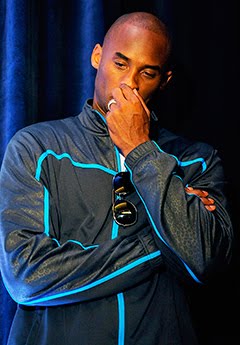



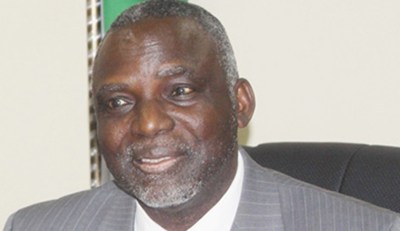


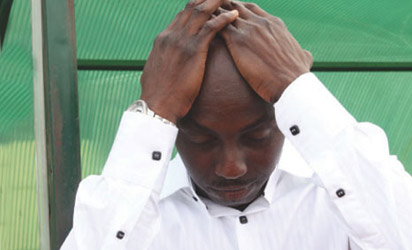
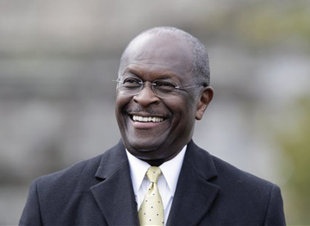





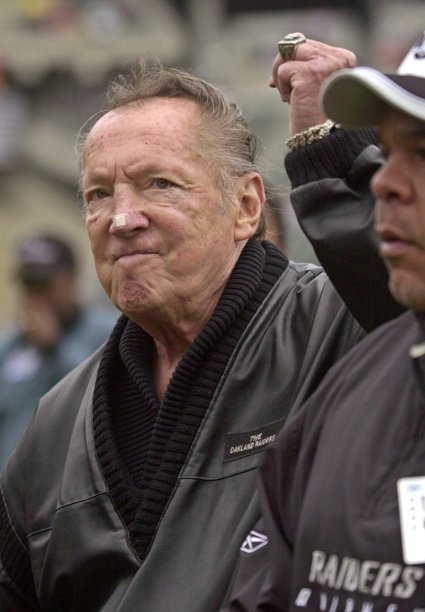

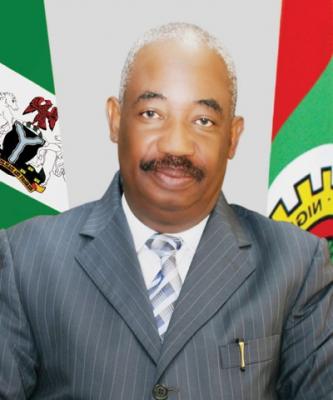



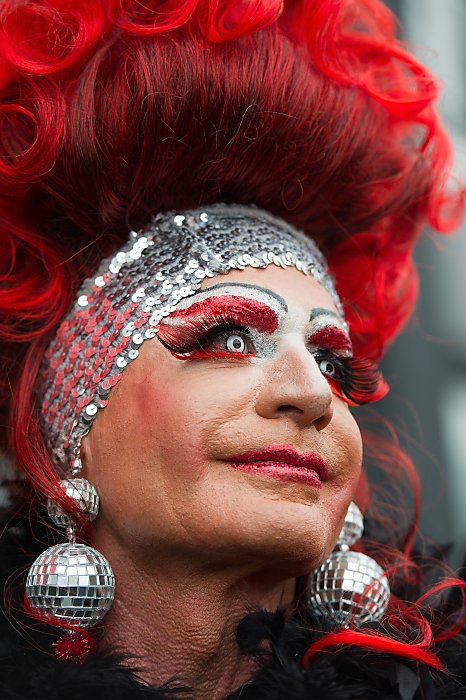
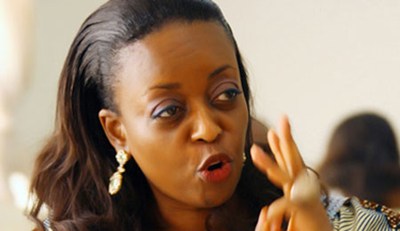
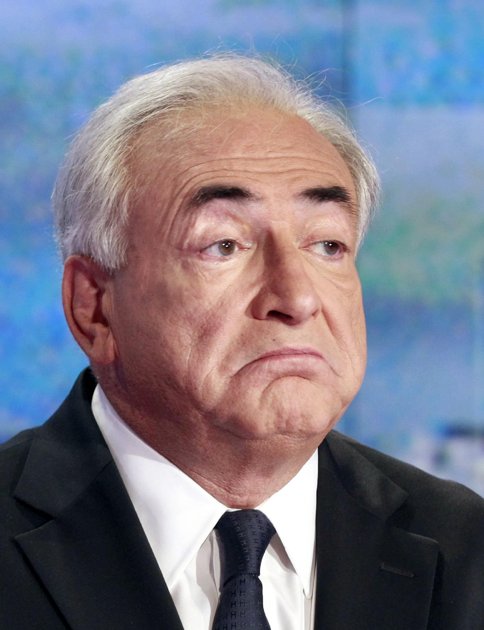
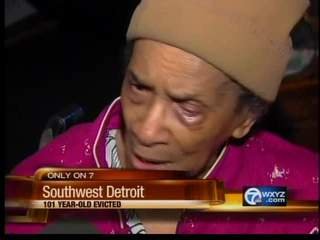



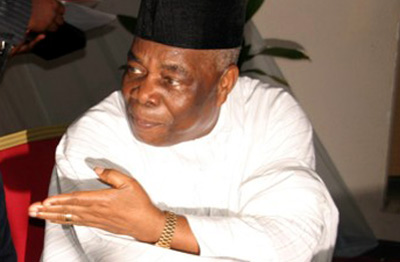


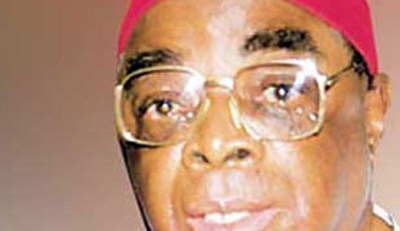



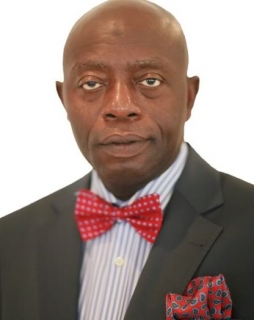
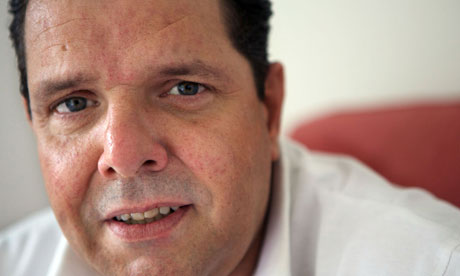
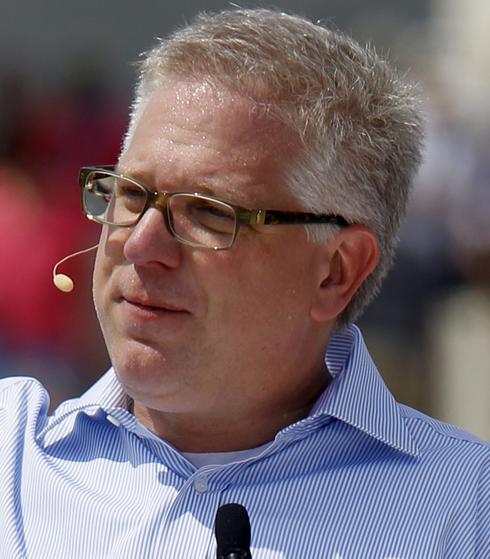
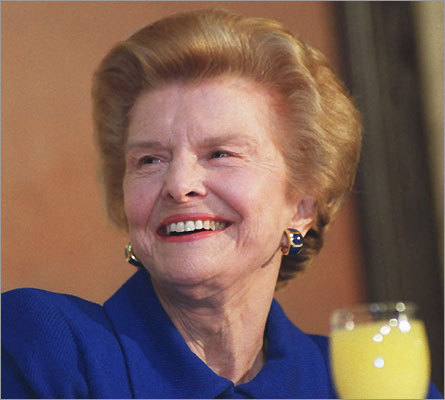



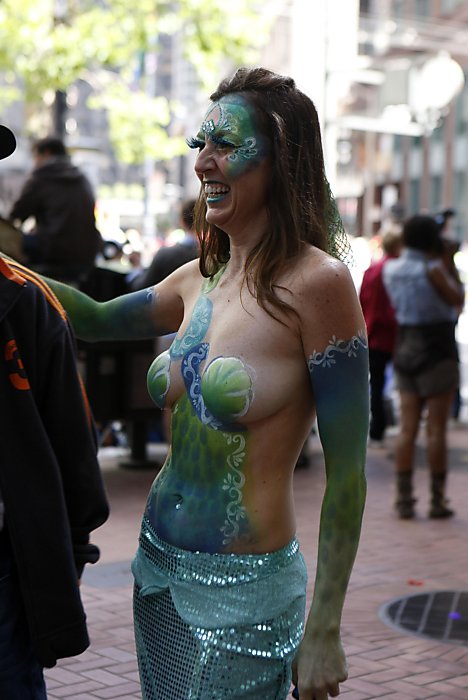
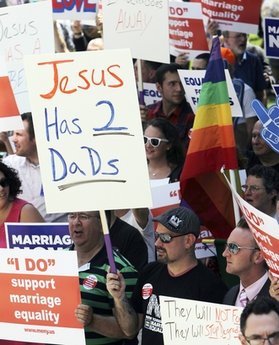




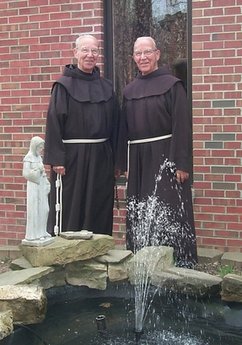
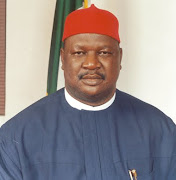
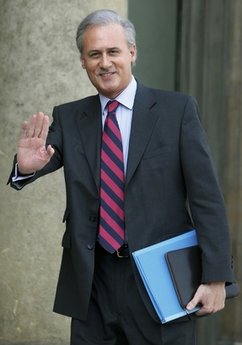


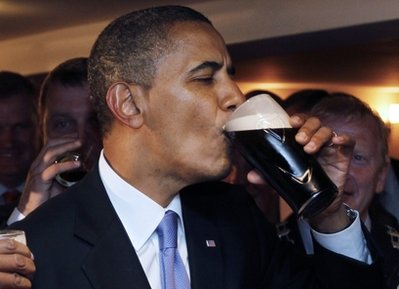

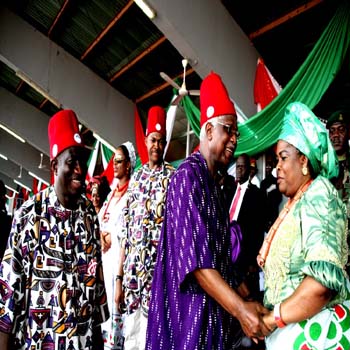
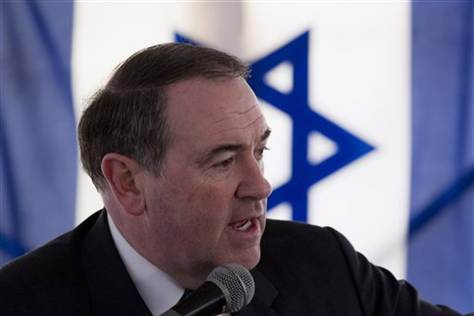
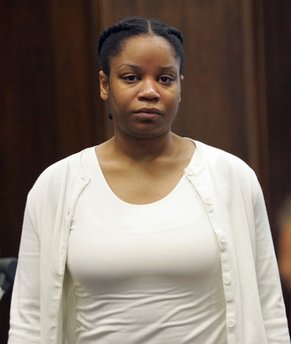




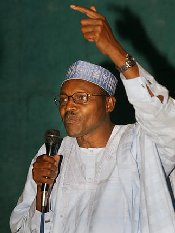
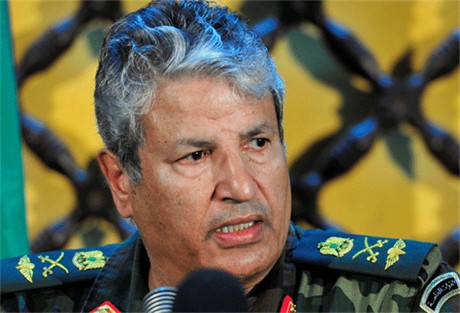
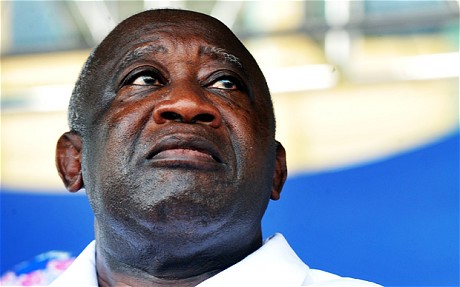

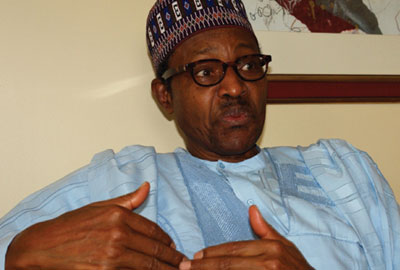

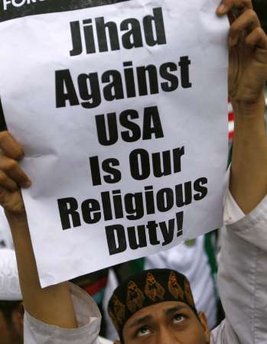
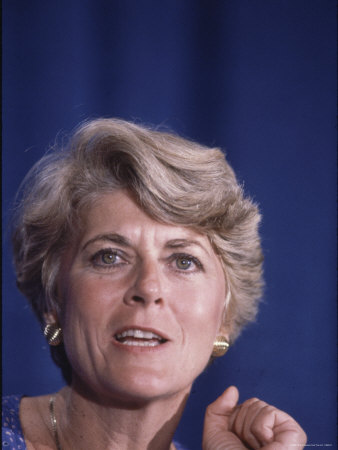
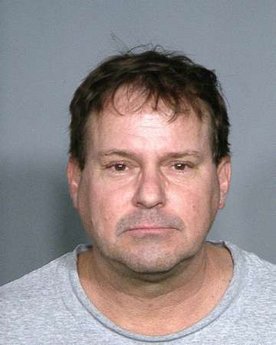



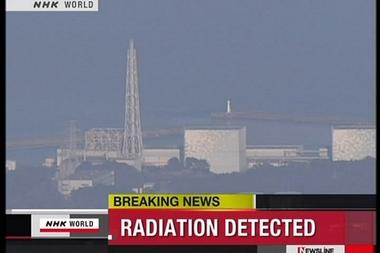

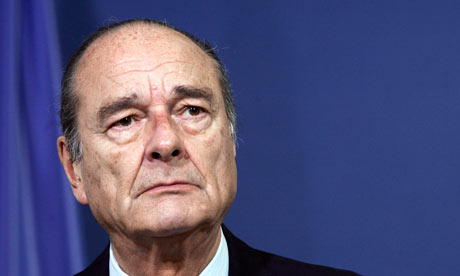







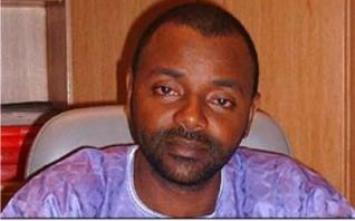

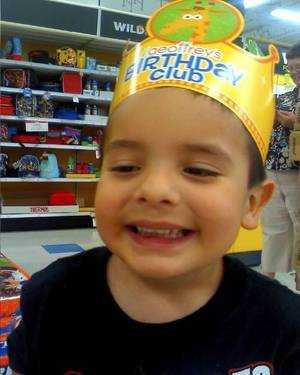
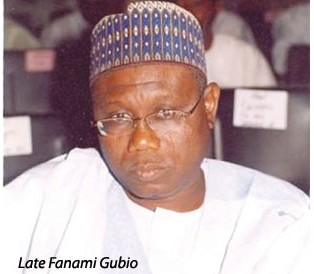


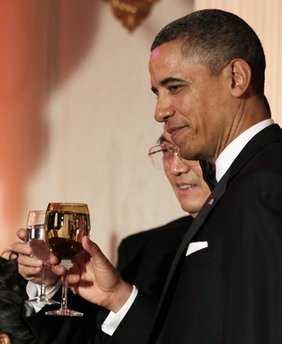

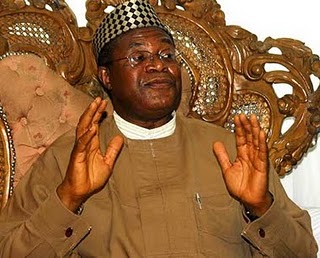




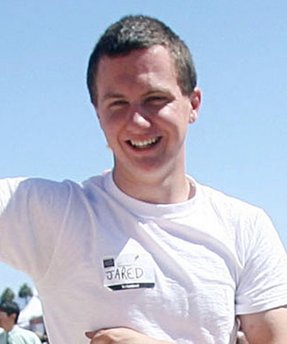

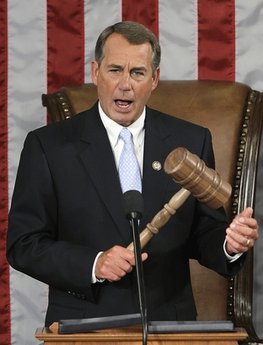


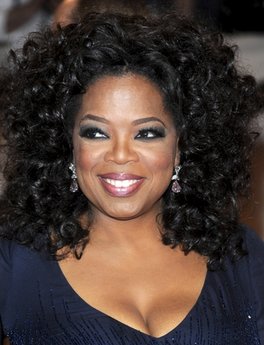
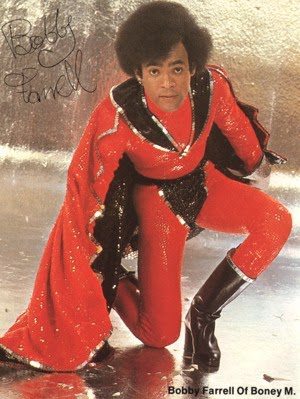

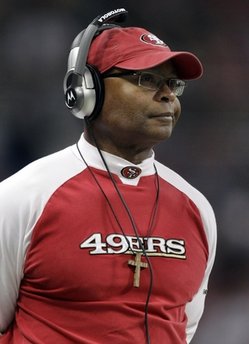

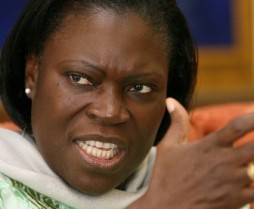


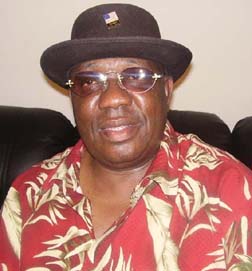




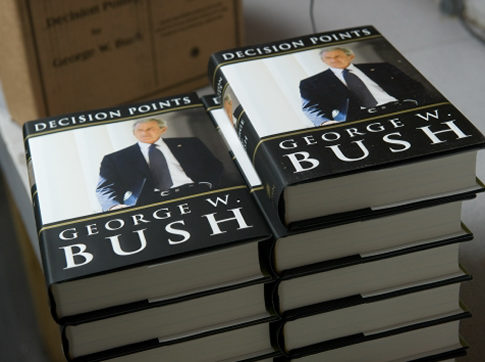


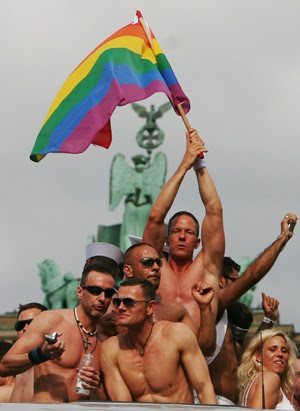


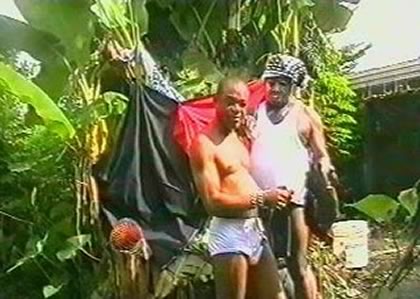


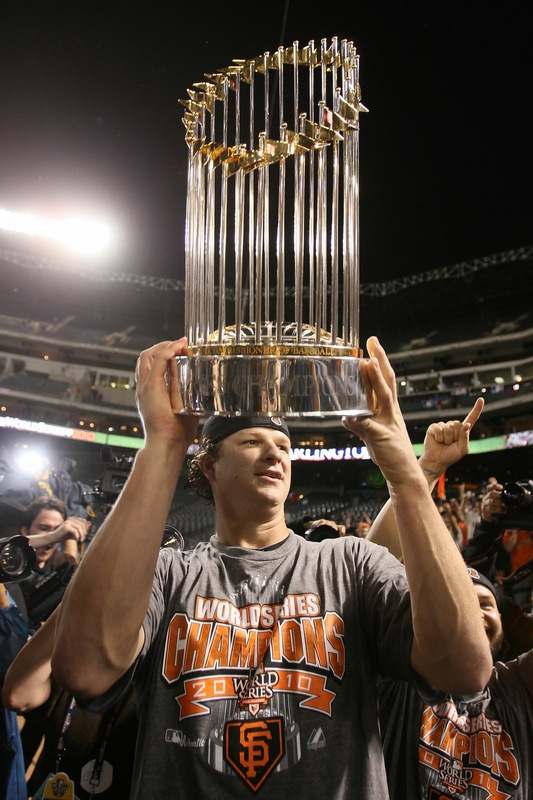



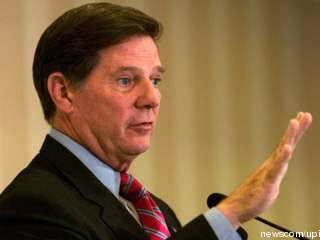
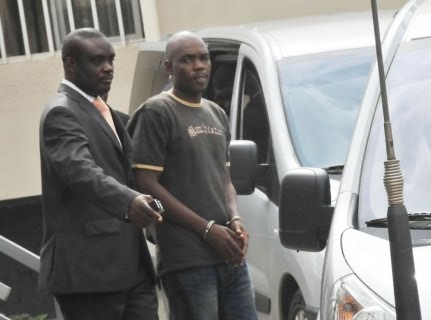
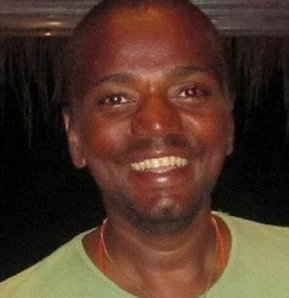
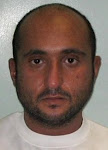

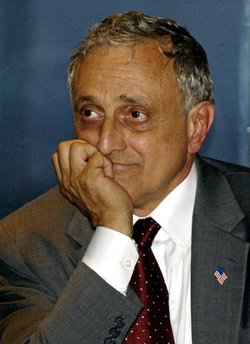


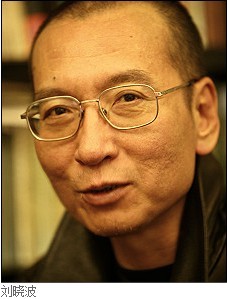
.jpg)
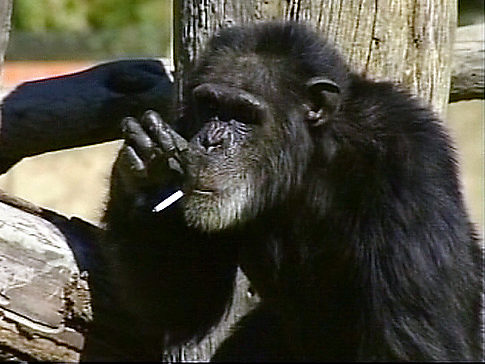

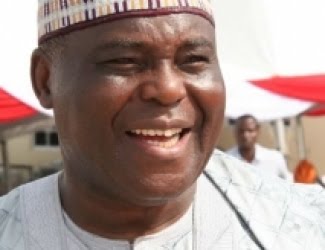
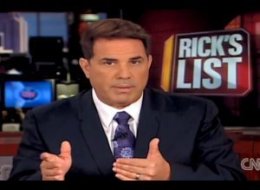


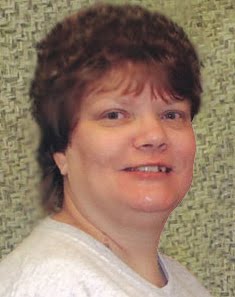



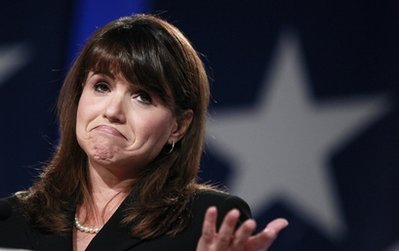

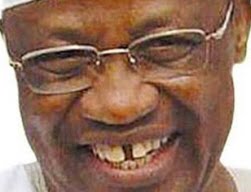

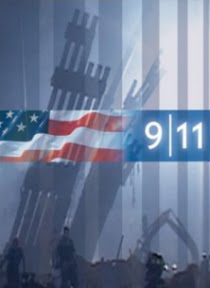

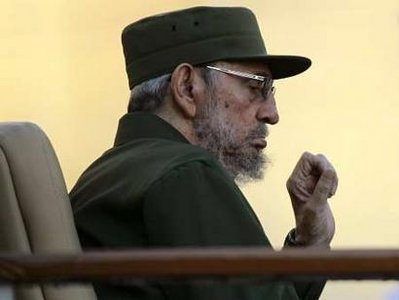



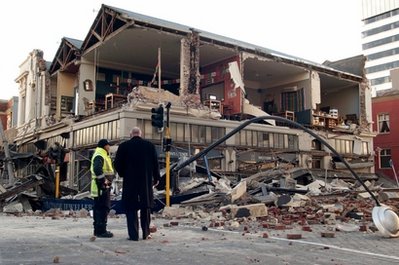





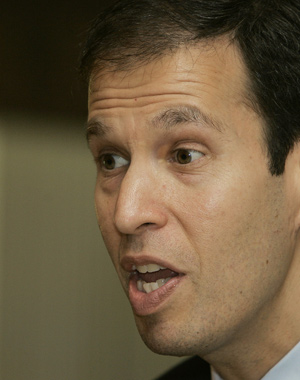

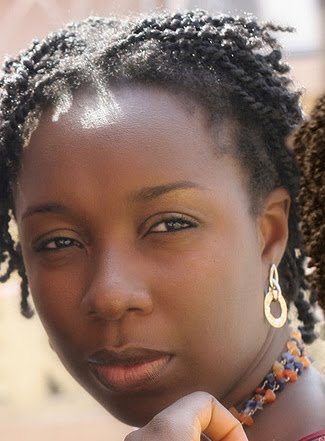

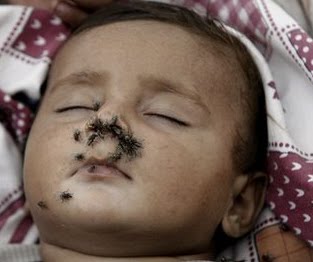


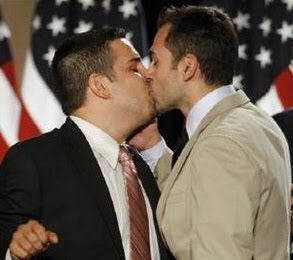


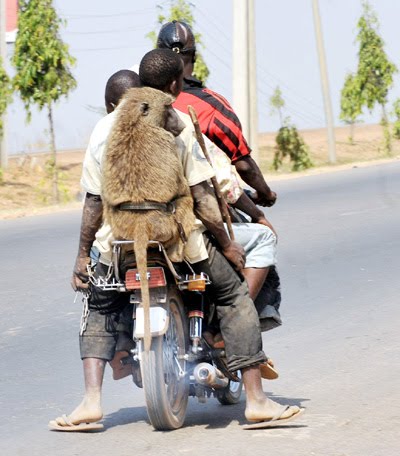



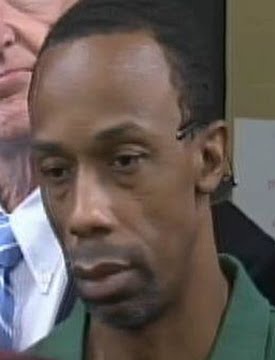
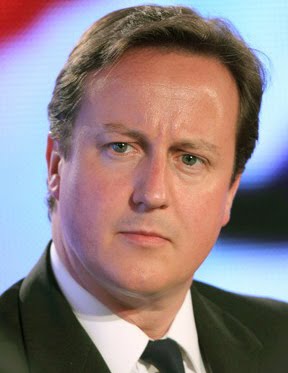
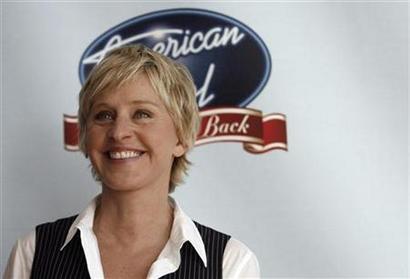
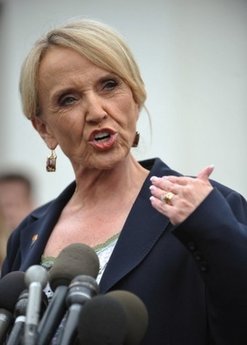
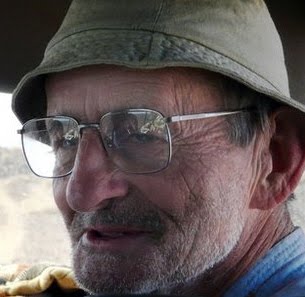


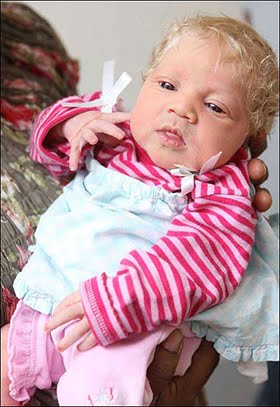


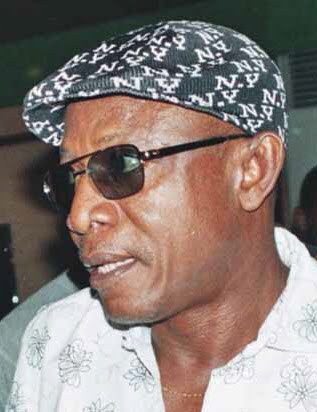




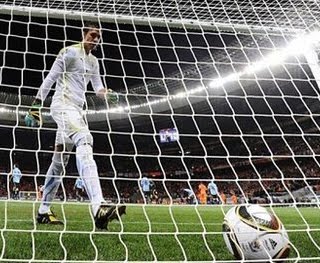

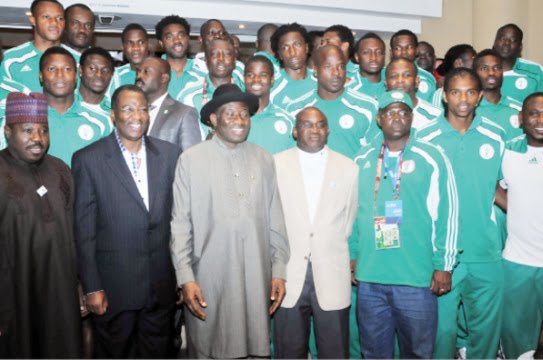


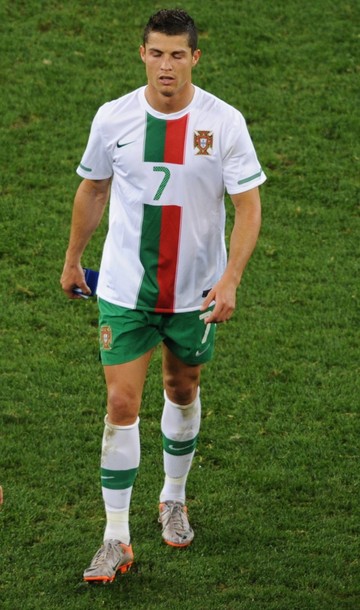
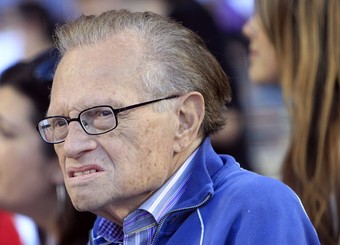

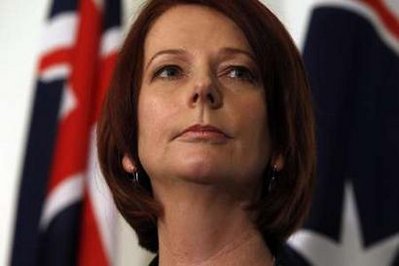
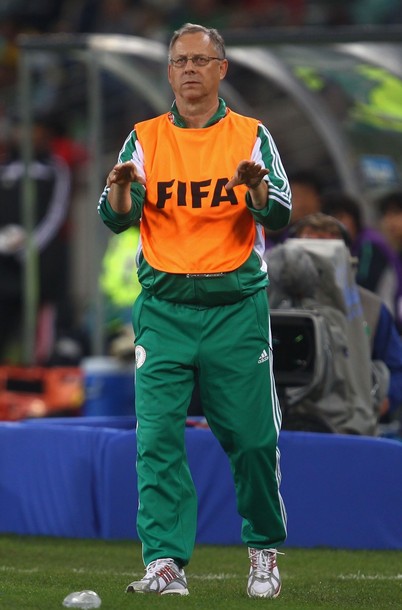




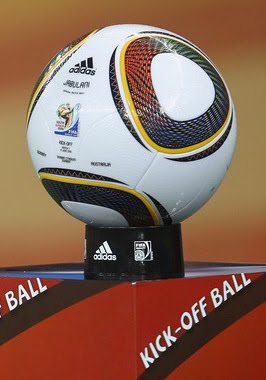


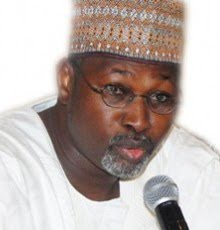

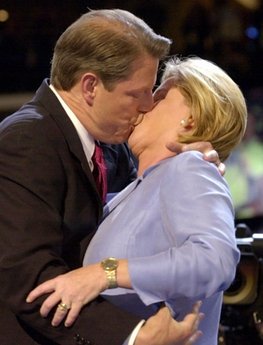

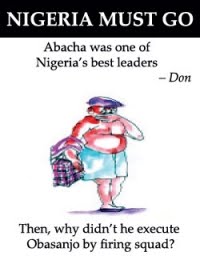

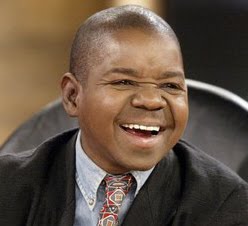

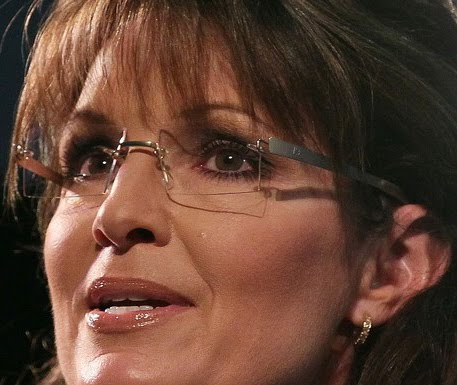


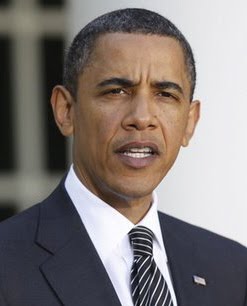
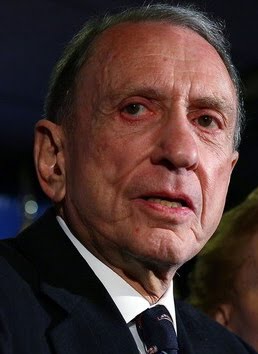


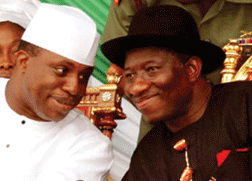

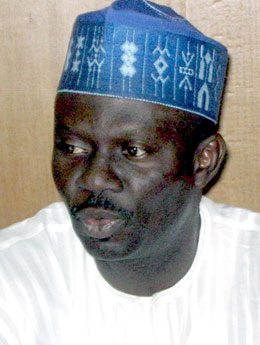
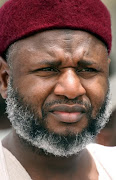
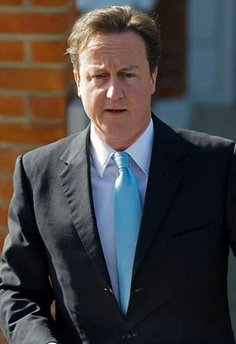
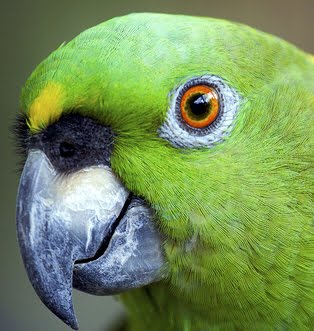
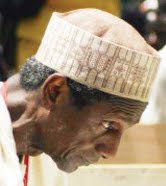
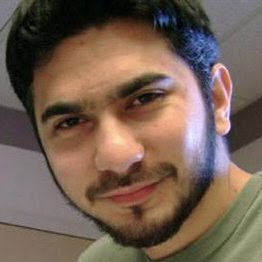
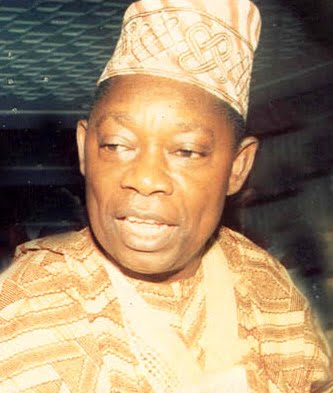

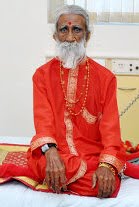
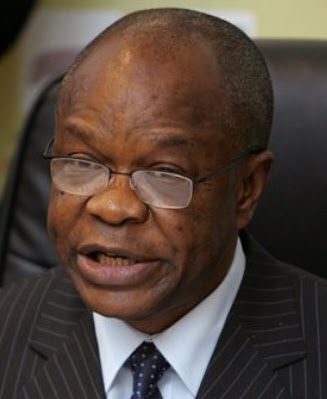

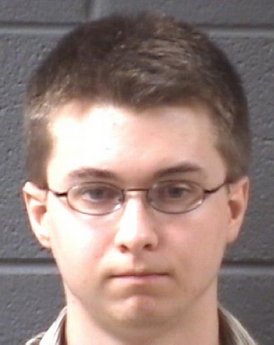
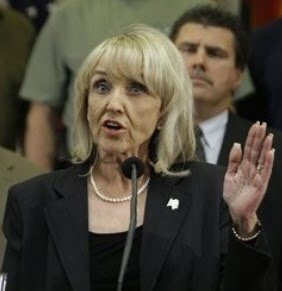
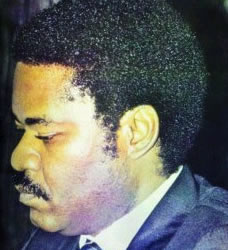
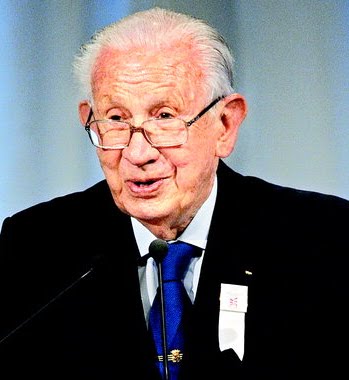
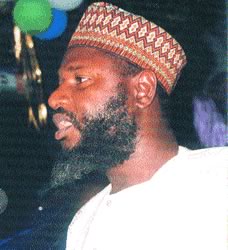


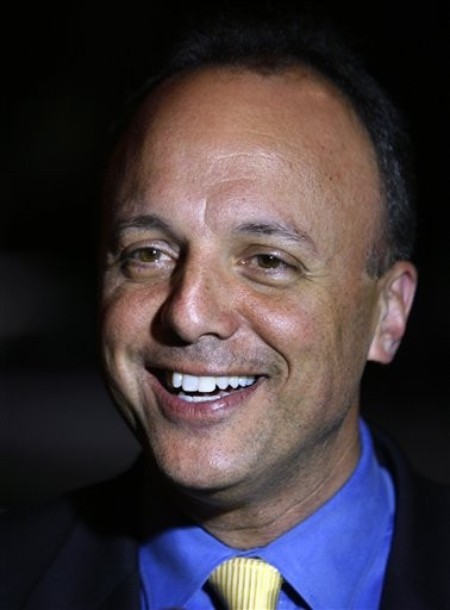
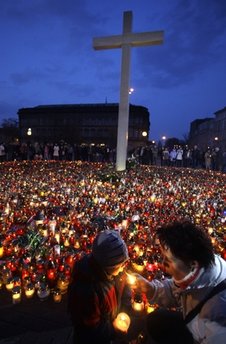

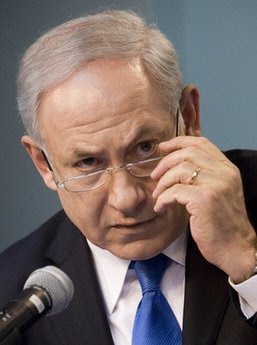
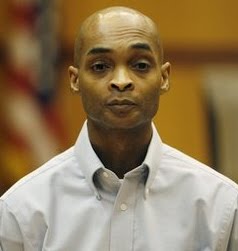
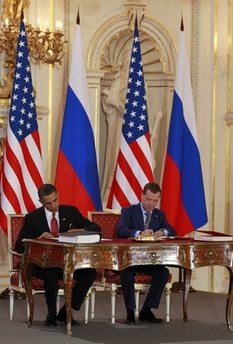

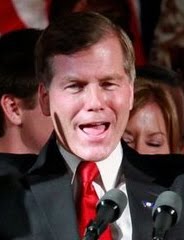

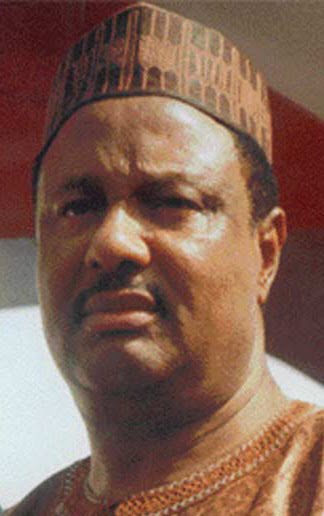
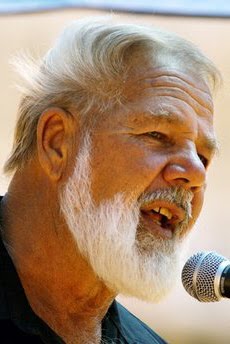


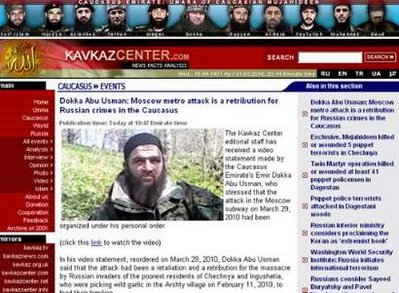

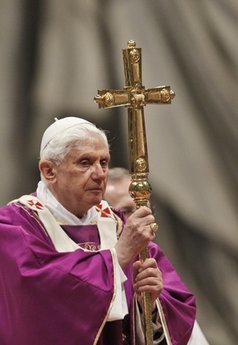
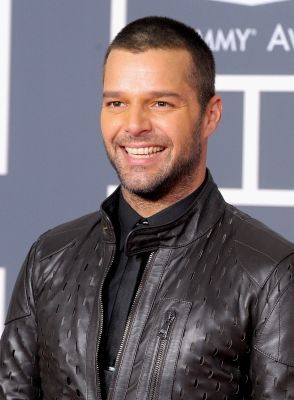
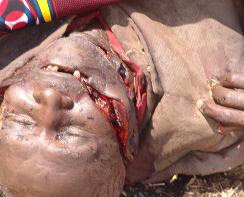
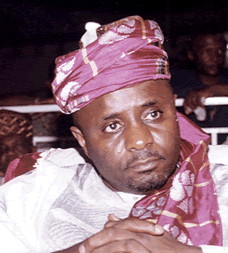
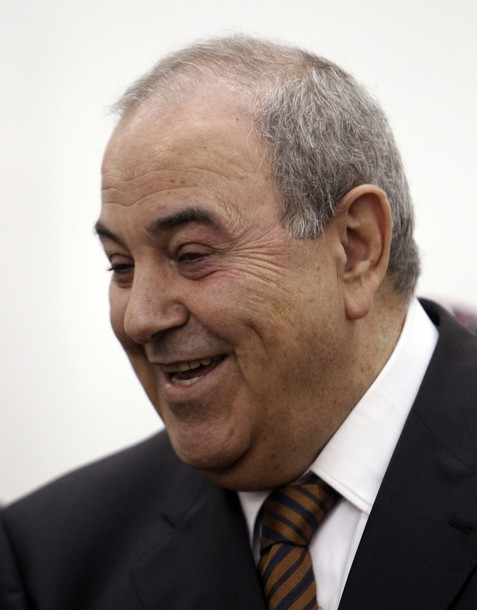
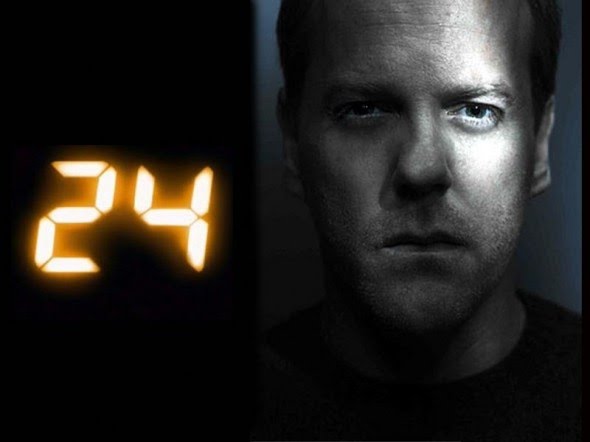


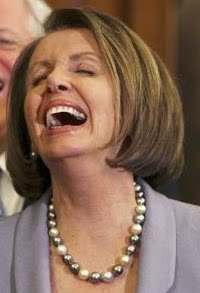
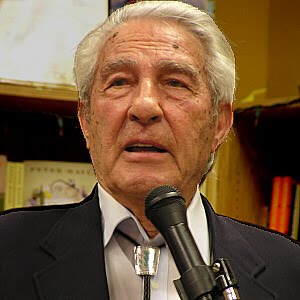
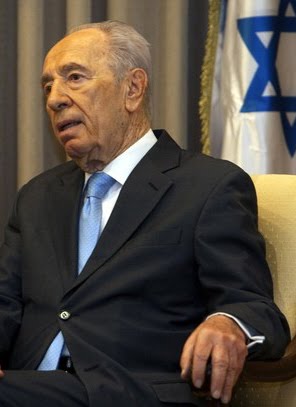
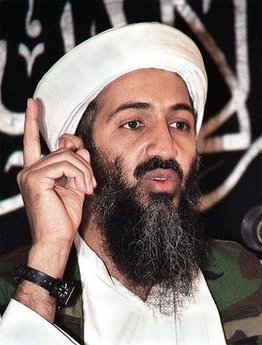
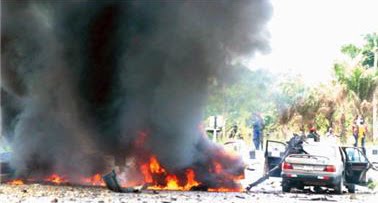

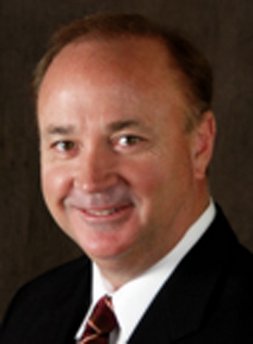
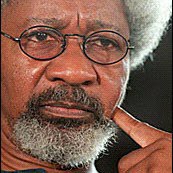
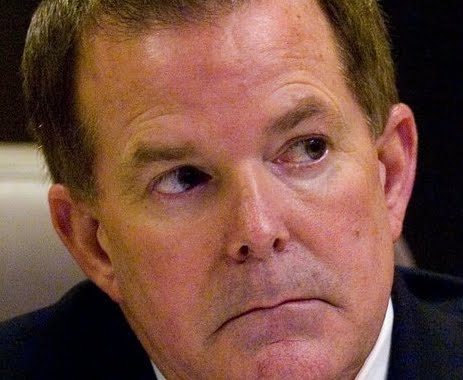

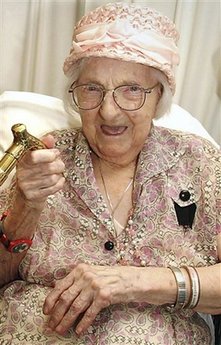

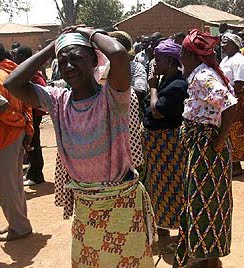
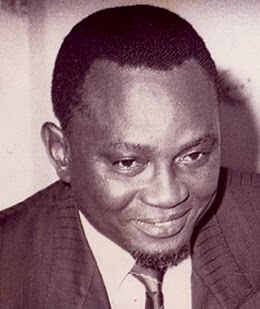
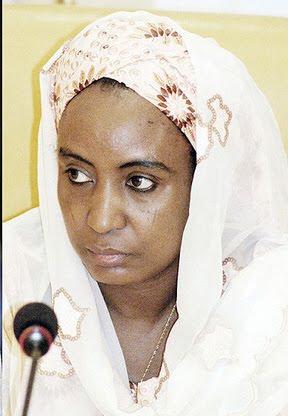
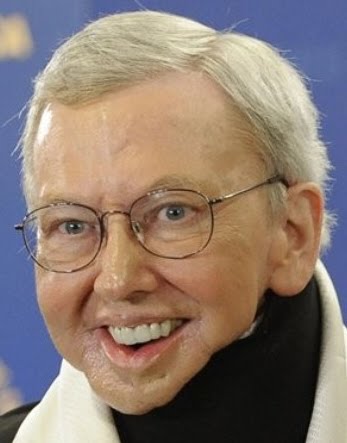
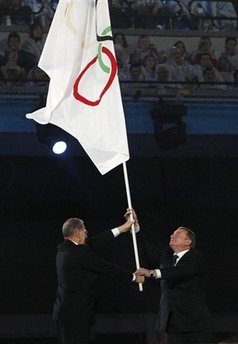
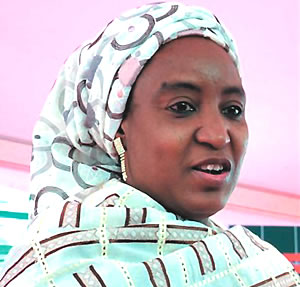
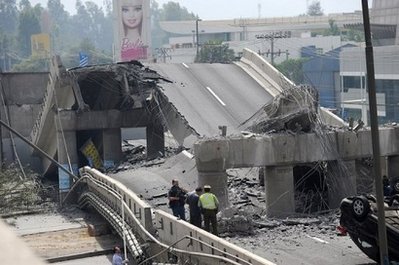
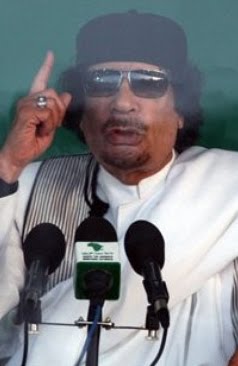


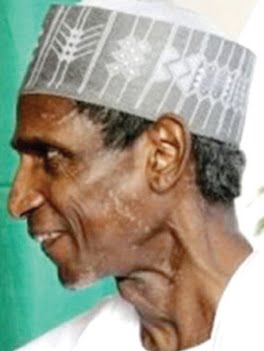


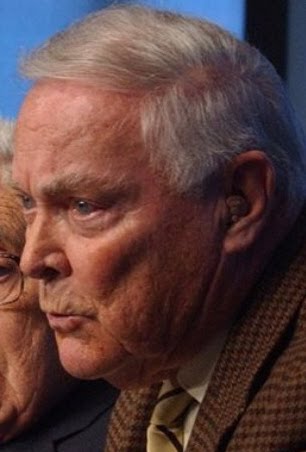
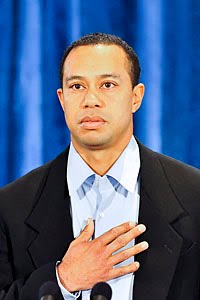

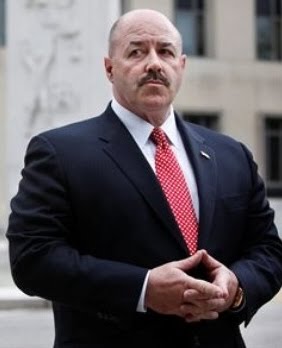

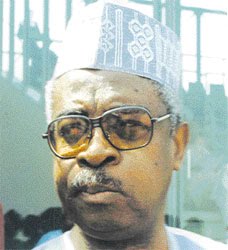

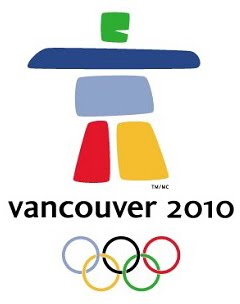
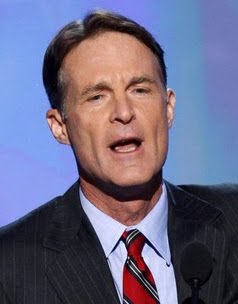
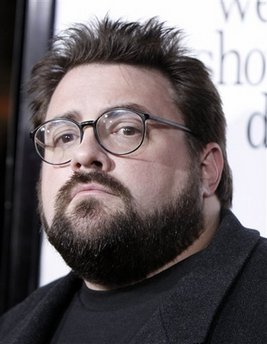




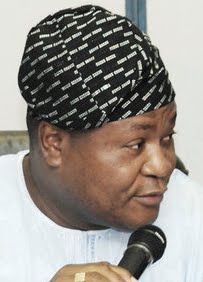
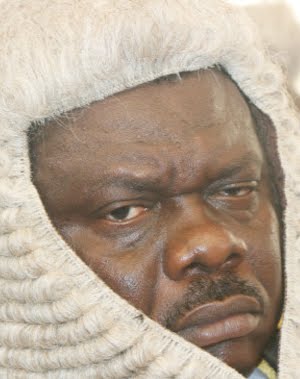
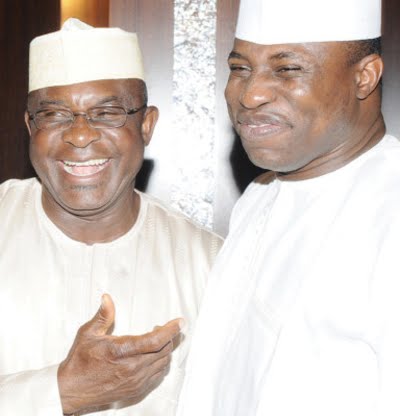
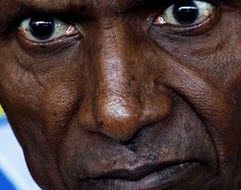
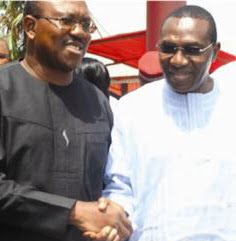

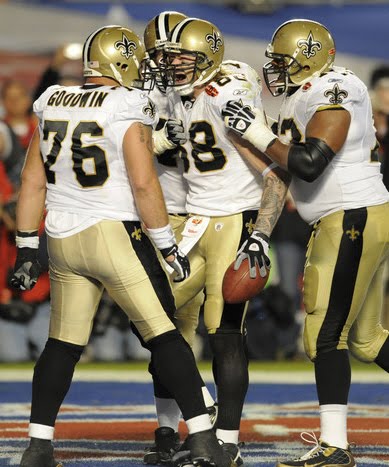
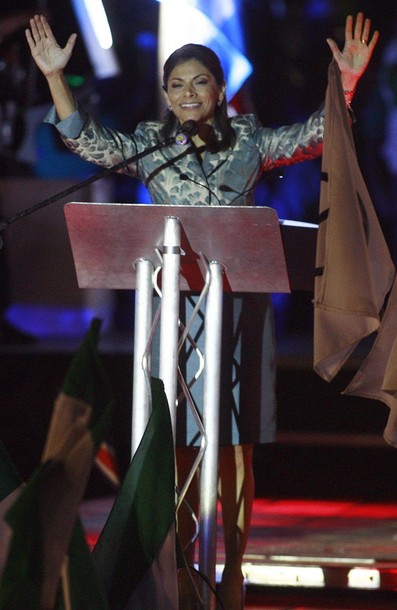
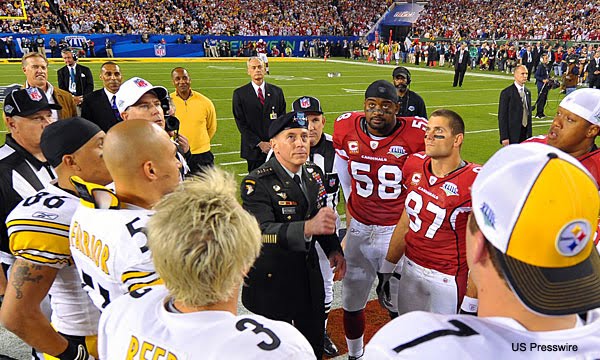
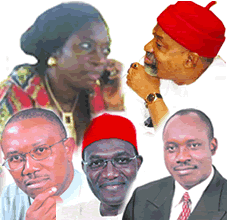



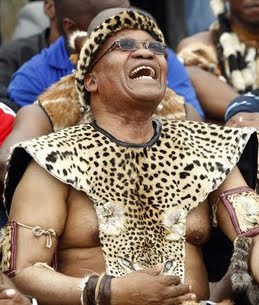
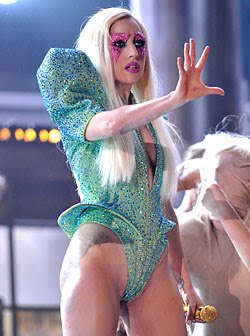


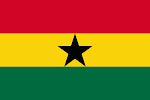

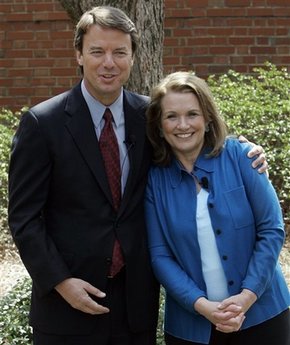
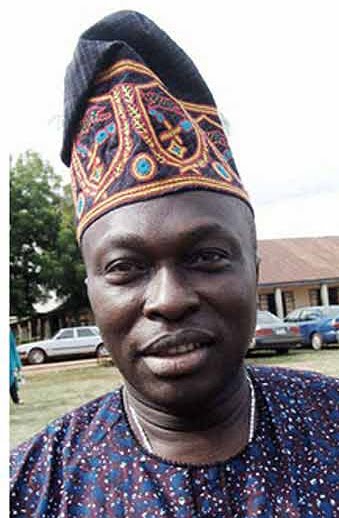

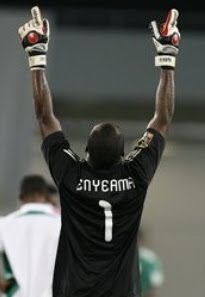

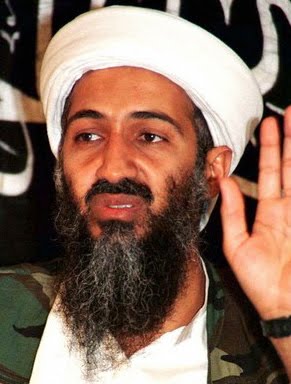
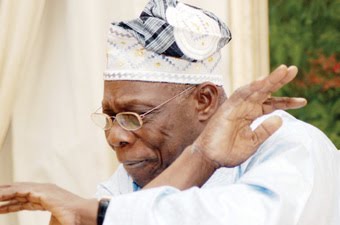
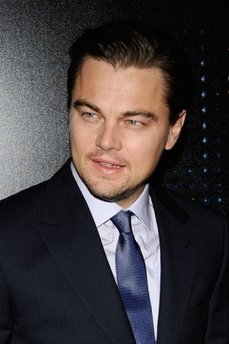

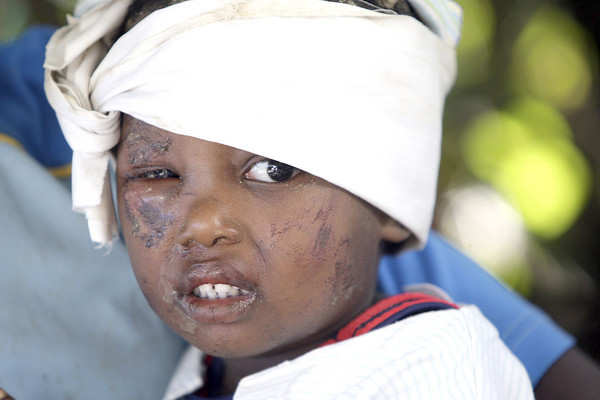
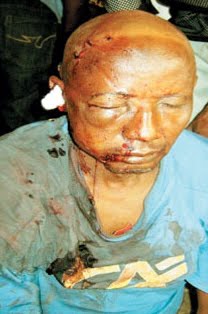
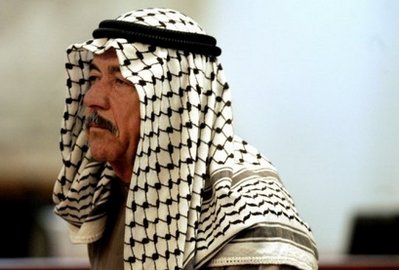
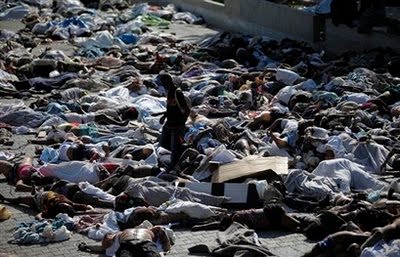
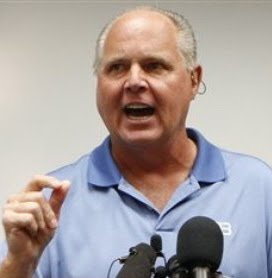
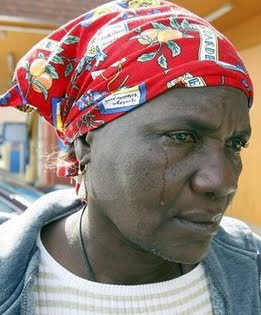
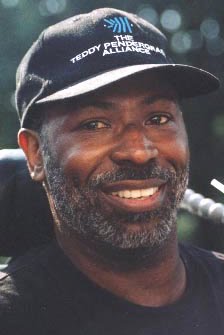

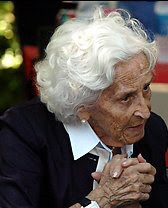

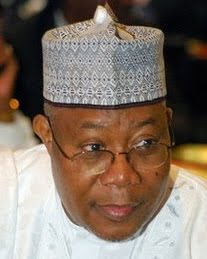

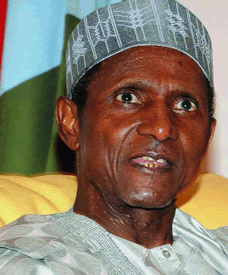
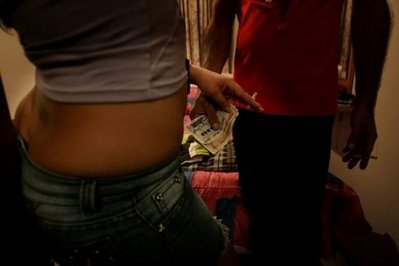
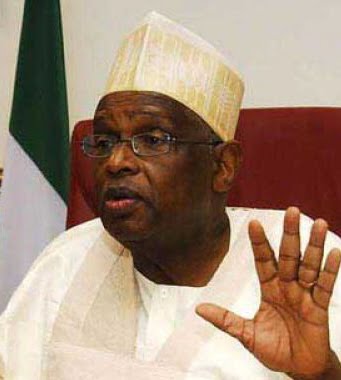
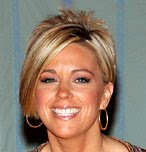
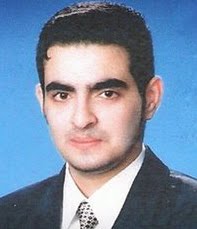



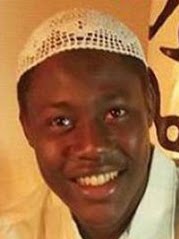
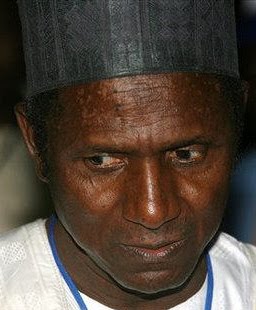
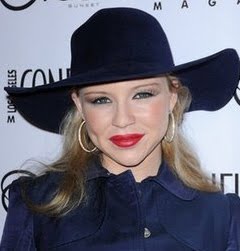

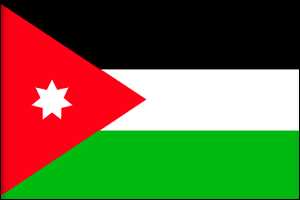
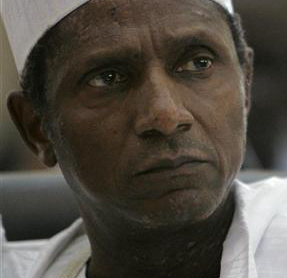



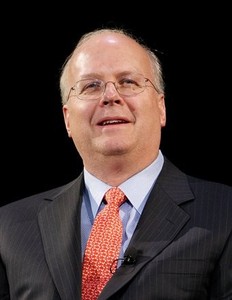
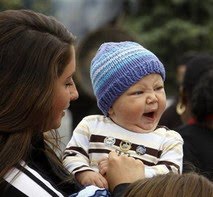

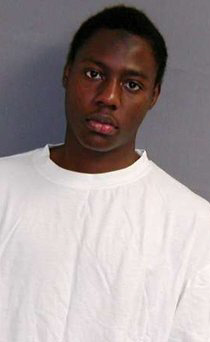
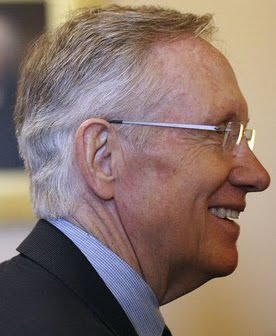

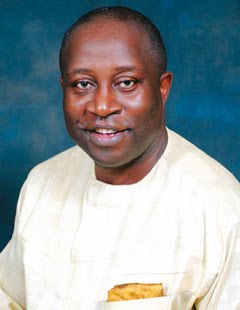
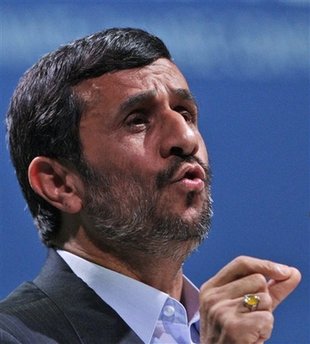








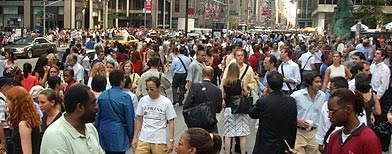





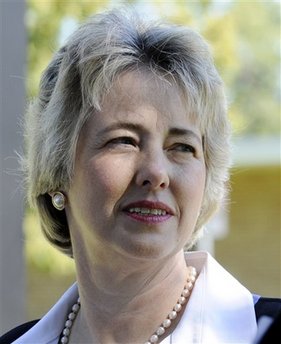

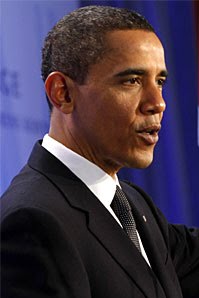


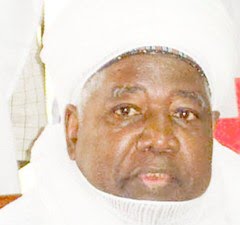

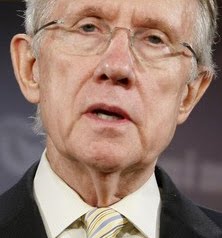

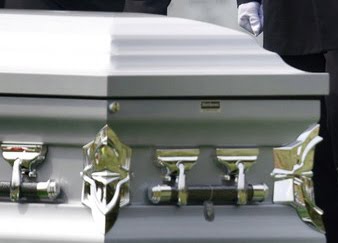
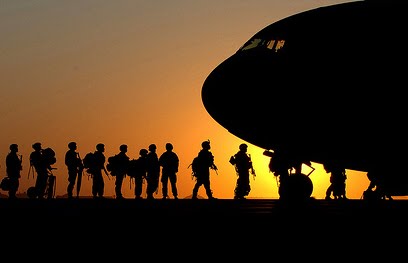
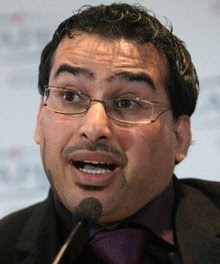
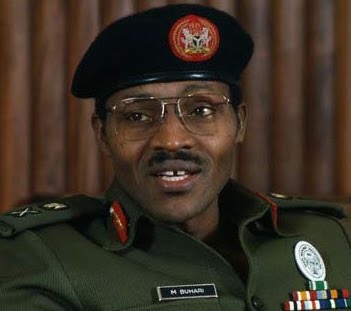
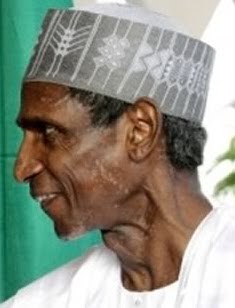





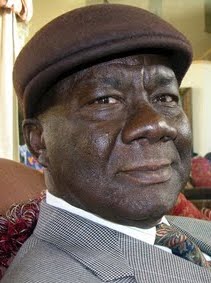
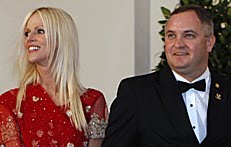


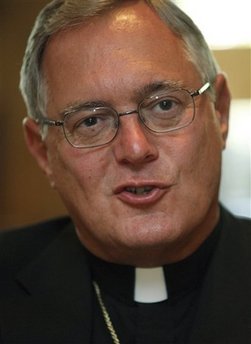
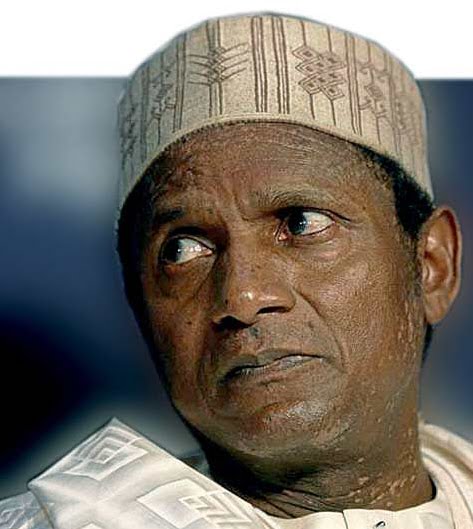
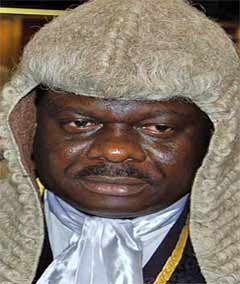

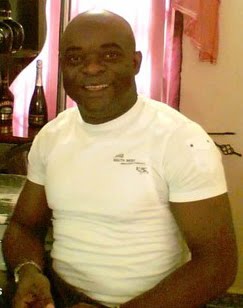

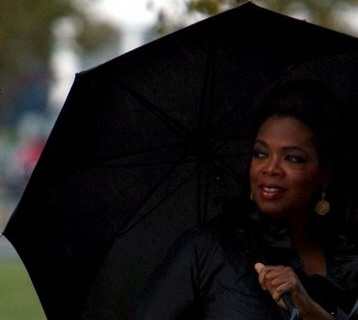

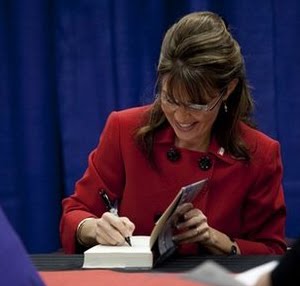
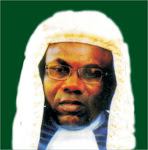
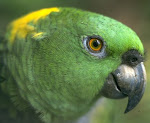
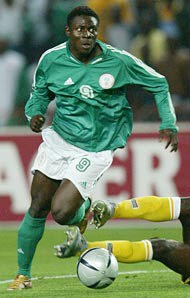
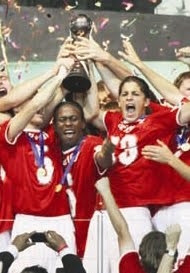
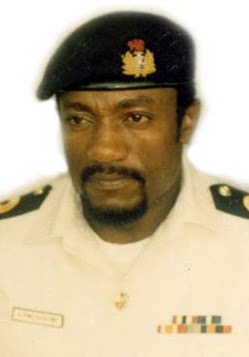
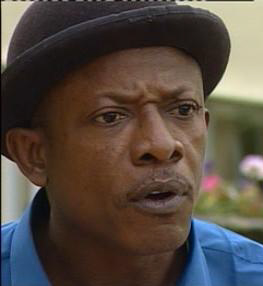
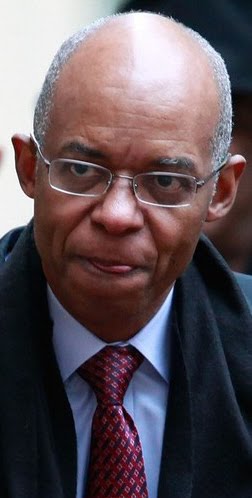
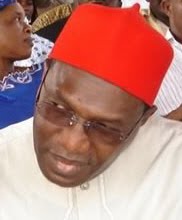

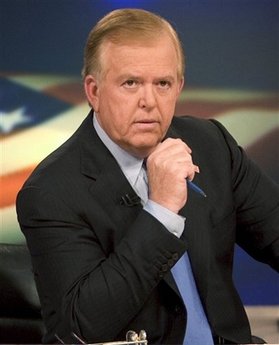
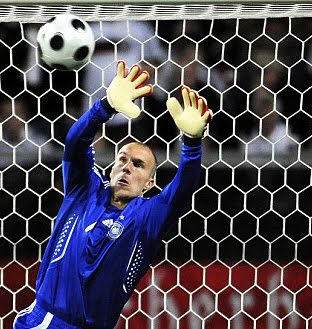
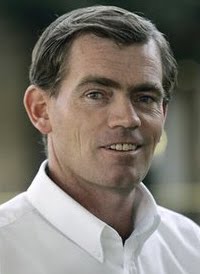
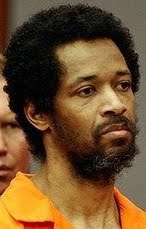
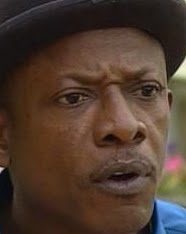
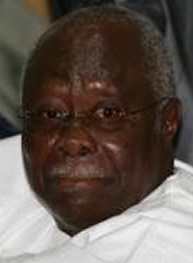


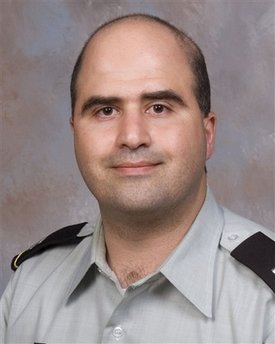
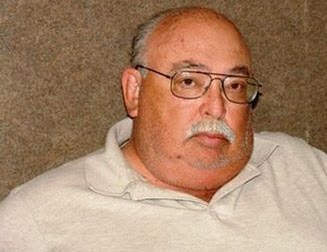
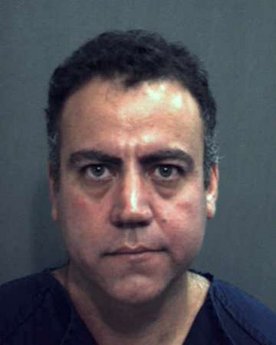


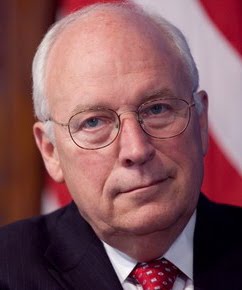
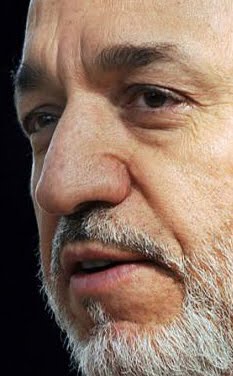
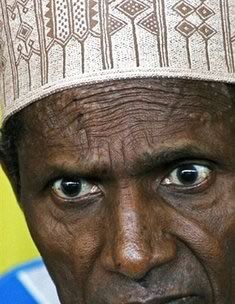
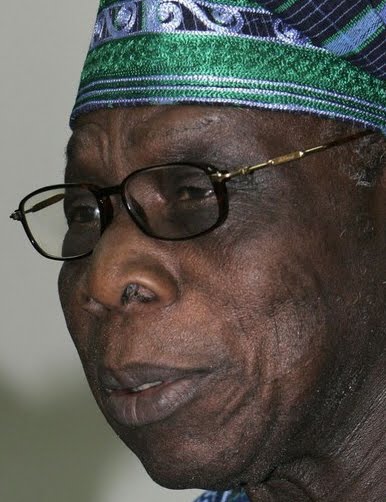
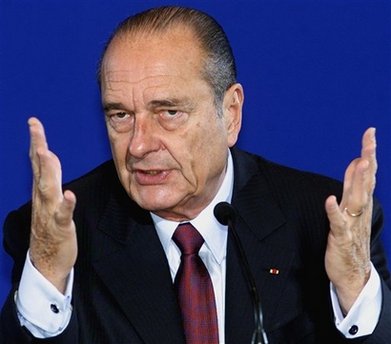
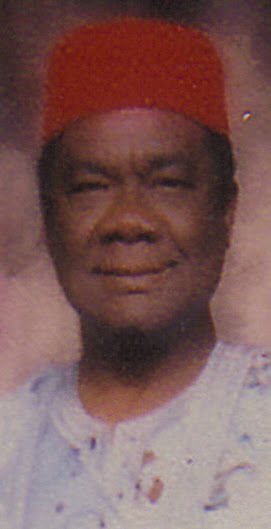
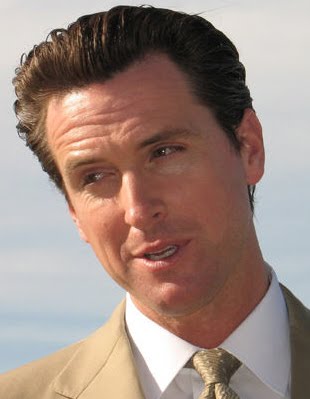
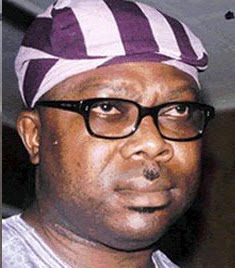


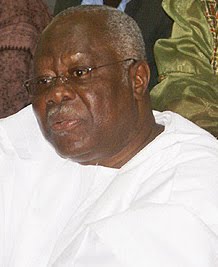
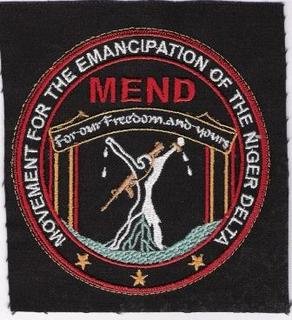
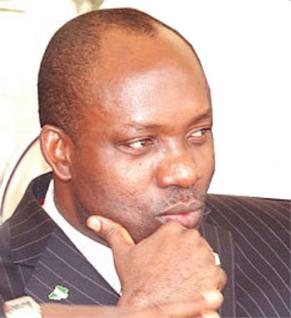
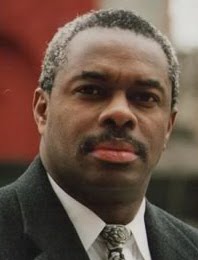
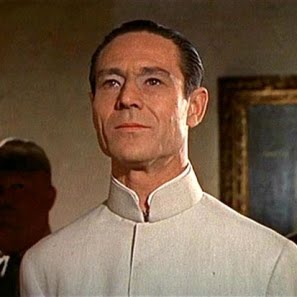

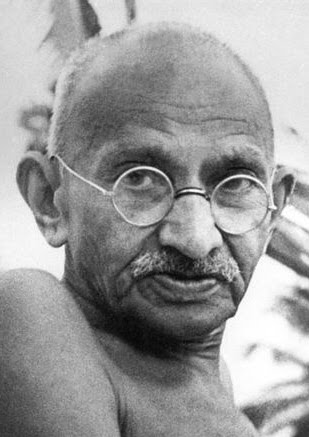



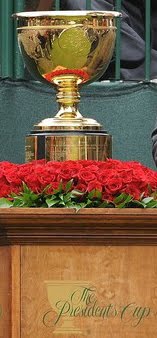
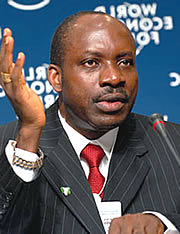
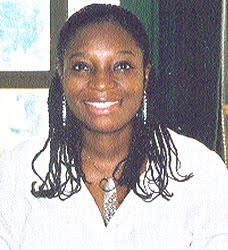
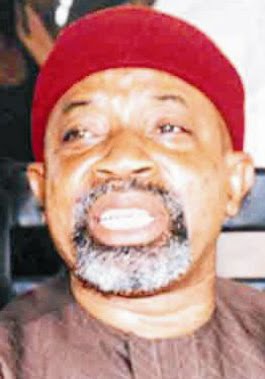

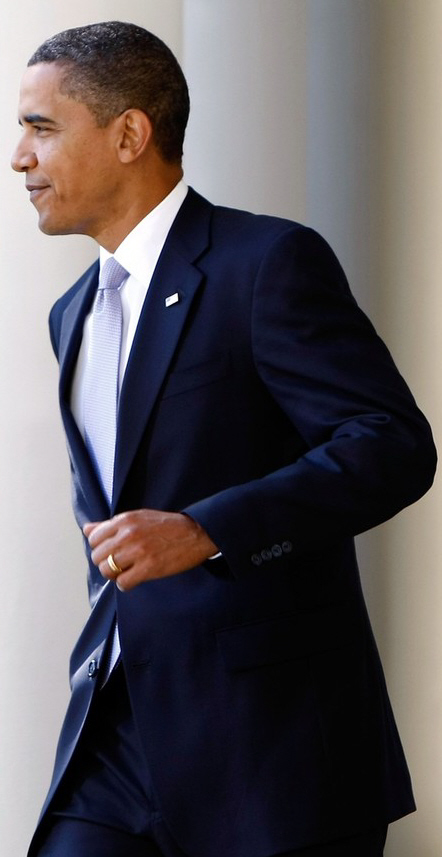

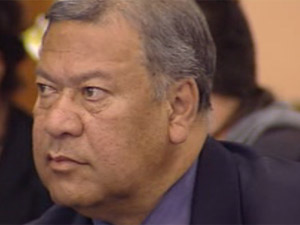
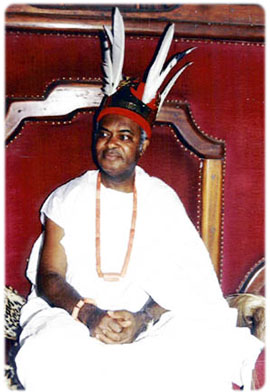

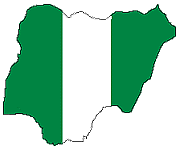

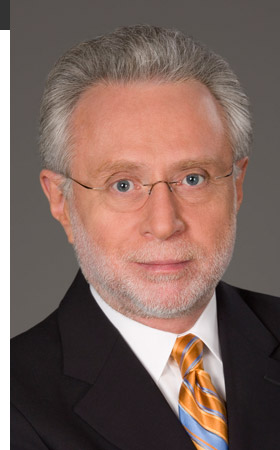
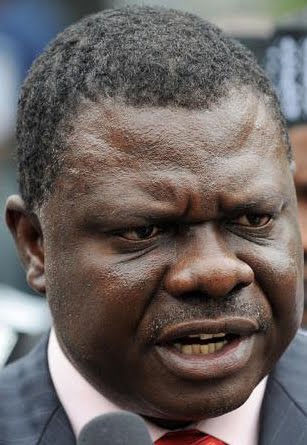
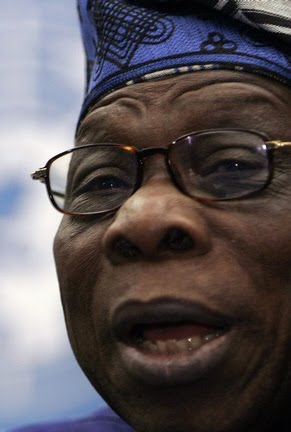
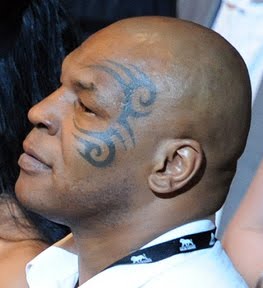

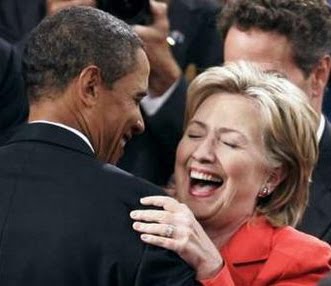
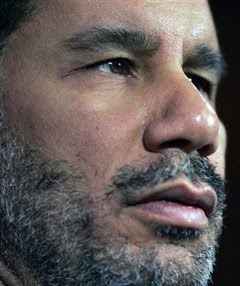

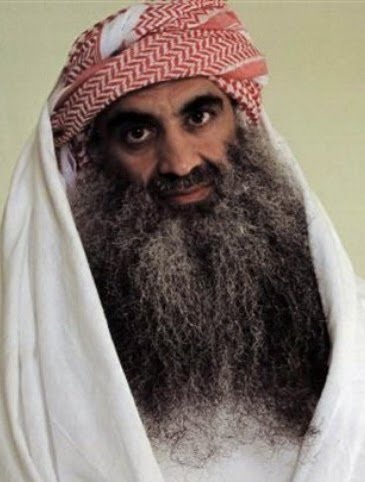

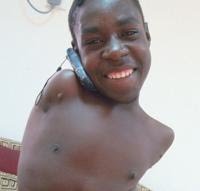
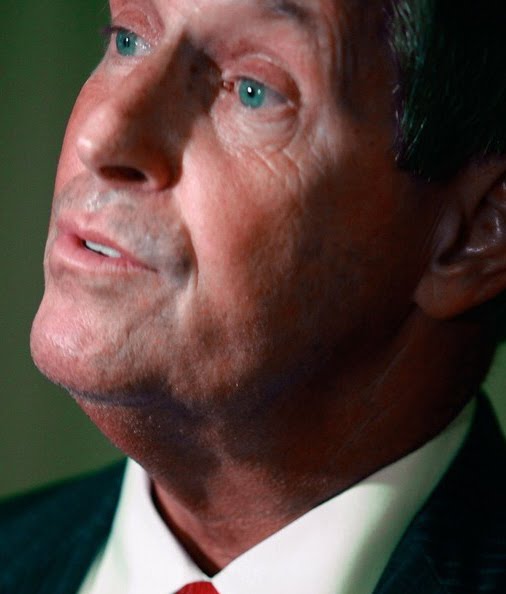



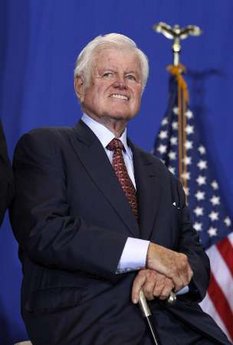
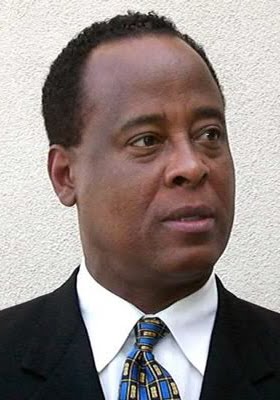
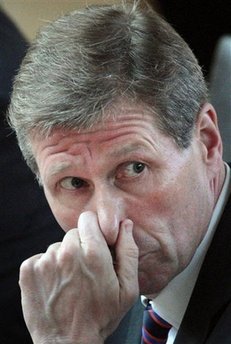
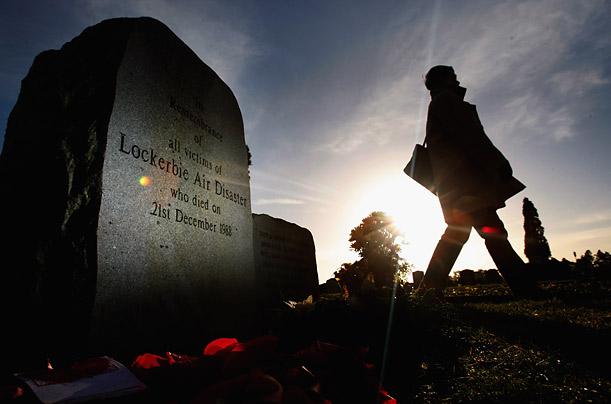
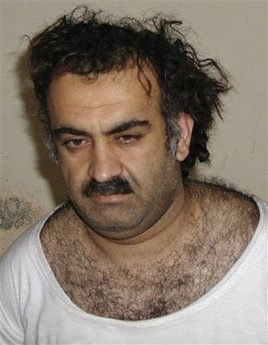
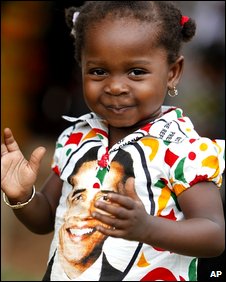
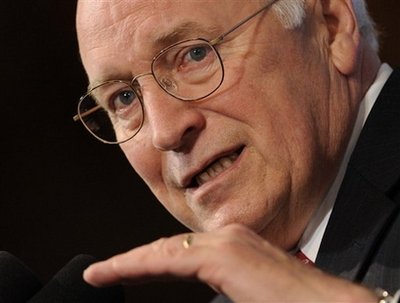
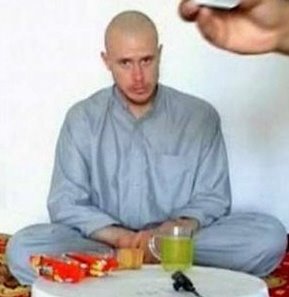
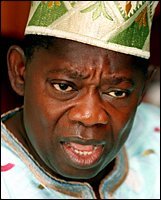
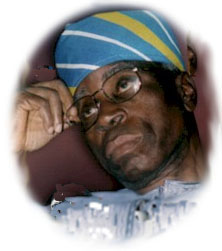
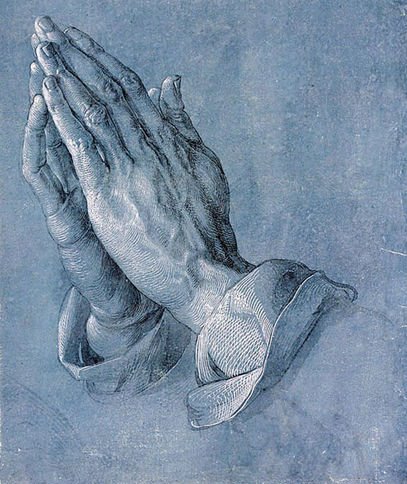

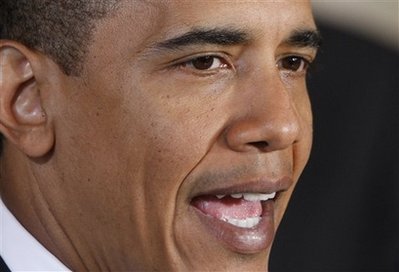


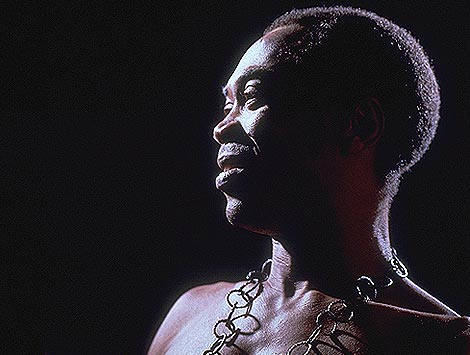
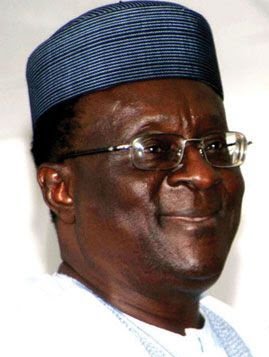
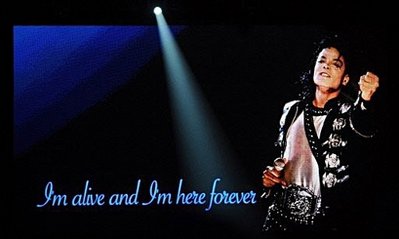


Twin assassinations leave Guinea-Bissau in turmoil
ReplyDeleteBuzz Up Send
Email IM Share
Delicious Digg Facebook Fark Newsvine Reddit StumbleUpon Technorati Yahoo! Bookmarks Print By ASSIMO BALDE AND RUKMINI CALLIMACHI, Associated Press Writers Assimo Balde And Rukmini Callimachi, Associated Press Writers – Mon Mar 2, 5:19 pm ET Play Video AP – Soldiers assassinate president of Guinea-Bissau
Slideshow:Guinea-Bissau president assassinated AP – In this May 18, 2006 file photo, Guinea Bissau's President Joao Bernardo 'Nino' Vieira talks to the media … BISSAU, Guinea-Bissau – The man who ruled this small African nation for nearly a quarter-century was assassinated Monday just hours after a bomb killed his longtime rival, the armed forces chief, leaving behind a precarious power vacuum as the country struggles to stem a booming cocaine trade.
Analysts fear the back-to-back assassinations could shake up drug cartels that use the country as a transit point for shipping cocaine to Europe, leading to new alliances.
President Joao Bernardo "Nino" Vieira had ruled Guinea-Bissau for 22 of the past 29 years, surviving numerous attempted coups, including one four months ago when gunmen opened fire on his home. Vieira later complained that the military had failed to intervene, leaving his body guards to fend off the attackers alone.
Tension between him and the head of the army escalated further in January, when Gen. Batiste Tagme na Waie received a call from the president's office, asking him to come at once, said his chief of staff Lt. Col. Bwam Namtcho. Waie rushed outside and was nearly killed when assailants opened fire on his car, a sequence of events that prompted Waie to believe the attack had been ordered by Vieira.
On Sunday, the army chief was killed when a bomb hidden beneath the staircase in his office exploded, said Namtcho.
Hours later, volleys of automatic gunfire rang out for at least two hours before dawn outside Vieira's palace. Military spokesman Zamora Induta denied the military had killed Vieira in retaliation for Waie's assassination, instead calling the attackers "an isolated group" and vowing to pursue them.
The former Portuguese colony has suffered multiple coups and attempted coups since 1980, when Vieira himself took power in one. His relationship with the army was always an uneasy one, fueled by a continuing power struggle as well as ethnic differences. Whereas most army officers are Balanta, the country's dominant ethnic group, Vieira is Papel, a far smaller ethnicity representing just 5 percent of the population.
After an attempted coup in the mid-1980s, Vieira established a military tribunal and systematically purged the top Balanta officers, condemning many of them to death. One of the country's top lawyers — who was also Balanta — was among those executed and Vieira did not back down even when Pope John Paul II asked for clemency.
While Waie was not killed, he was dropped off on a deserted island miles off the coast of the tiny nation and left there for years along with other coup plotters before being allowed back, according to country experts and Namtcho.
Vieira's death creates a dangerous opening in light of the country's appeal to cocaine smugglers.
While demand for cocaine has leveled off in America, it continues to rise in Europe, forcing Latin American drug cartels to aggressively seek new routes to smuggle cocaine to Europe. In recent years, they have begun flying small, twin-engine planes to Africa's West coast, where they land on deserted islands or on dirt runways and then parcel out the drugs to dozens of smugglers who ferry them north.
Guinea-Bissau, ringed by an archipelago of uninhabited islands, has become a key transit point for Europe-bound cocaine, with the government estimating that as much as 1,750 pounds of the drug is transiting the country's borders each week. It's an amount worth billions of dollars per year, dwarfing all other economic sectors.
"Like many countries in West Africa, Guinea Bissau has seen an increase in the amount of cocaine being trafficked over its borders during recent years," Interpol's Drugs and Criminal Organizations Unit said in a statement to The Associated Press, which detailed a special project launched by the agency to address the issue.
The power vacuum in the country could make it even more attractive for drug cartels, who under increasing pressure in neighboring countries. But Antonio Mazzitelli, West Africa director of the U.N. Office of Drugs and Crime, argues that the cocaine trade could not have flourished as it did without the approval — if tacit — of the head of state.
"I always believed that Nino (Vieira) was a good ally of the traffickers, so at the end of the day they might find themselves penalized by this situation," said Mazzitelli.
"If Nino was not part of the drug trafficking, then there was a kind of silent agreement to allow the traffickers to make their money and allow him to continue running his country."
Under this scenario, his death could lead to a reshuffling of political alliances with drug lords trying to create new partnerships.
Vieira's death comes at the same time that the leader of a recent coup in neighboring Guinea appears to be cracking down on that country's cocaine trade, which flourished after the international community pressured Guinea-Bissau to take action.
Although numerous country experts stressed that the twin assassinations were not linked to drugs, Mazzitelli also points out that the method used to kill Waie — a bomb — is highly unusual.
Coup d'etats and assassinations are common throughout the region, but they are typically carried out with kalashnikovs — not explosives. The sophistication of the bomb, which most likely was detonated from afar, raises the question of whether the killers of the army chief received expert help. Colombian cartels, for example, are known for using car bombs in their own turf wars.
Stratfor, an Austin, Texas-based intelligence service, said while a commission of military chiefs has been established to rule the country for the present, it "expects the stuggle over control of the drug trade to continue to make Guinea-Bissau an unstable and violent country."
Nigerian President Umaru Yar'Adua, who heads ECOWAS, a regional bloc of 15 African states, said he is dispatching a delegation to investigate. "The fragile political situation in Guinea-Bissau has been further weakened by these events," he said.
Meanwhile, Prime Minister Carlos Gomes Jr. praised the military, calling them "patriots" for not seizing power in a coup. The constitution calls for parliament chief Raimundo Pereira to succeed the president in the event of his death.
"In the shorter term, this is bad news," said Richard Moncrieff, the West Africa director for the International Crisis Group. "Vieira wasn't a particularly good president but there's a real problem of a security vacuum, and I think there's a strong chance of ongoing factional fighting following his death and possibly the emergence of a military strongman."
Twin assassinations leave Guinea-Bissau in turmoil
ReplyDeleteThe man who ruled this small African nation for nearly a quarter-century was assassinated Monday just hours after a bomb killed his longtime rival, the armed forces chief, leaving behind a precarious power vacuum as the country struggles to stem a booming cocaine trade.
Analysts fear the back-to-back assassinations could shake up drug cartels that use the country as a transit point for shipping cocaine to Europe, leading to new alliances.
President Joao Bernardo "Nino" Vieira had ruled Guinea-Bissau for 22 of the past 29 years, surviving numerous attempted coups, including one four months ago when gunmen opened fire on his home. Vieira later complained that the military had failed to intervene, leaving his body guards to fend off the attackers alone.
Tension between him and the head of the army escalated further in January, when Gen. Batiste Tagme na Waie received a call from the president's office, asking him to come at once, said his chief of staff Lt. Col. Bwam Namtcho. Waie rushed outside and was nearly killed when assailants opened fire on his car, a sequence of events that prompted Waie to believe the attack had been ordered by Vieira.
On Sunday, the army chief was killed when a bomb hidden beneath the staircase in his office exploded, said Namtcho.
Hours later, volleys of automatic gunfire rang out for at least two hours before dawn outside Vieira's palace. Military spokesman Zamora Induta denied the military had killed Vieira in retaliation for Waie's assassination, instead calling the attackers "an isolated group" and vowing to pursue them.
The former Portuguese colony has suffered multiple coups and attempted coups since 1980, when Vieira himself took power in one. His relationship with the army was always an uneasy one, fueled by a continuing power struggle as well as ethnic differences. Whereas most army officers are Balanta, the country's dominant ethnic group, Vieira is Papel, a far smaller ethnicity representing just 5 percent of the population.
After an attempted coup in the mid-1980s, Vieira established a military tribunal and systematically purged the top Balanta officers, condemning many of them to death. One of the country's top lawyers — who was also Balanta — was among those executed and Vieira did not back down even when Pope John Paul II asked for clemency.
While Waie was not killed, he was dropped off on a deserted island miles off the coast of the tiny nation and left there for years along with other coup plotters before being allowed back, according to country experts and Namtcho.
Vieira's death creates a dangerous opening in light of the country's appeal to cocaine smugglers.
While demand for cocaine has leveled off in America, it continues to rise in Europe, forcing Latin American drug cartels to aggressively seek new routes to smuggle cocaine to Europe. In recent years, they have begun flying small, twin-engine planes to Africa's West coast, where they land on deserted islands or on dirt runways and then parcel out the drugs to dozens of smugglers who ferry them north.
Guinea-Bissau, ringed by an archipelago of uninhabited islands, has become a key transit point for Europe-bound cocaine, with the government estimating that as much as 1,750 pounds of the drug is transiting the country's borders each week. It's an amount worth billions of dollars per year, dwarfing all other economic sectors.
"Like many countries in West Africa, Guinea Bissau has seen an increase in the amount of cocaine being trafficked over its borders during recent years," Interpol's Drugs and Criminal Organizations Unit said in a statement to The Associated Press, which detailed a special project launched by the agency to address the issue.
The power vacuum in the country could make it even more attractive for drug cartels, who under increasing pressure in neighboring countries. But Antonio Mazzitelli, West Africa director of the U.N. Office of Drugs and Crime, argues that the cocaine trade could not have flourished as it did without the approval — if tacit — of the head of state.
"I always believed that Nino (Vieira) was a good ally of the traffickers, so at the end of the day they might find themselves penalized by this situation," said Mazzitelli.
"If Nino was not part of the drug trafficking, then there was a kind of silent agreement to allow the traffickers to make their money and allow him to continue running his country."
Under this scenario, his death could lead to a reshuffling of political alliances with drug lords trying to create new partnerships.
Vieira's death comes at the same time that the leader of a recent coup in neighboring Guinea appears to be cracking down on that country's cocaine trade, which flourished after the international community pressured Guinea-Bissau to take action.
Although numerous country experts stressed that the twin assassinations were not linked to drugs, Mazzitelli also points out that the method used to kill Waie — a bomb — is highly unusual.
Coup d'etats and assassinations are common throughout the region, but they are typically carried out with kalashnikovs — not explosives. The sophistication of the bomb, which most likely was detonated from afar, raises the question of whether the killers of the army chief received expert help. Colombian cartels, for example, are known for using car bombs in their own turf wars.
Stratfor, an Austin, Texas-based intelligence service, said while a commission of military chiefs has been established to rule the country for the present, it "expects the stuggle over control of the drug trade to continue to make Guinea-Bissau an unstable and violent country."
Nigerian President Umaru Yar'Adua, who heads ECOWAS, a regional bloc of 15 African states, said he is dispatching a delegation to investigate. "The fragile political situation in Guinea-Bissau has been further weakened by these events," he said.
Meanwhile, Prime Minister Carlos Gomes Jr. praised the military, calling them "patriots" for not seizing power in a coup. The constitution calls for parliament chief Raimundo Pereira to succeed the president in the event of his death.
"In the shorter term, this is bad news," said Richard Moncrieff, the West Africa director for the International Crisis Group. "Vieira wasn't a particularly good president but there's a real problem of a security vacuum, and I think there's a strong chance of ongoing factional fighting following his death and possibly the emergence of a military strongman."
Parliament head sworn in as Guinea-Bissau leader
ReplyDeleteBuzz Up Send
Email IM Share
Delicious Digg Facebook Fark Newsvine Reddit StumbleUpon Technorati Yahoo! Bookmarks Print By TODD PITMAN, Associated Press Writer Todd Pitman, Associated Press Writer – Tue Mar 3, 3:18 pm ET Play Video AP – Soldiers assassinate president of Guinea-Bissau
Slideshow:Guinea-Bissau president assassinated AP – A soldier stands outside a collapsed section of Guinea-Bissau's military headquarters where a bomb killed … BISSAU, Guinea-Bissau – The head of Guinea-Bissau's parliament took the oath of office as president Tuesday, a day after the man who ruled this tiny, coup-prone West African nation for two decades was gunned down in front of his wife inside their villa.
A hush fell over the parliament chamber as delegates stood, solemnly observing a moment of silence for President Joao Bernardo "Nino" Vieira and his long-standing rival, the head of the armed forces.
The two were assassinated in back-to-back attacks beginning Sunday night, when a bomb hidden underneath a staircase killed the army chief inside his office. His inner circle pointed the finger at Vieira and hours later, the president was assassinated.
On Tuesday, Head of Parliament Raimundo Pereira became the country's new interim president, quelling speculation the army had been planning a coup and marking a welcome continuation of democratic rule after the two killings shocked the nation.
Speaking to several hundred lawmakers and visiting diplomats shortly afterward against the backdrop of a giant national flag hanging on the wall behind him, Pereira urged the military to respect civil rule.
"Since the era of democracy came to Guinea-Bissau, most presidents have been unable to finish their mandate," Pereira said. "My time in office will be temporary, but I will do my all to organize elections in time."
According to the constitution, a presidential ballot should be held within 60 days. "But that is only a theory right now," said parliament member Talibe Djau. "Two months is not much time to prepare after such a tragedy."
Pereira said his mission would be to help Guinea-Bissau "achieve our dreams," namely, building the foundation for peace.
In earlier comments, Pereira called for calm in the former Portuguese colony, which is struggling to stem a booming cocaine trade.
Life appeared to have returned to normal in Bissau by Tuesday. But some expressed hope things would change for the better.
"We're tired of all this violence and coups. Every time we elect somebody, something like this happens," said Marciano Alfonse Vaz, one of a couple hundred people who stood outside parliament. "We feel ashamed. All we can hope for is that now our politicians will finally help us."
The military blamed an "isolated group" of soldiers for Vieira's assassination and categorically denied the death was retribution for the killing a day earlier of Vieira's longtime rival, armed forces chief of staff Gen. Batiste Tagme na Waie.
Cheikh Tidiane Gadio, a member of a fact-finding mission sent by ECOWAS, a regional bloc of 15 African states, said late Tuesday that the twin assassinations have ramifications for the continent.
"We took it as a tragedy for Africa as a whole because once again the rest of the world is watching us and making judgments," said Gadio, who is Senegal's minister of foreign affairs.
He said ECOWAS was focused on finding answers. "We need to know what happened to President Vieira and what happened to the armed forces' chief of staff," he said.
The U.N. Security Council on Tuesday condemned the assassinations and called on Guinea-Bissau's government to bring those responsible for the killings to justice.
The left side of Guinea-Bissau's two-story military headquarters building was been blown apart in the blast, reduced to a pile of collapsed rubble.
Vieira's home, a modest bungalow in the capital, had a rocket hole beside its front door. Several cars including a black Hummer parked outside were riddled with bullet holes, and shards of glass littered the street. Gadio said the ECOWAS delegation met with Vieira's widow who said her husband had essentially been executed before her eyes.
Guinea-Bissau has suffered multiple coups and attempted coups since 1980 when Vieira himself took power in one. He was forced out 19 years later at the onset of the country's civil war, later returning from exile in Portugal to run in the country's 2005 election and win the vote.
Vieira's death creates a dangerous opening in light of the country's appeal to cocaine smugglers.
While demand for cocaine has leveled off in the U.S., it continues to rise in Europe, forcing Latin American drug cartels to aggressively seek new routes to smuggle cocaine to Europe. In recent years, they have begun flying small, twin-engine planes to Africa's West coast, where they land on deserted islands or on dirt runways and then parcel out the drugs to dozens of smugglers who ferry them north. The government estimates that as much as 1,750 pounds (800 kilograms) of the drug is transiting the country's borders each week, an amount worth billions of dollars per year.
It's unclear how the assassinations of the two powerful figures will affect the drug trade. Many have long suspected that the army chief and the president were complicit in the trade. Others — including the U.N. drug czar for the region — have argued that they were powerless to stop them.
"Drug traffickers do need partners to serve their interest and reduce the risk generated by this situation," said Antonio Mazzitelli, the West Africa director of the U.N. Office of Drugs and Crime. "Both President Vieira and Gen. Tagme were very vocal against the infiltration of narcotraffickers in the country — but also powerless against their financial power of corruption."
While the twin assassinations do not appear to be drug-related, analysts point out that the use of a bomb to kill Waie is highly unusual in West Africa, where assassinations and coups d'etat are still the domain of the Kalashnikov.
"For the first time, a bomb was used, which looks really and truly not African — that's the not the way such actions are put together (here in Africa)," said Gadio of the ECOWAS delegation.
The use of the bomb could indicate that the assassination was a contract job, led by foreigners. It's led some to point the finger at the Colombian drug cartels.
Guinea-Bissau speaker is sworn in
ReplyDeleteRaimundo Pereira must organise a new presidential election within 60 days
Guinea-Bissau's parliament has elected the speaker as the West African state's interim leader, a day after the president was assassinated.
Raimundo Pereira must organise a fresh presidential election within 60 days.
President Joao Bernardo Vieira was shot dead by soldiers who blamed him for a bomb attack that killed the army chief on Sunday.
The UN Security Council condemned the two killings and urged the government to bring those responsible to justice.
Guinea-Bissau - a major transit point for Latin American cocaine headed for Europe - has been plagued by political unrest since it gained independence from Portugal in 1974.
FROM THE BBC WORLD SERVICE
More from BBC World Service
Before taking the oath of office on Tuesday, national assembly leader Mr Pereira said Guinea-Bissau was "facing a very delicate situation".
He called on MPs "to assume their responsibility toward the nation".
Lawmakers in the capital Bissau also observed a moment of silence for President Vieira and for the army chief-of-staff Gen Tagme Na Waie.
Life in the city began to return to normal with some businesses re-opening, although shoppers briefly fled two market places in panic after rumours spread of fresh shooting, according to Reuters news agency.
'Fragile situation'
Guinea Bissau swears in new leader
The United Nations Security Council "condemns in the strongest terms the assassinations," the 15-member body said in a statement.
"The Security Council reaffirms its commitment to support the efforts of the government and people of Guinea-Bissau to consolidate democratic institutions, peace and stability in that country".
The statement also said the council "opposes any attempt to change the government through unconstitutional means".
Diplomats representing West African and Portuguese-speaking nations have also said they hope the constitution will be honoured.
Nigerian President Umaru Yar'Adua, who heads the 15-member regional bloc Ecowas, has sent a delegation to the country.
Obituary: President Vieira
Haunted by history of crisis
"The fragile political situation in Guinea-Bissau has been further weakened by these events," he said.
Soldiers killed President Vieira early on Monday in an apparent tit-for-tat attack after Gen Waie was blown up in his headquarters hours earlier.
The African Union's Peace and Security Council decided not to suspend Guinea-Bissau when it met in the Ethiopian capital Addis Ababa on Tuesday, as it said the attacks did not represent a coup.
The AU suspended neighbouring Guinea and Mauritania after coups last year.
Guinea-Bissau's army has denied it is launching a coup and has promised to honour the constitution.
Portugal's foreign minister also arrived in Bissau and reportedly said he did not see any need for international military intervention in the country.
Senegalese President Abdoulaye Wade has reportedly sent a plane to pick up Mr Vieira's wife and children and take them to Dakar.
Guinea-Bissau, an impoverished former Portuguese colony of 1.6 million people, has been plagued by coups since 1980, when Mr Vieira himself first came to power in one.
Monday's attack was the second on President Vieira in recent months.
In November, his residence was targeted by soldiers with automatic weapons.
In January, Gen Waie had a narrow escape when unidentified gunmen opened fire on his car.
He reportedly suspected the attack had been ordered by Mr Vieira, as he had just stepped outside after receiving a call from the presidency asking him to come at once.